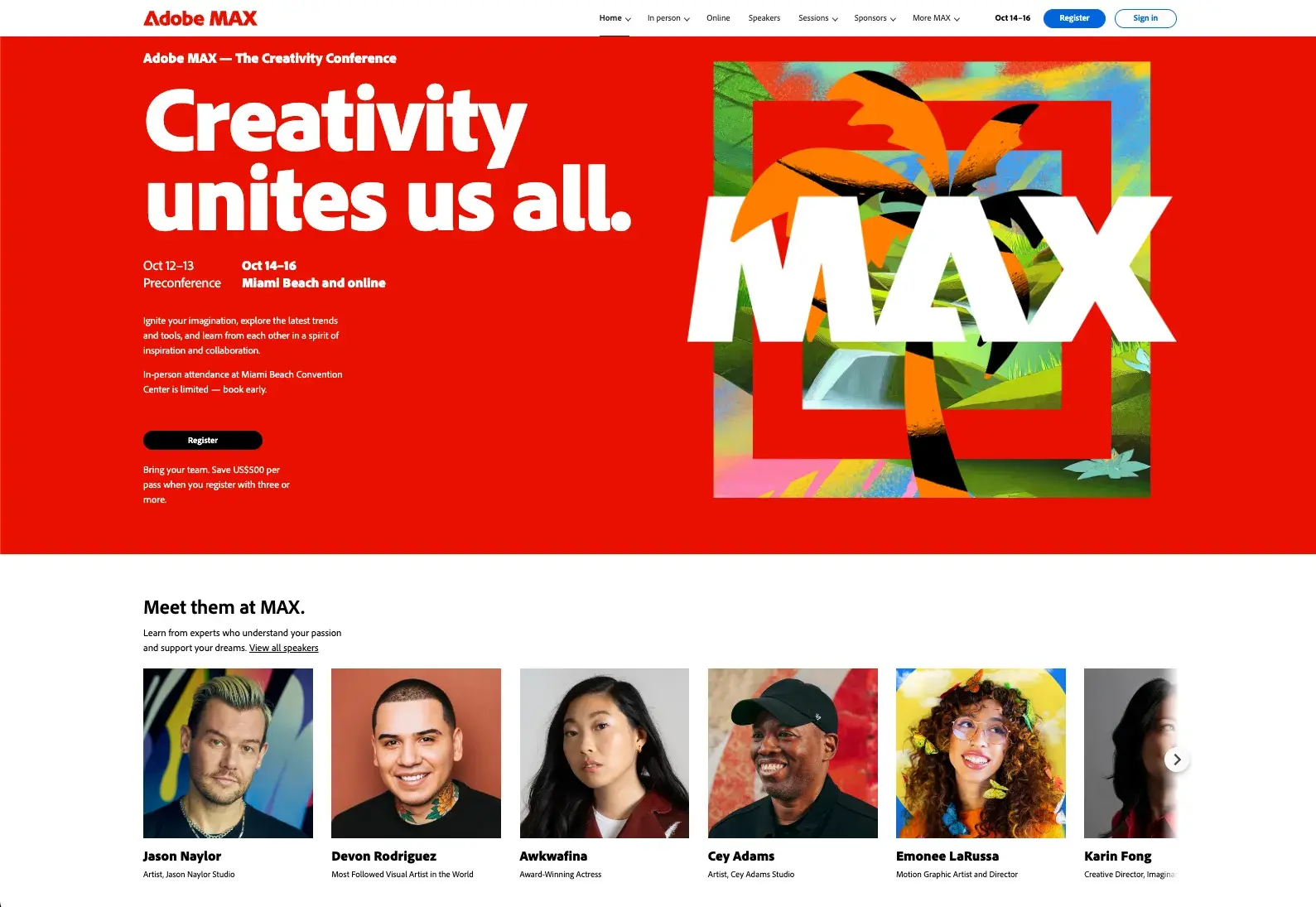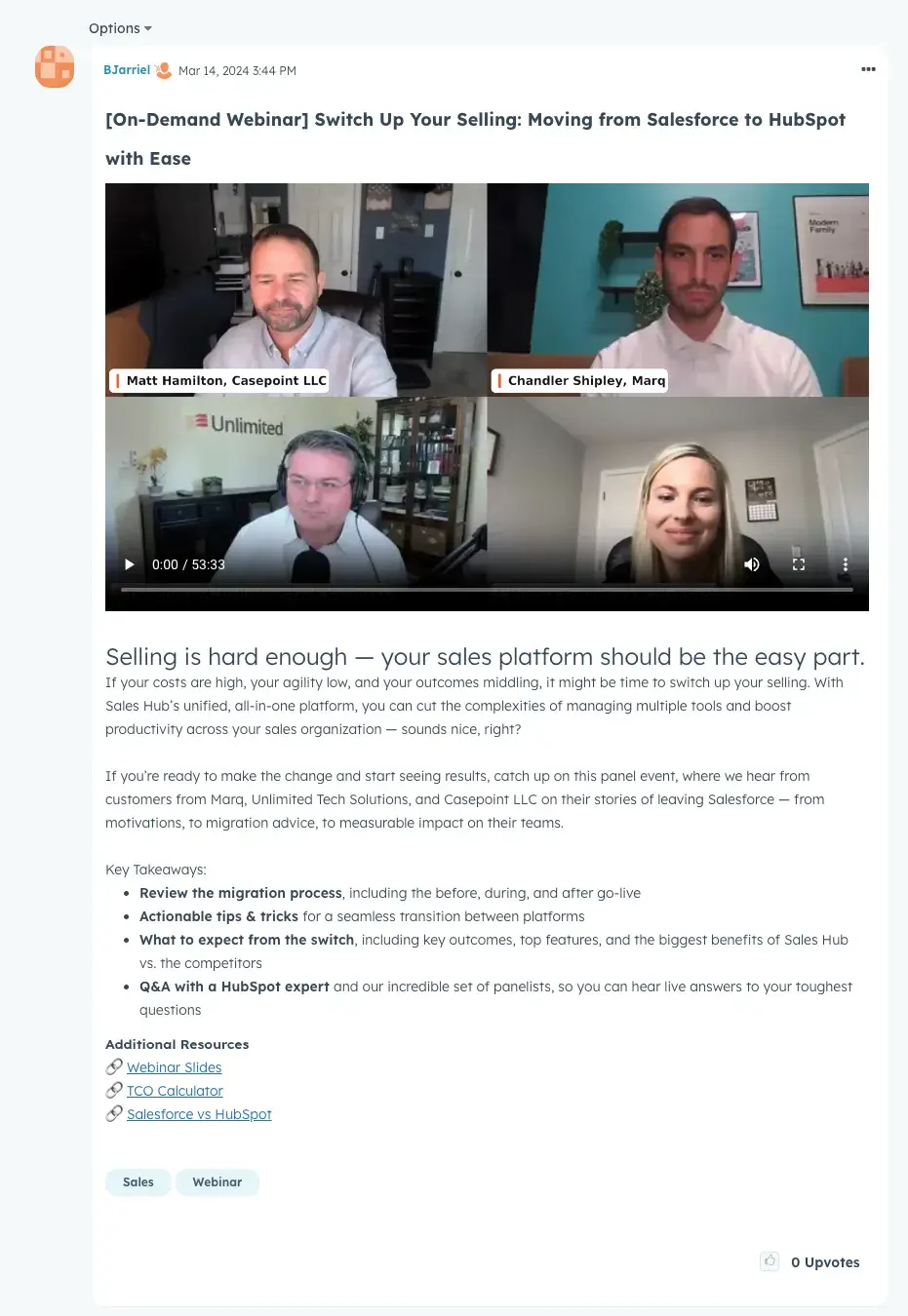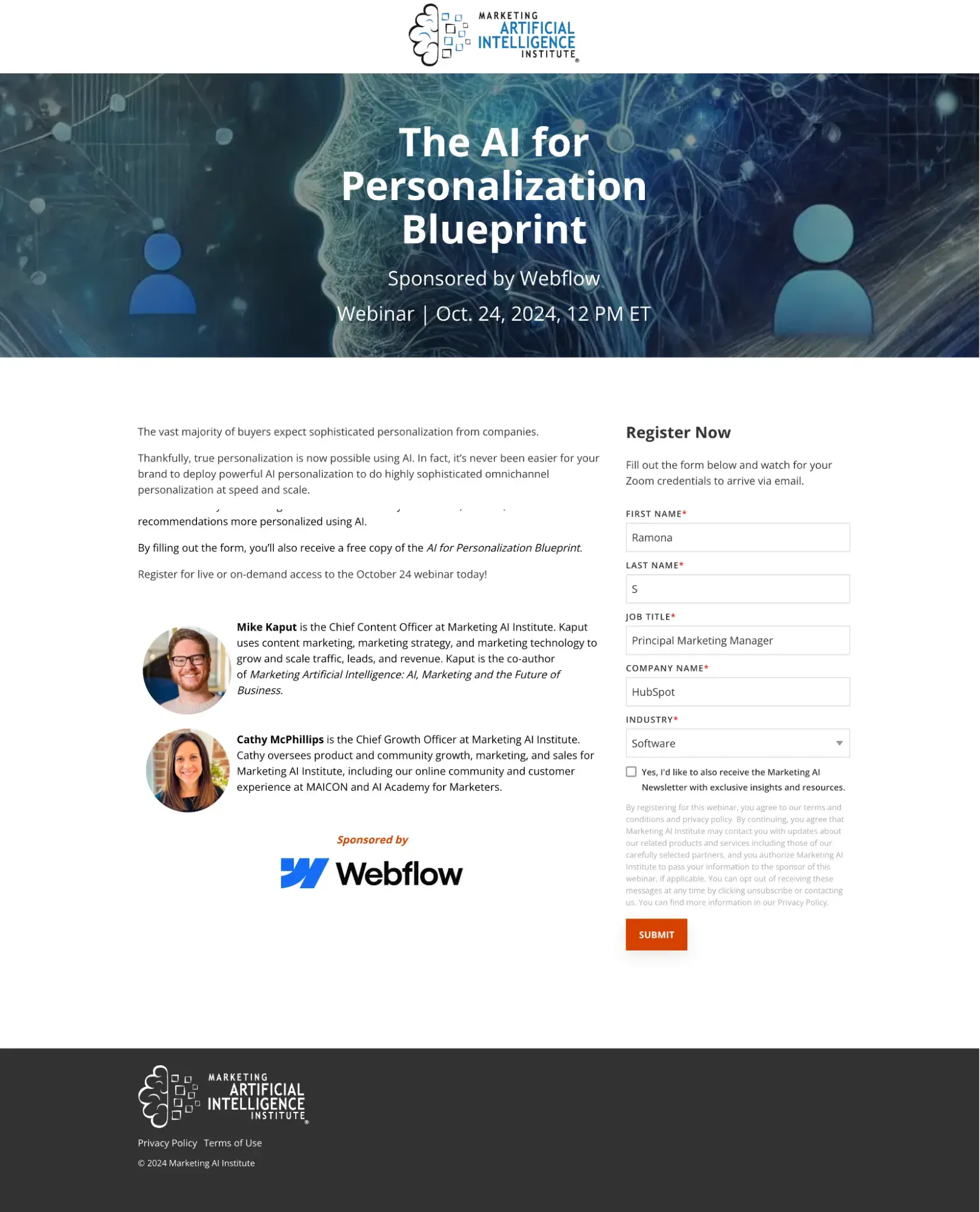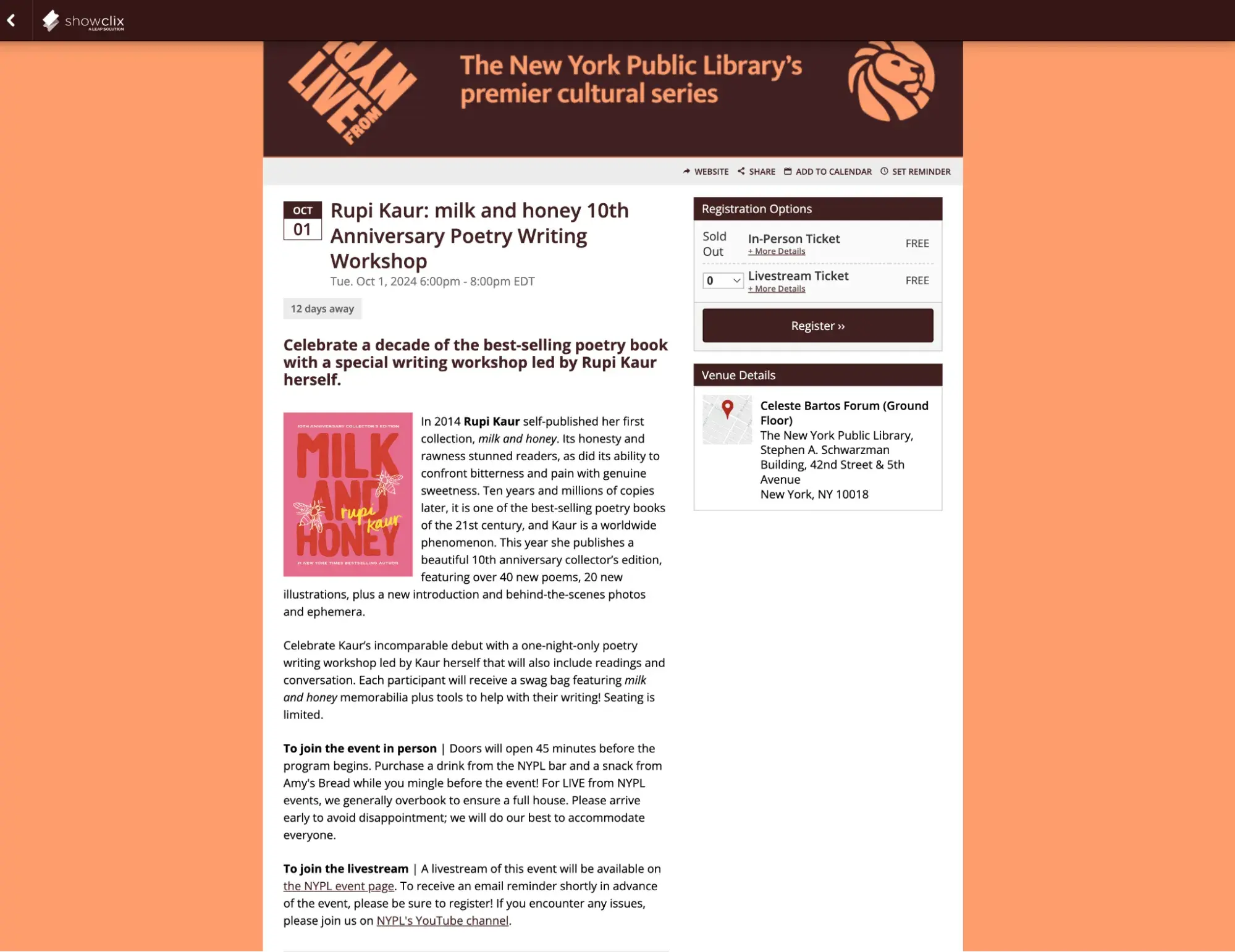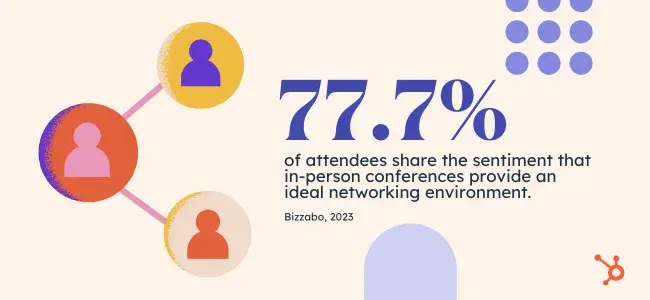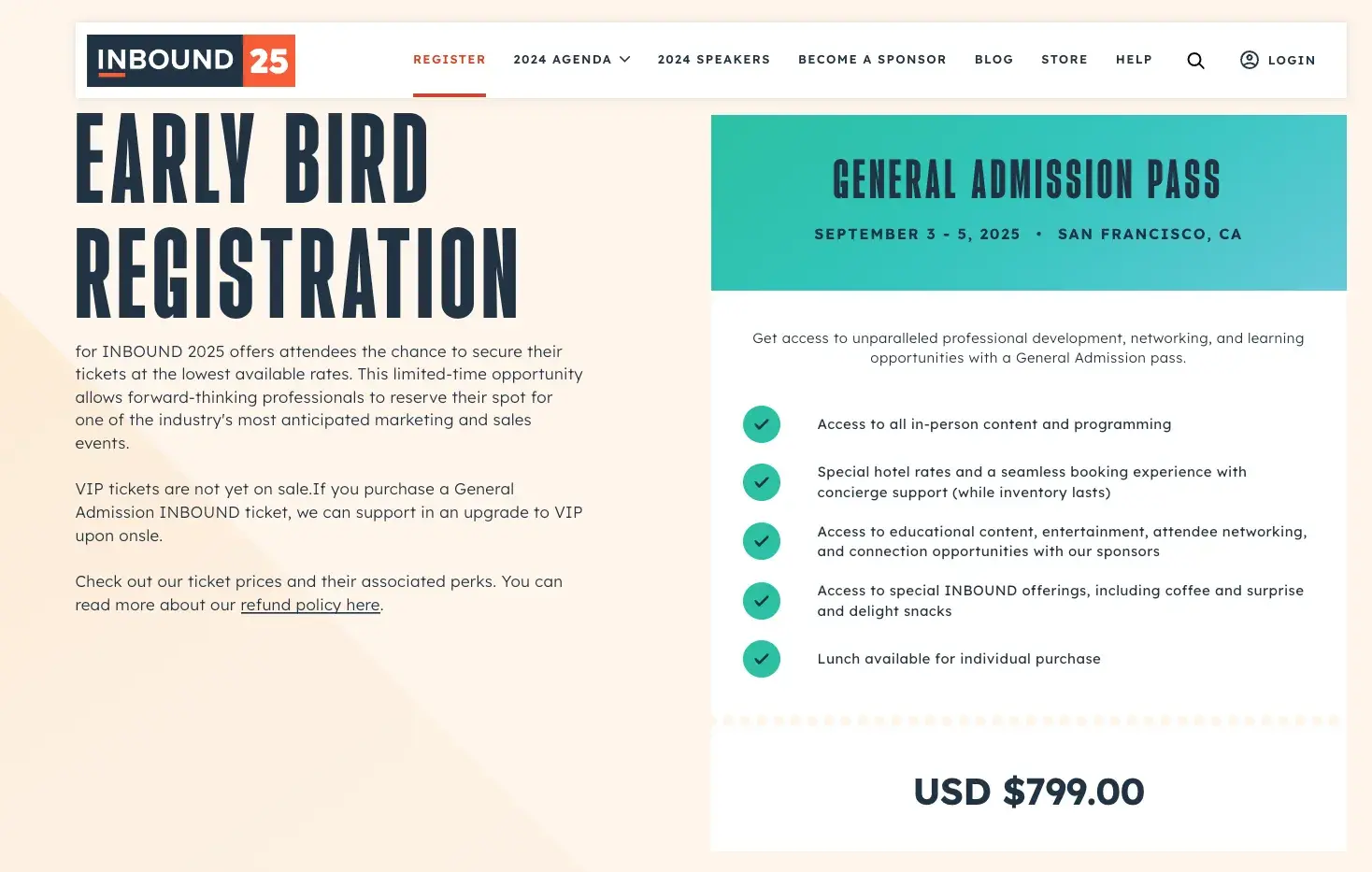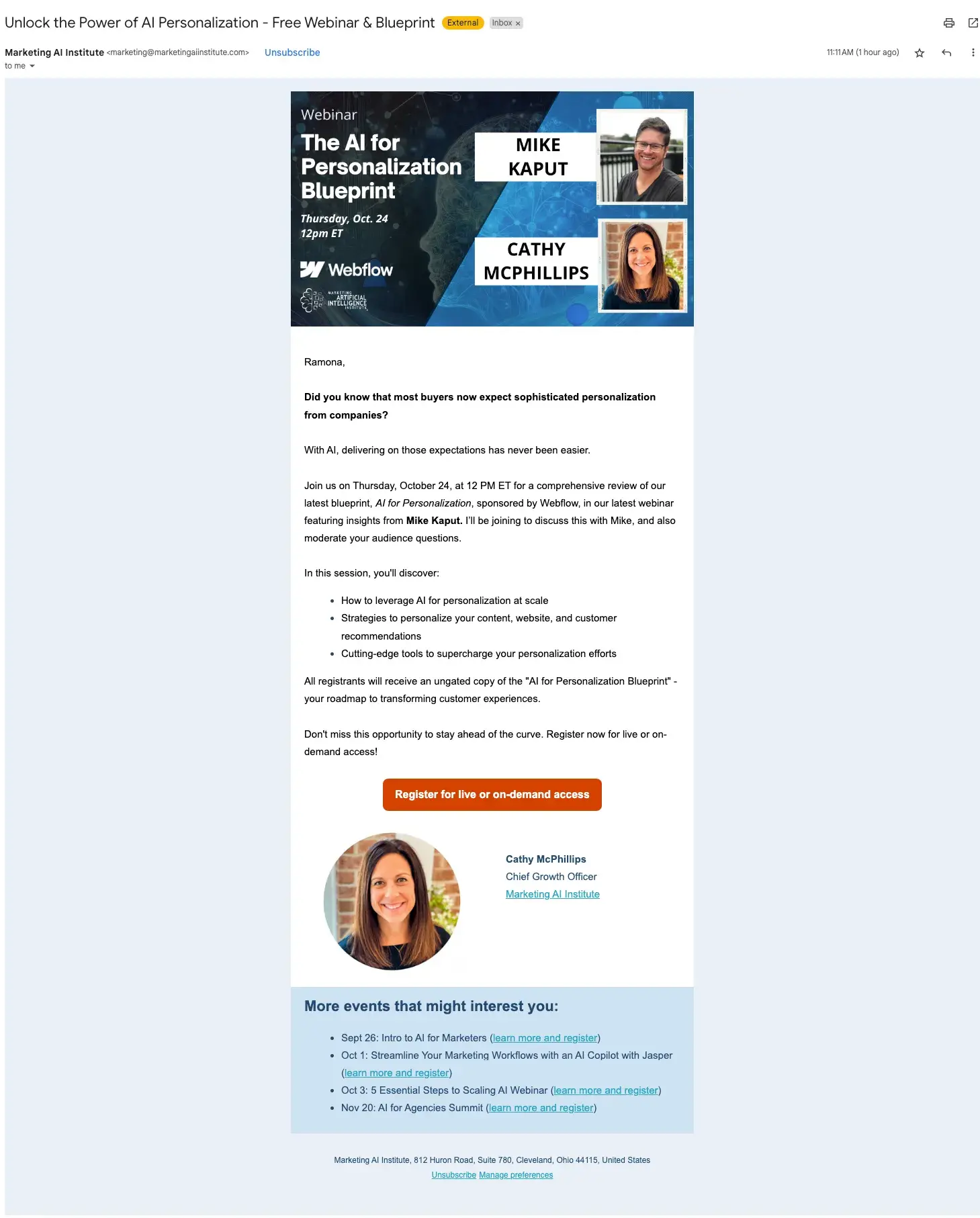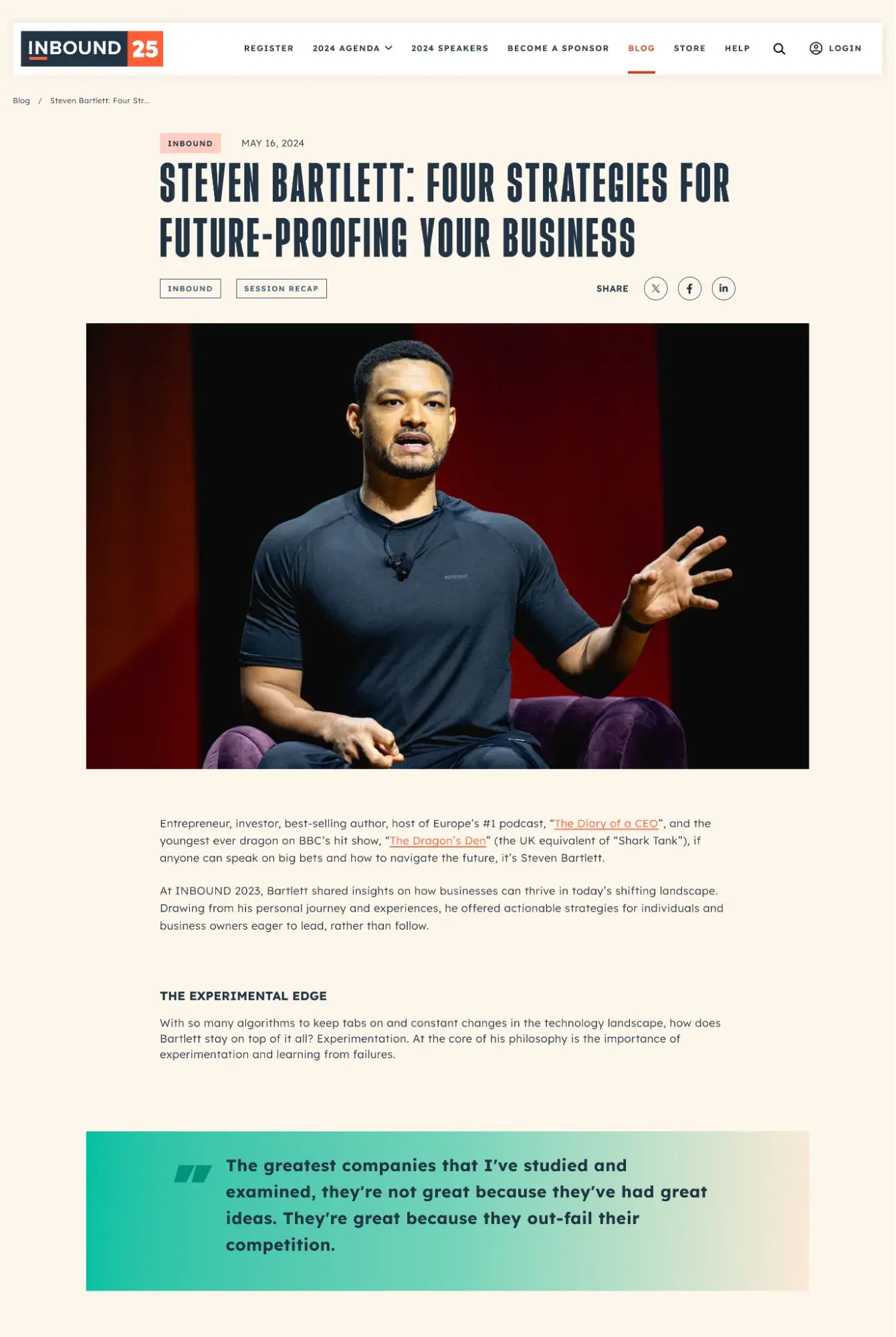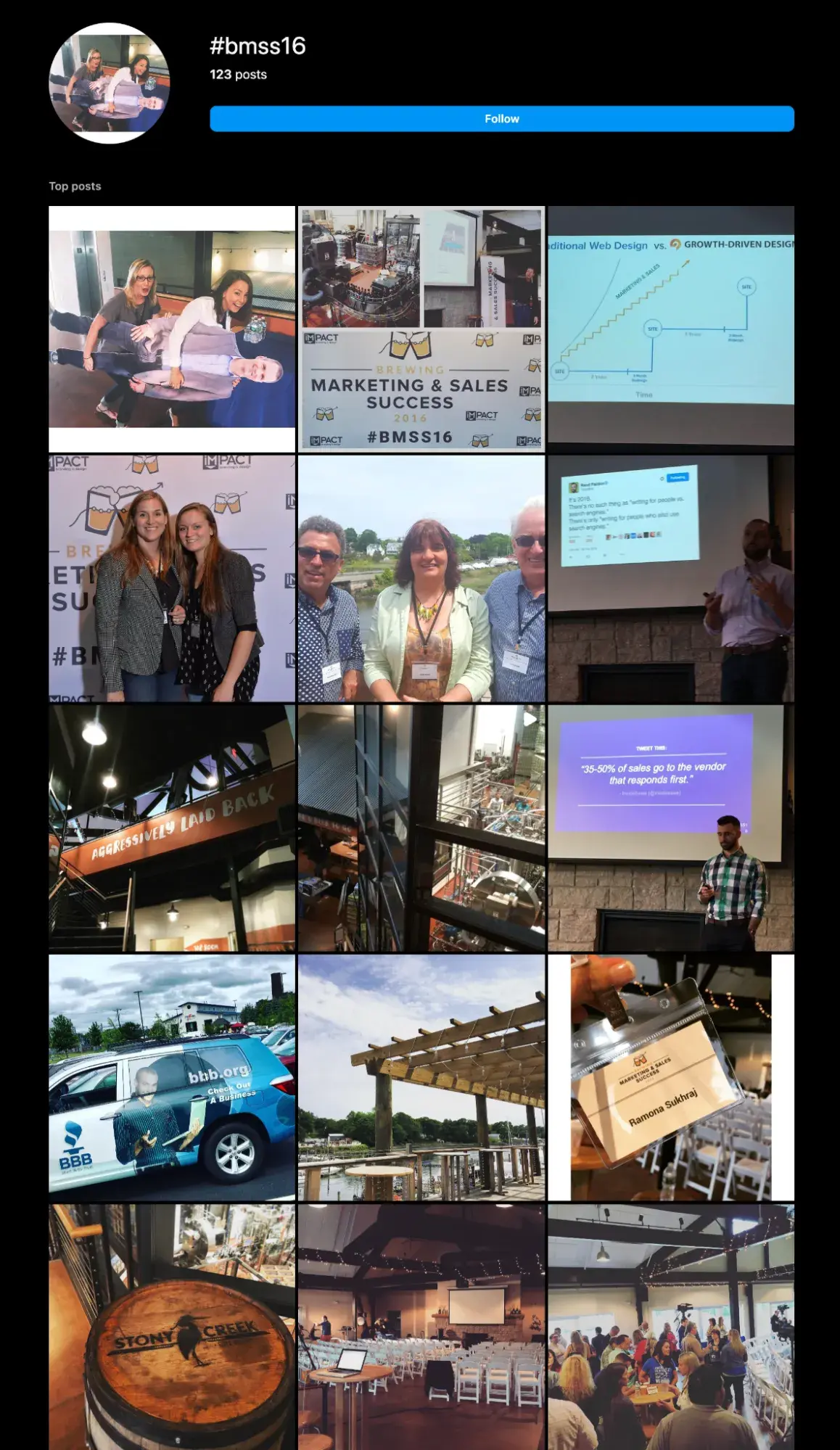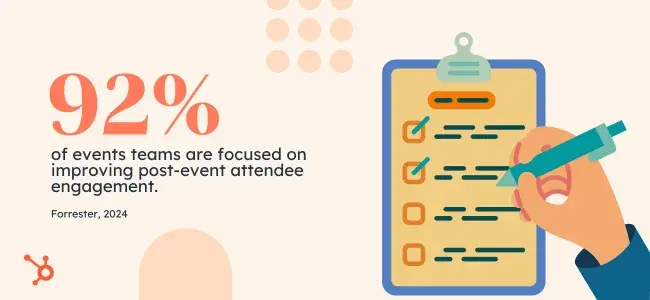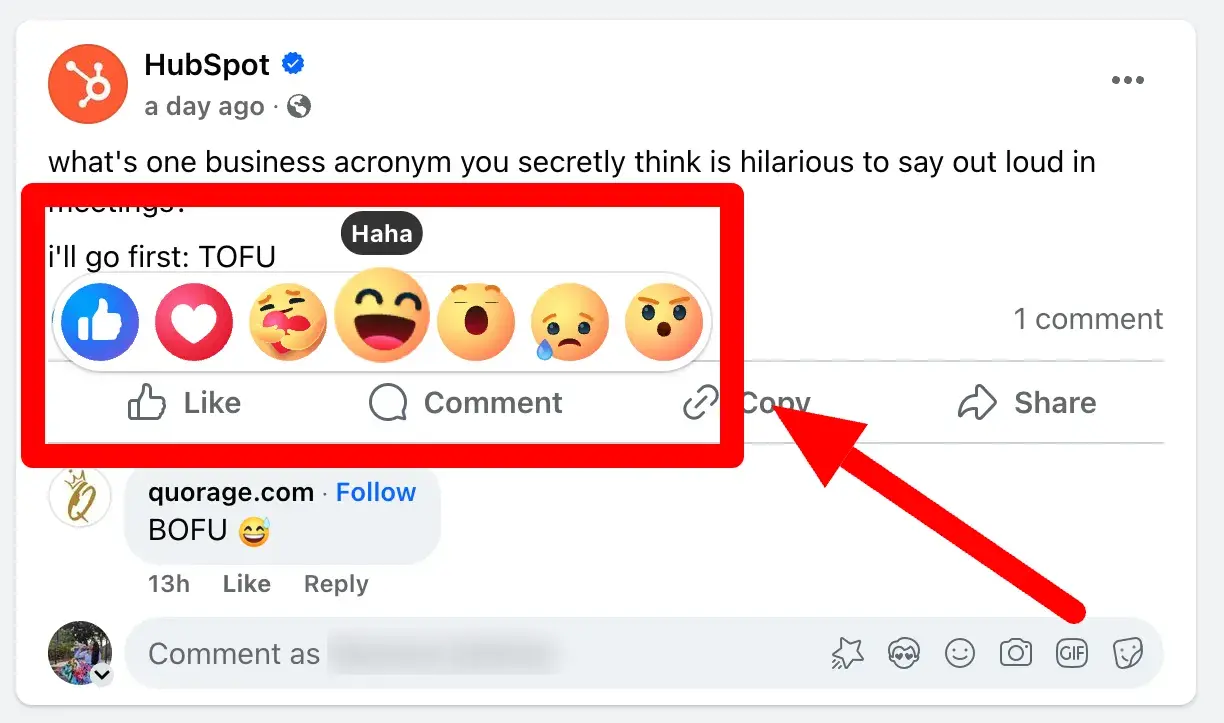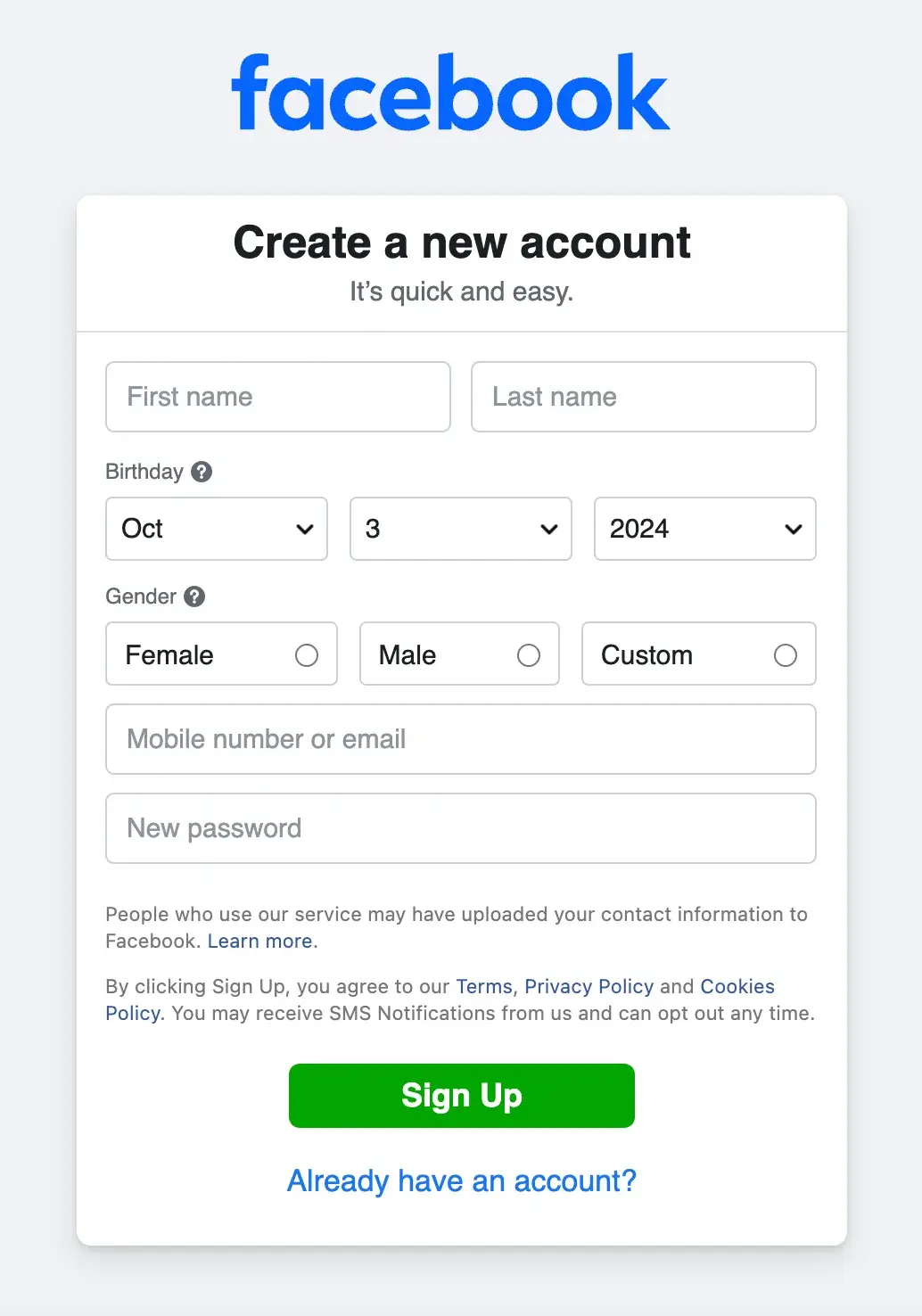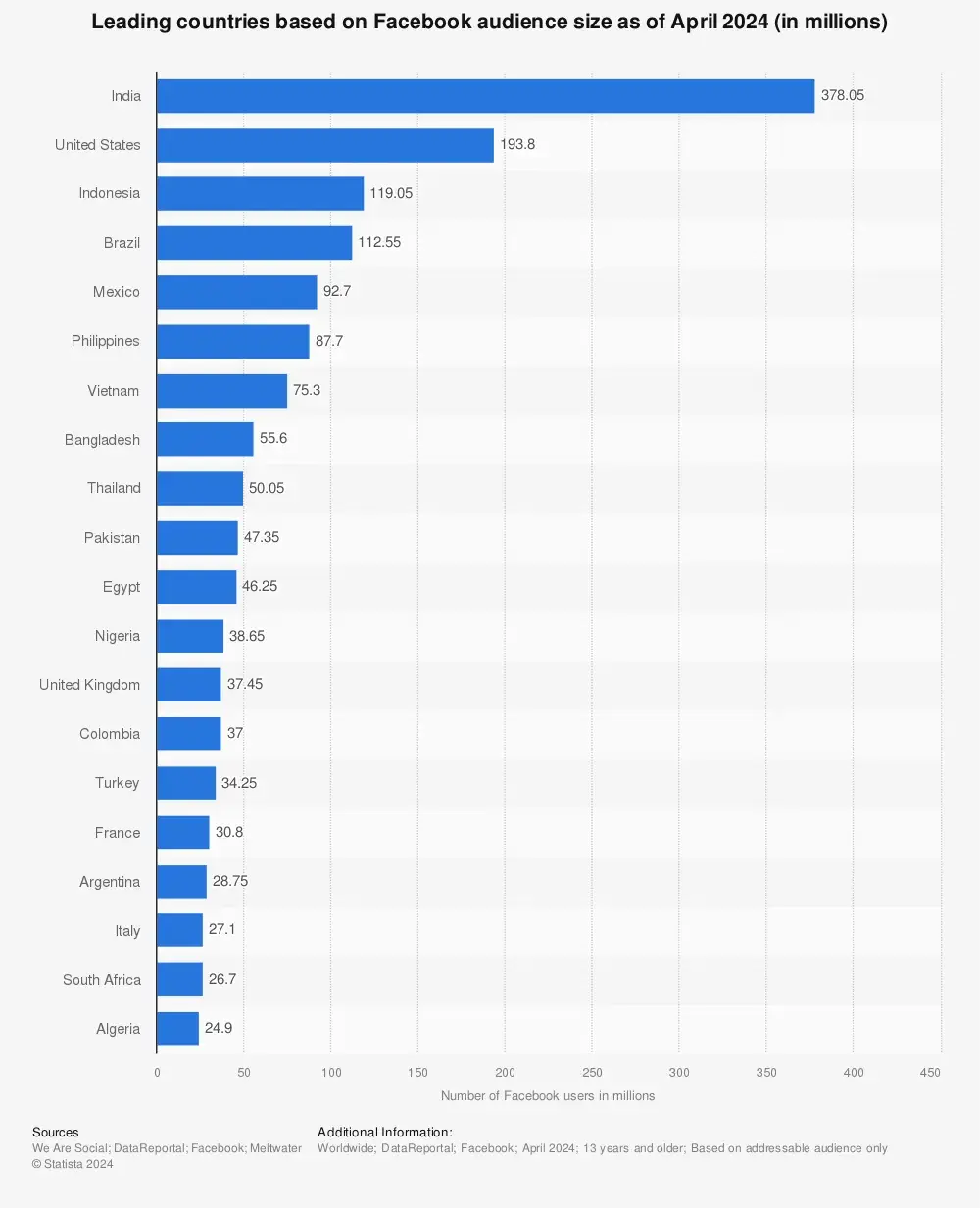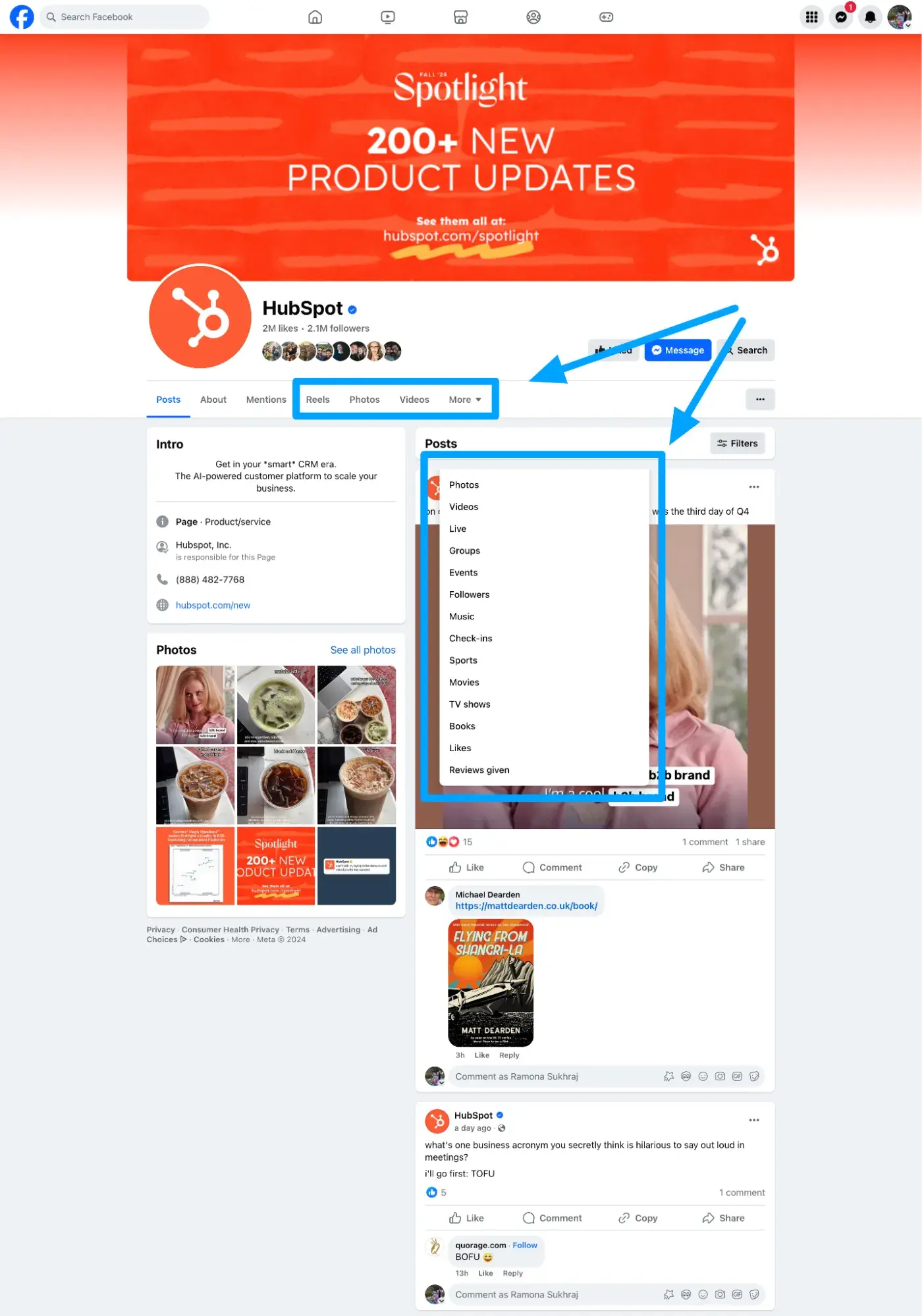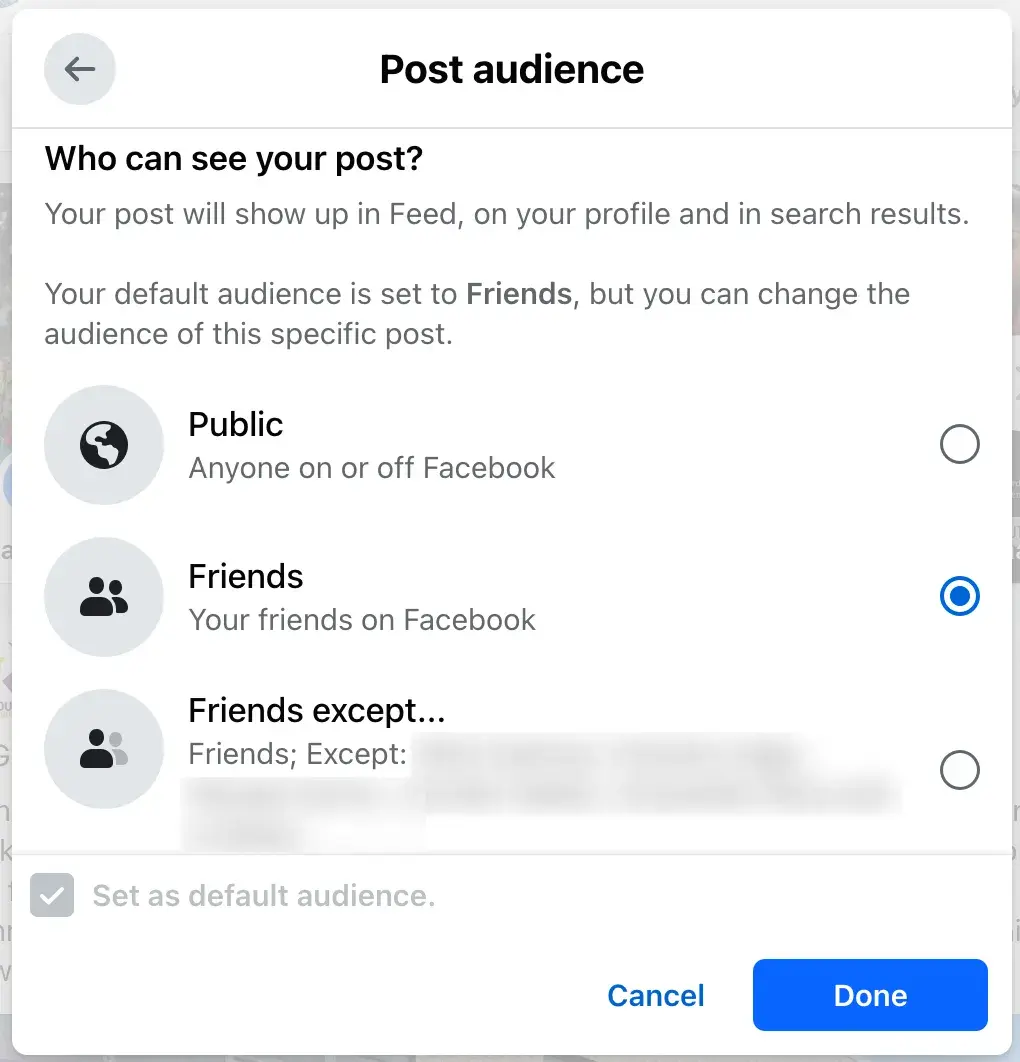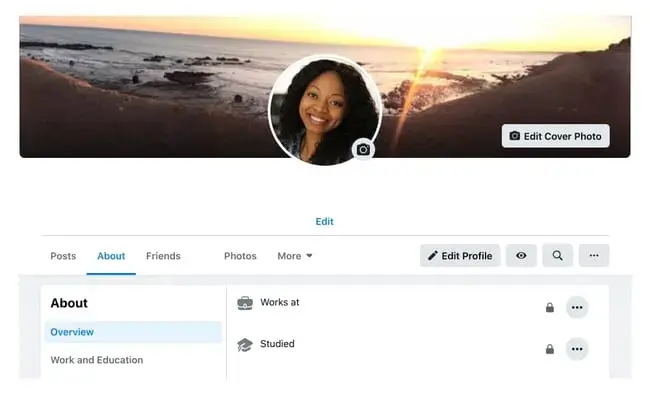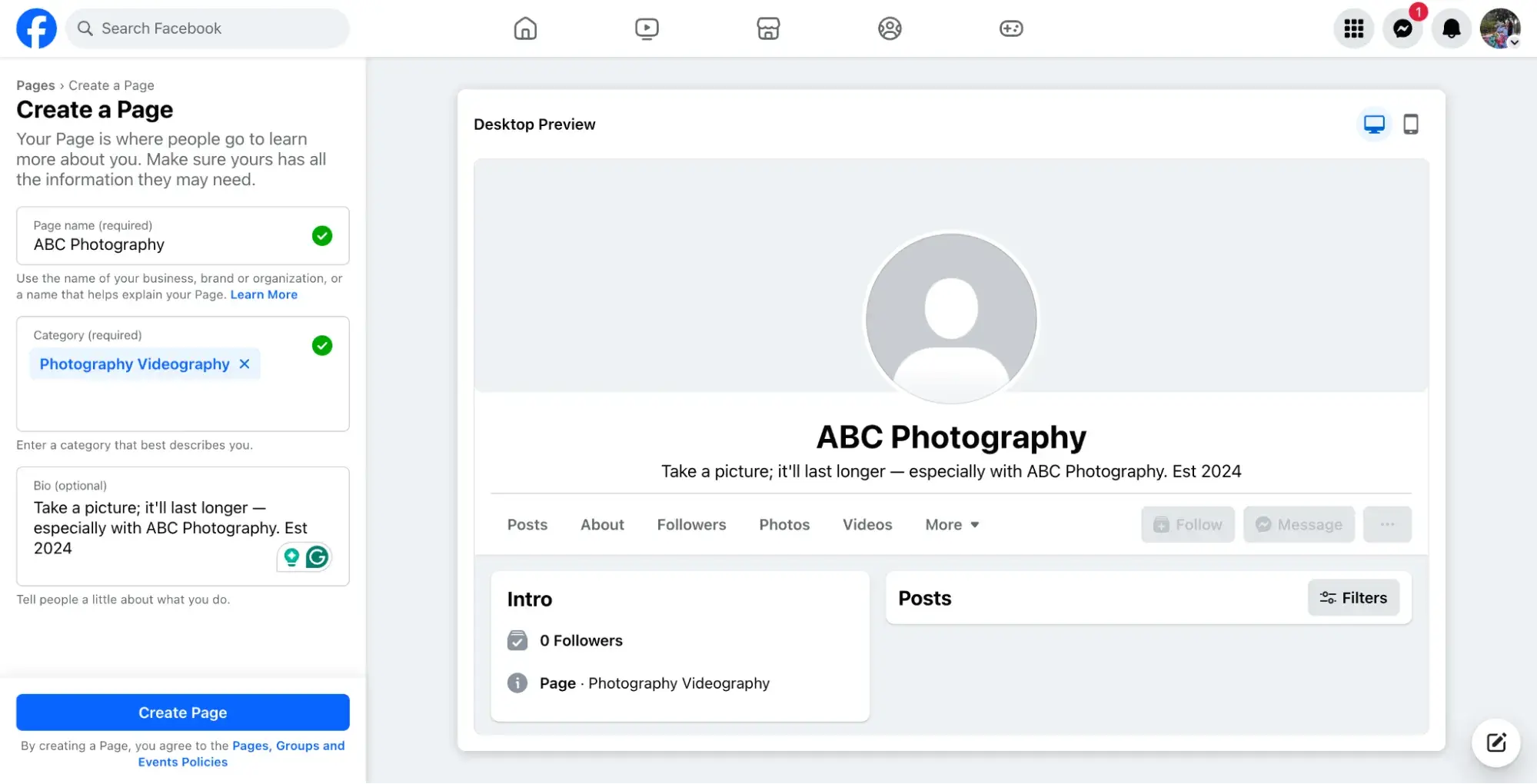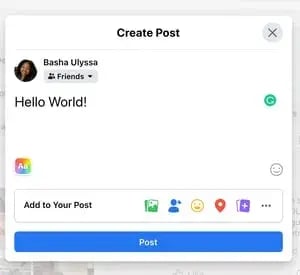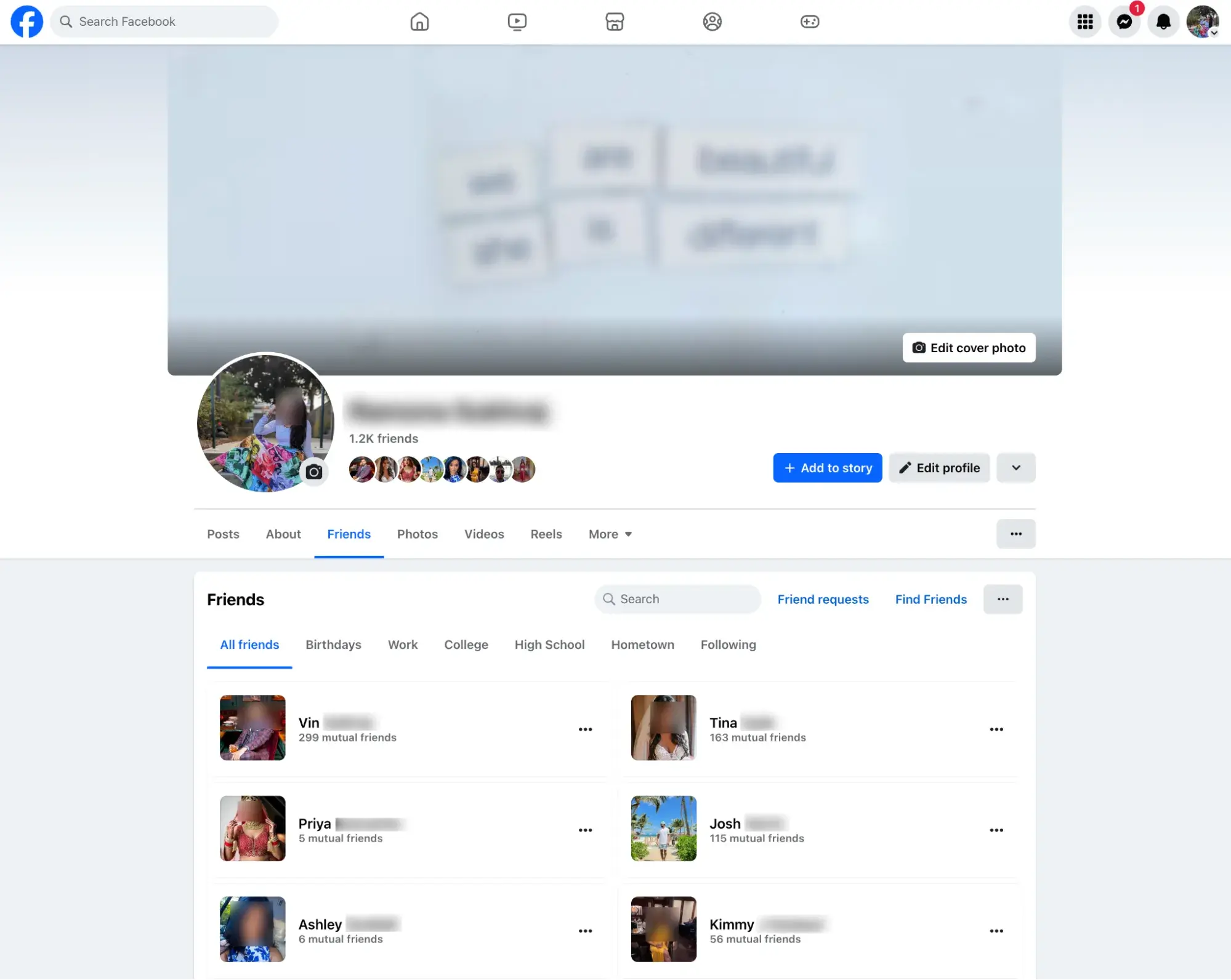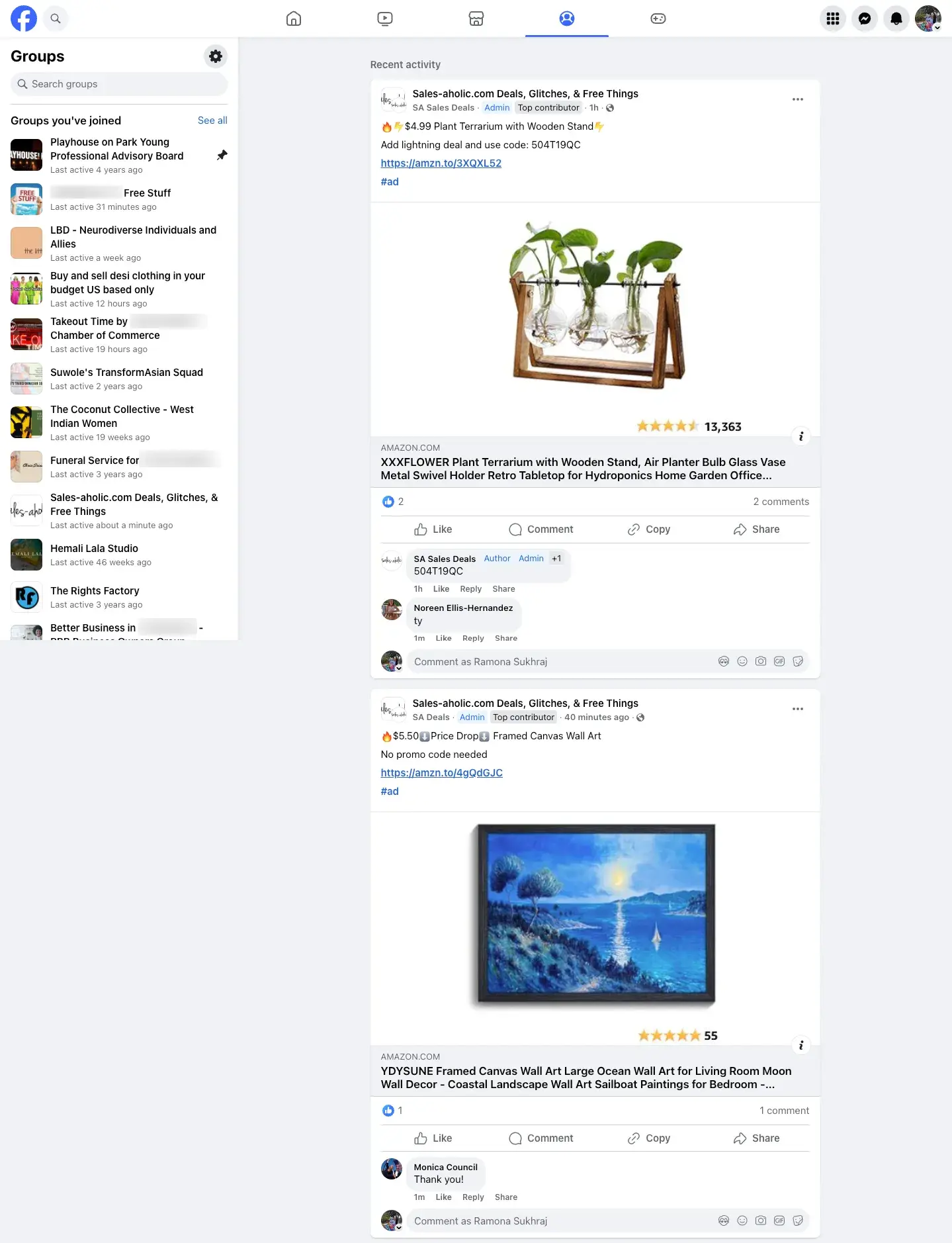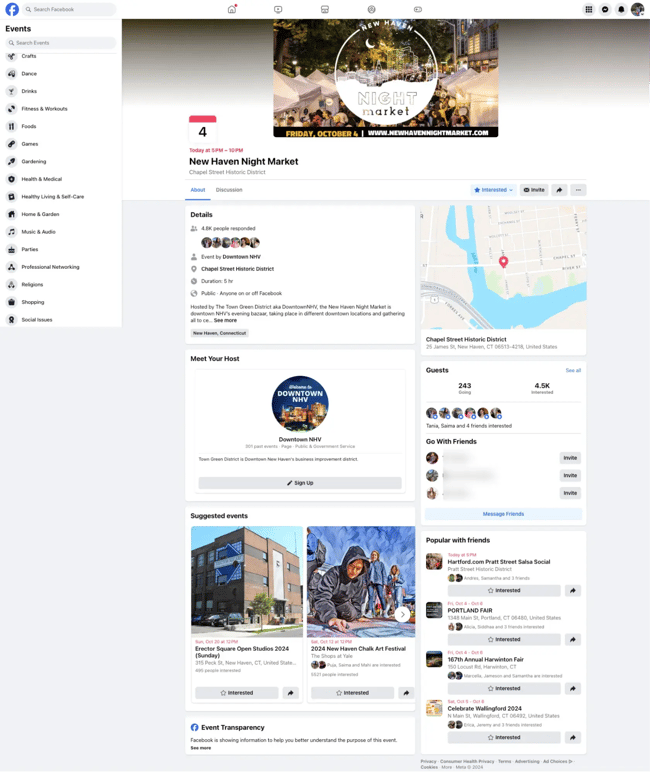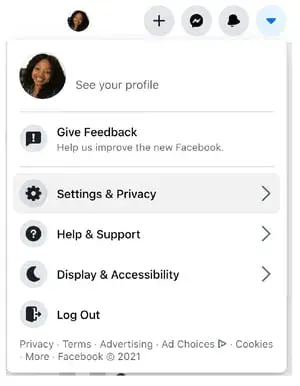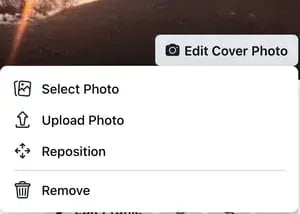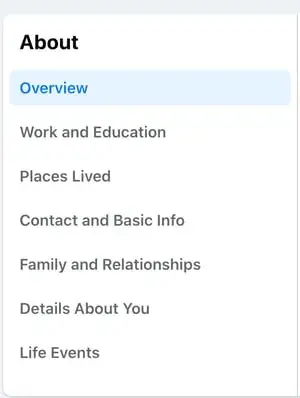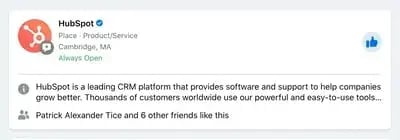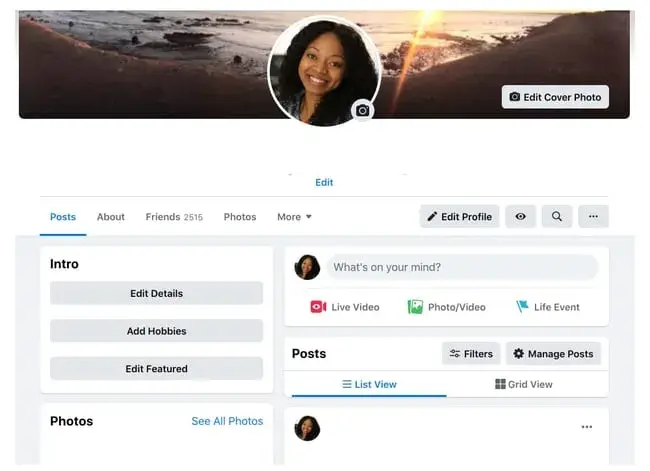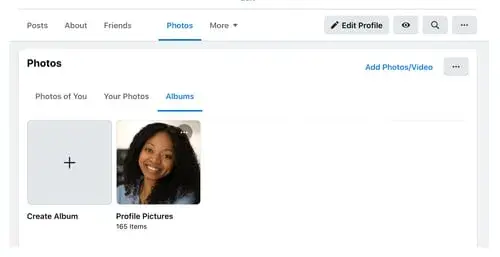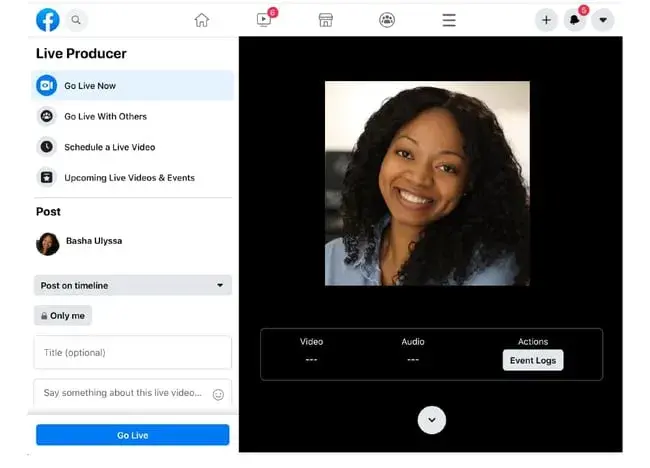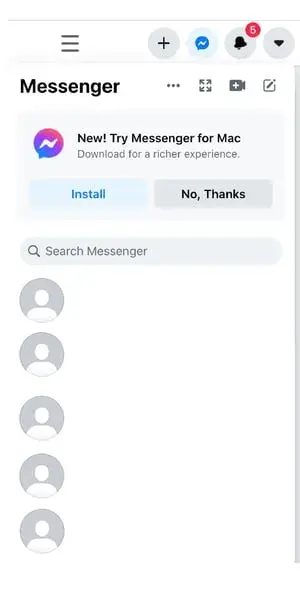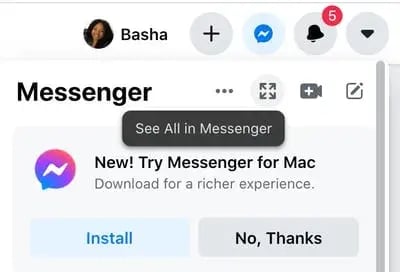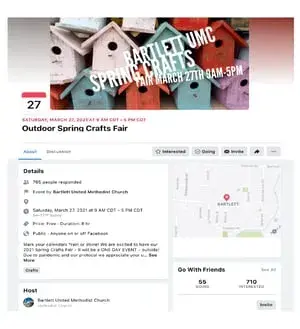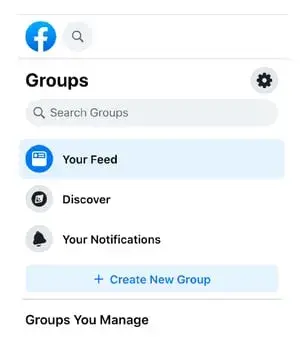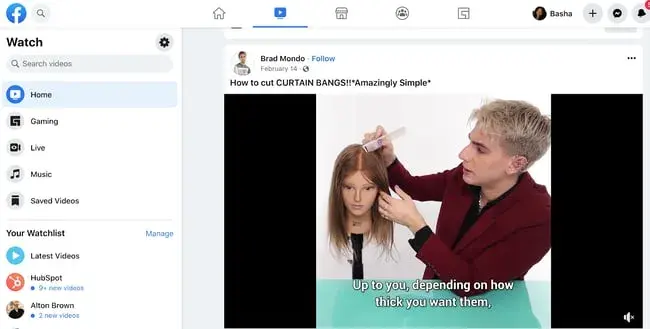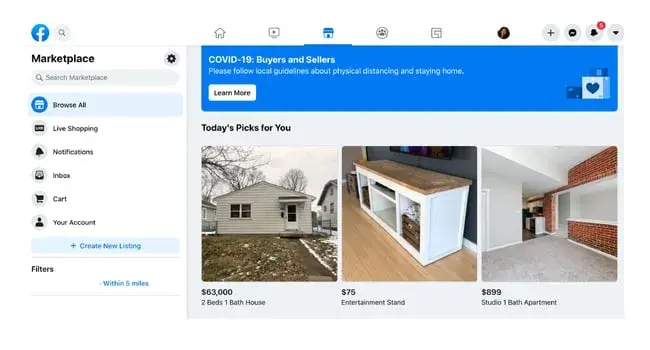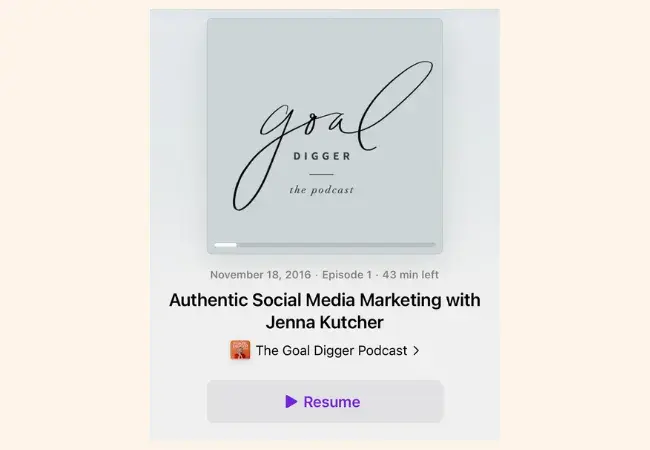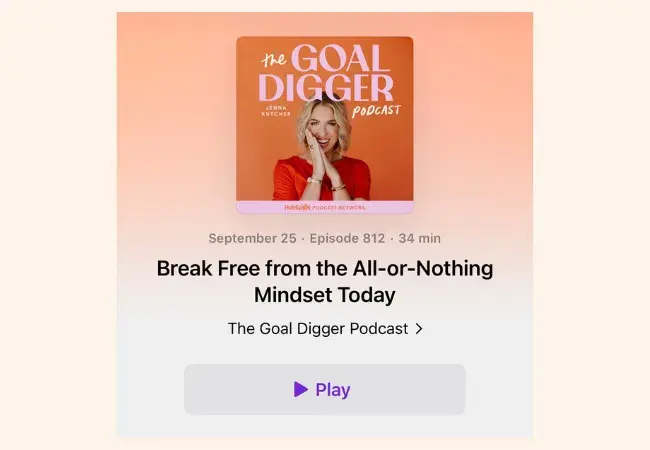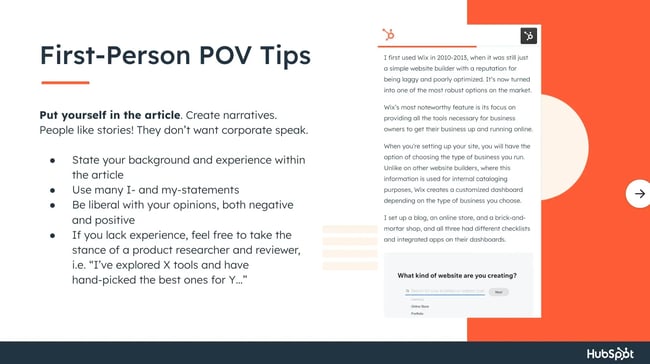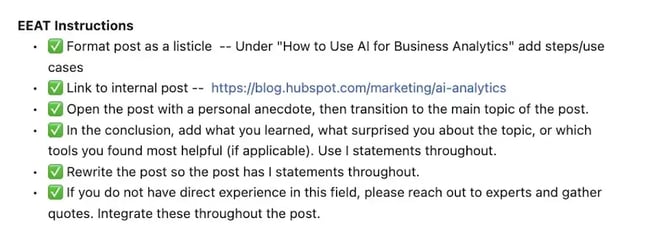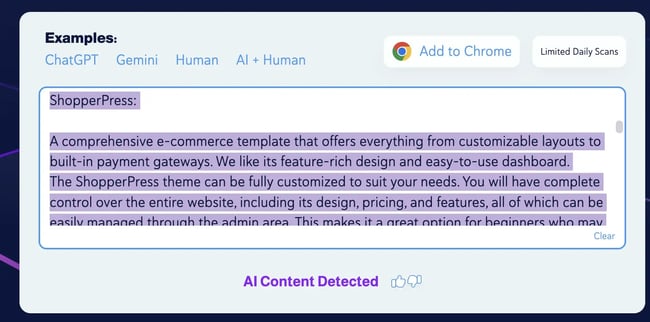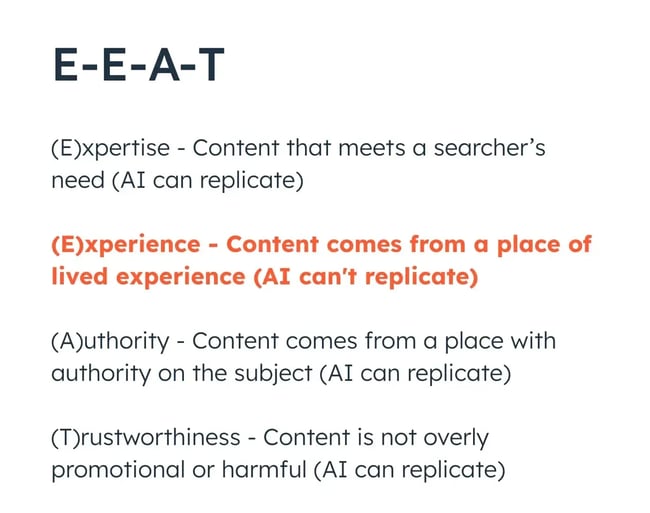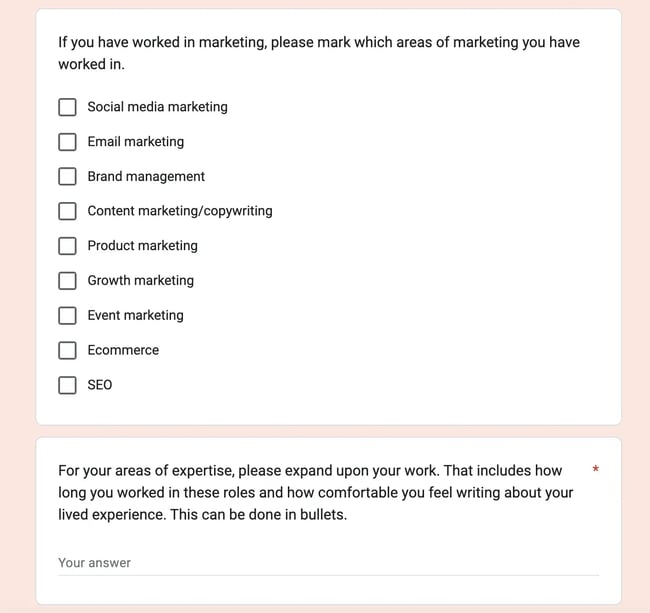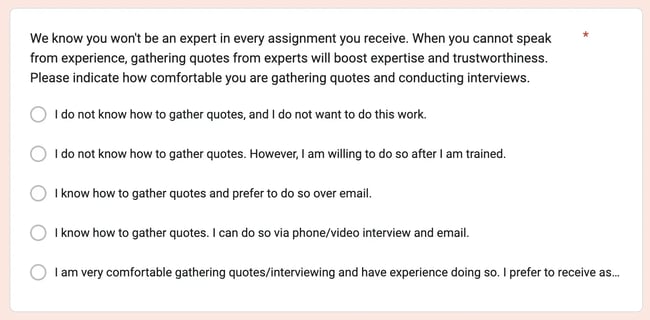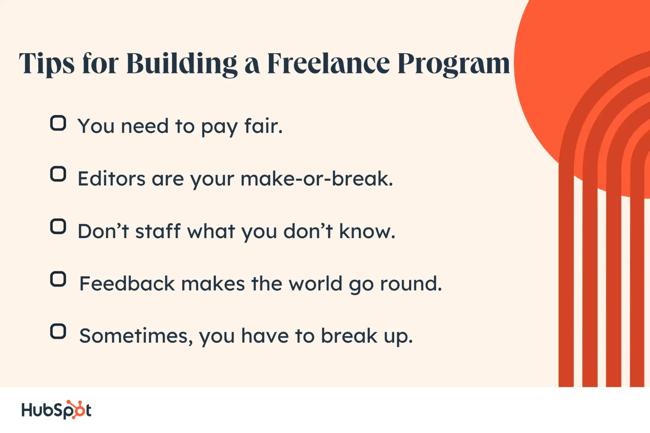Our view at Stack - Simplify growth with an all-in-one platform. Powerful marketing, sales, and support automation. Integrated CMS. Scalable software. Crafted for customer experience.
As a video marketer, you know there’s no cookie-cutter approach to crafting engaging videos, but you should always ensure you‘re using the best video format for your content, regardless of the kind of video you’re creating.
There is no one-size-fits-all video format— not every computer, video platform, or website browser supports every video format.
![→ Access Now: Video Marketing Starter Pack [Free Kit]](https://no-cache.hubspot.com/cta/default/53/8f27c677-d952-4663-8787-bf65c6a1ecf2.png)
Fortunately, we’ve rounded up the best video formats and listed their pros and cons so you can learn which video format to use in different situations.
Once you know the best format for your videos, check out HubSpot’s Clip Creator, our free AI-powered video maker, so you can easily make high-quality videos.
Table of Contents
- Best for Long-form Video
- Best for Editing on Apple Devices
- Best for Copyright Protection
- Best for Streaming Online
- Best for Television
- Best for High-End Videos
6 of the Best Video Formats for 2025
1. MP4
Most digital devices and platforms support MP4, making it the most universal video format. MP4 can also store video, audio, text, and still images. Additionally, it can retain high video quality while maintaining relatively small file sizes.
Best for: MP4 formats are best for long-form video formats because MP4 files are relatively small but still of high quality.
“For my YouTube channel, I usually use the MP4 video format because a lot of the YouTube videos I made were as long as 20 minutes,” HubSpot Marketing Manager Erica Santiago says.
“MP4s are such small files that it would make rendering and uploading long-form videos a lot easier and more efficient. Plus, MP4s typically only experience a slight quality loss when uploaded to platforms like YouTube or TikTok.”
- Pros: MP4 files are fairly small, making them quick to upload and easy to save without clogging up space on your device.
- Cons: Because MP4 files are so straightforward and common to work with, they’re also easy to pirate, which poses a concern for creators.
2. MOV
Developed by Apple, MOV is a video format specifically designed for QuickTime Player. However, since there’s a version of QuickTime Player for Windows, MOV is also compatible with Windows.
The MOV video format can store audio, text, and video effects, but since its quality is usually so high, it’ll take up significantly more space on people’s computers.
Best for: The MOV format is best for editing on Apple devices since they’re specifically formatted for QuickTime Player.
Pros: MOVs are loved by filmmakers because they contain audio, text, and video effects and can be separated into multiple tracks. Their high quality makes MOVs easy to edit and is the professional standard in video editing.
Cons: Unlike MP4s, MOV formats are not widely playable across different devices, and their super high quality also leads to large file sizes.
“I rarely use MOV formatting for my videos because, in my opinion, the high quality doesn’t make up for how much file space they consume and how long they take to upload,” Santiago says.
3. WMV
Microsoft developed WMV, so your audience can play these types of videos on Windows Media Player. They can download a WMV player to play WMV videos if they have a Mac. Just like the MOV format, the WMV format boasts high video quality, but it’s at the expense of a small file size.
Best for: WMVs are best for creators who want to ensure copyright protection for their work. The format contains copyright and licensing functions that check whether uses have the right to use them.
Pros: WMV files are so small they can even be played via Google Drive.
Cons: “While I like the small file size for editing, WMV files often lose image quality when they’re getting uploaded and compressed, so I avoid using this format as well,” says Santiago.
4. FLV
Specifically designed for Adobe Flash Video Players, FLV is one of the most versatile and popular video formats. Every web browser and video platform supports it.
Best for: If your audience streams many videos on online platforms, like YouTube and Google Video, FLV is the video format for you.
Pros: Their file sizes are usually small, so people can quickly download them.
Cons: The only drawback of the video format is that it’s not compatible with iOS devices and many other mobile devices.
5. AVI
One of the oldest video formats, AVI, was developed by Microsoft in 1992. Since then, it has become one of the most versatile, compatible with Windows, Mac, and Linux, and supported by most web browsers.
- Best for: AVI is best for short videos and television.
- Pros: AVIs are compatible with most operating systems and boast excellent audio and video quality.
- Cons: The AVI video format file size is large, which is more conducive for people to store on their computers than to stream or download.
6. AVCHD
Panasonic and Sony developed AVCHD, the highest-quality video format, specifically for digital camcorders, so it’s perfect for those who regularly shoot high-end videos.
Powered by H.264/MPEG-4 video compression technology, the video format lets you store hours of high-quality video using only a tiny amount of data.
Additionally, the video format has both standard and high-definition variations, and its latest variation, AVCHD 2.0, even supports three-dimensional video.
- Best for: AVCHD is best for creators shooting high-end videos.
- Pros: AVCHD is small in file size and doesn’t experience much loss in data quality.
- Cons: This format has very limited compatibility because it’s developed for use with Panasonic and Sony products.
Now that you know the best video format for your content, you’re ready to create outstanding, engaging videos that will reach your audience.
![]()
If Hubspot is of interest and you'd like more information, please do make contact or take a look in more detail here.
Credit: Original article published here.


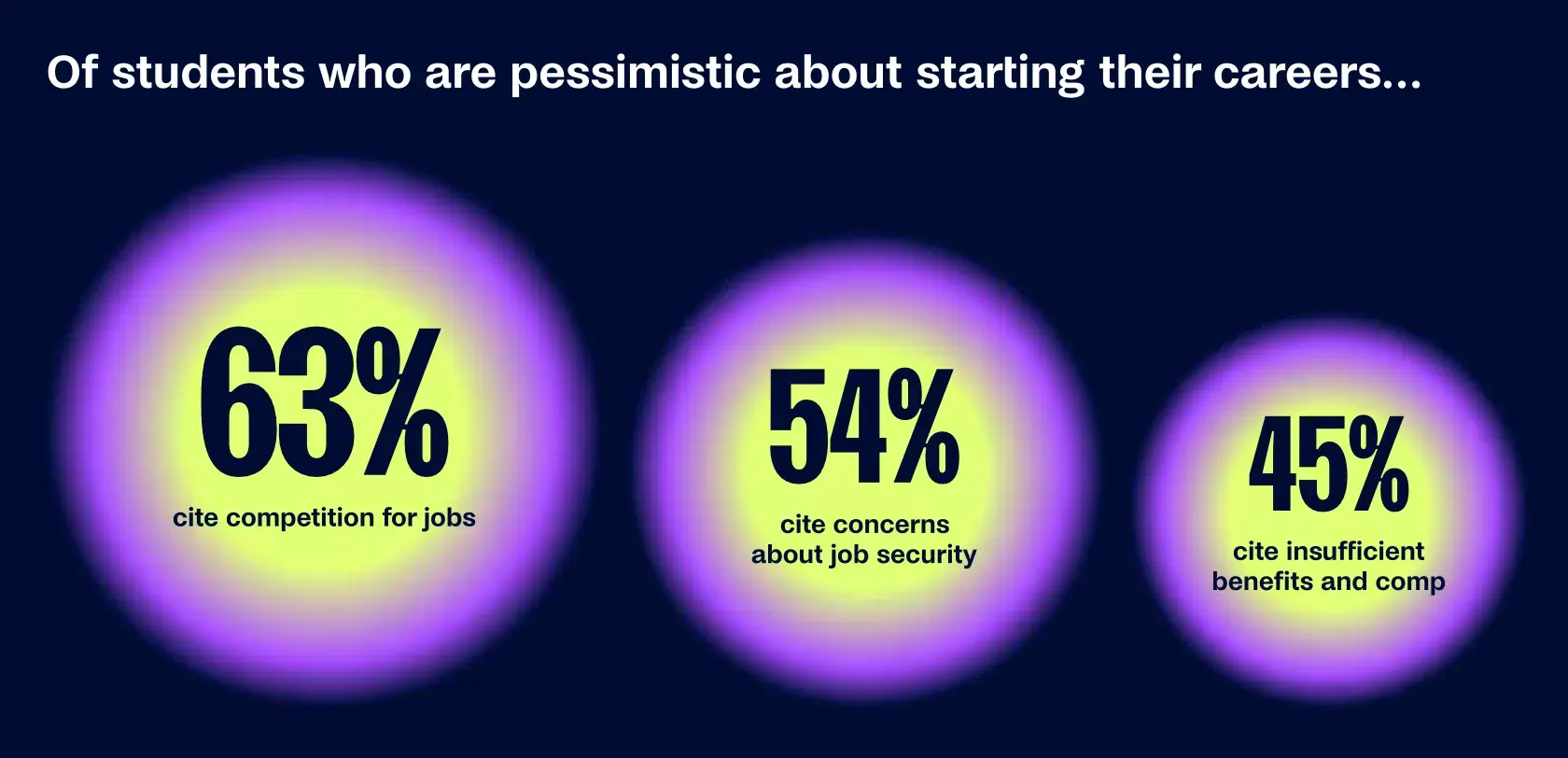
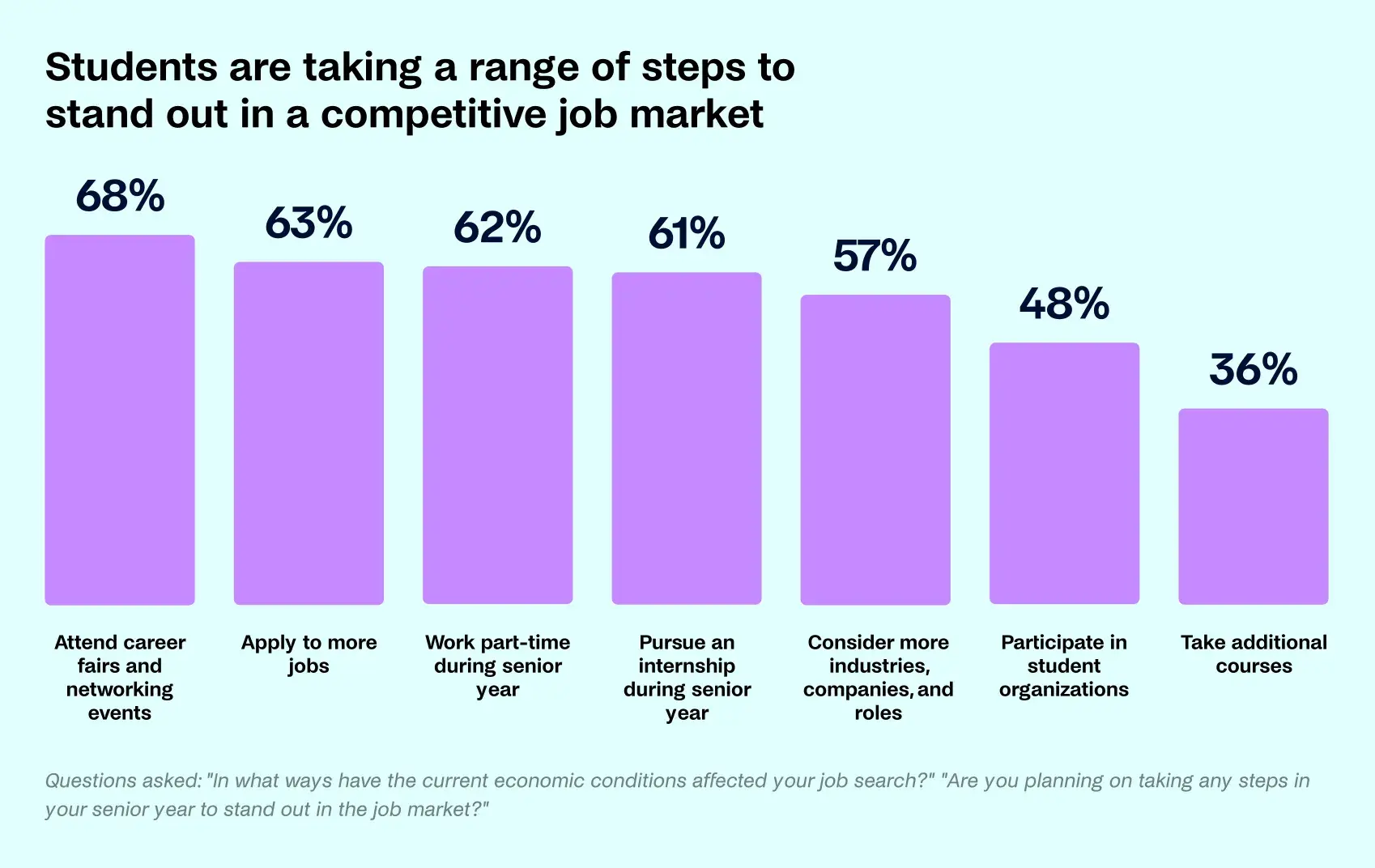
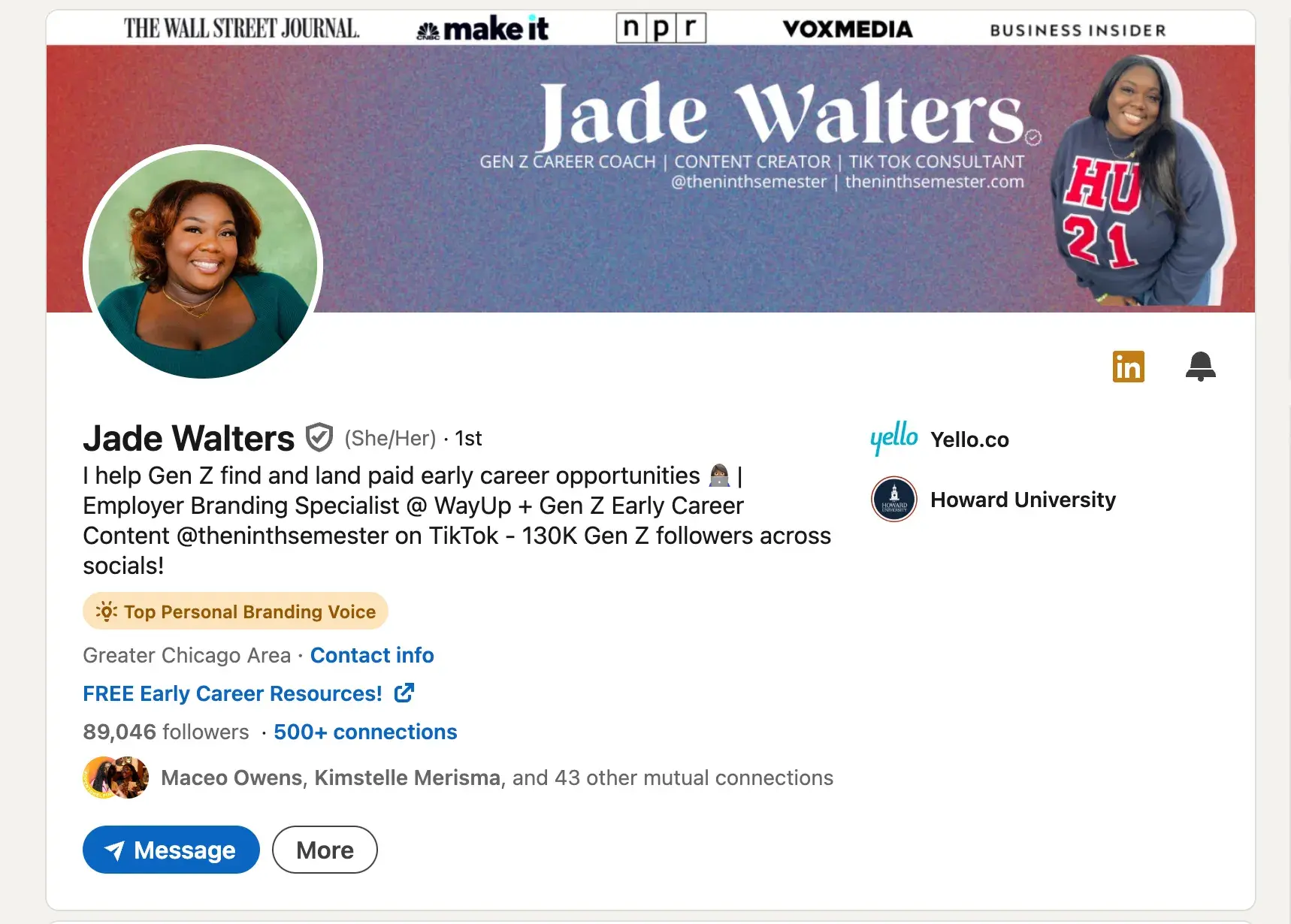
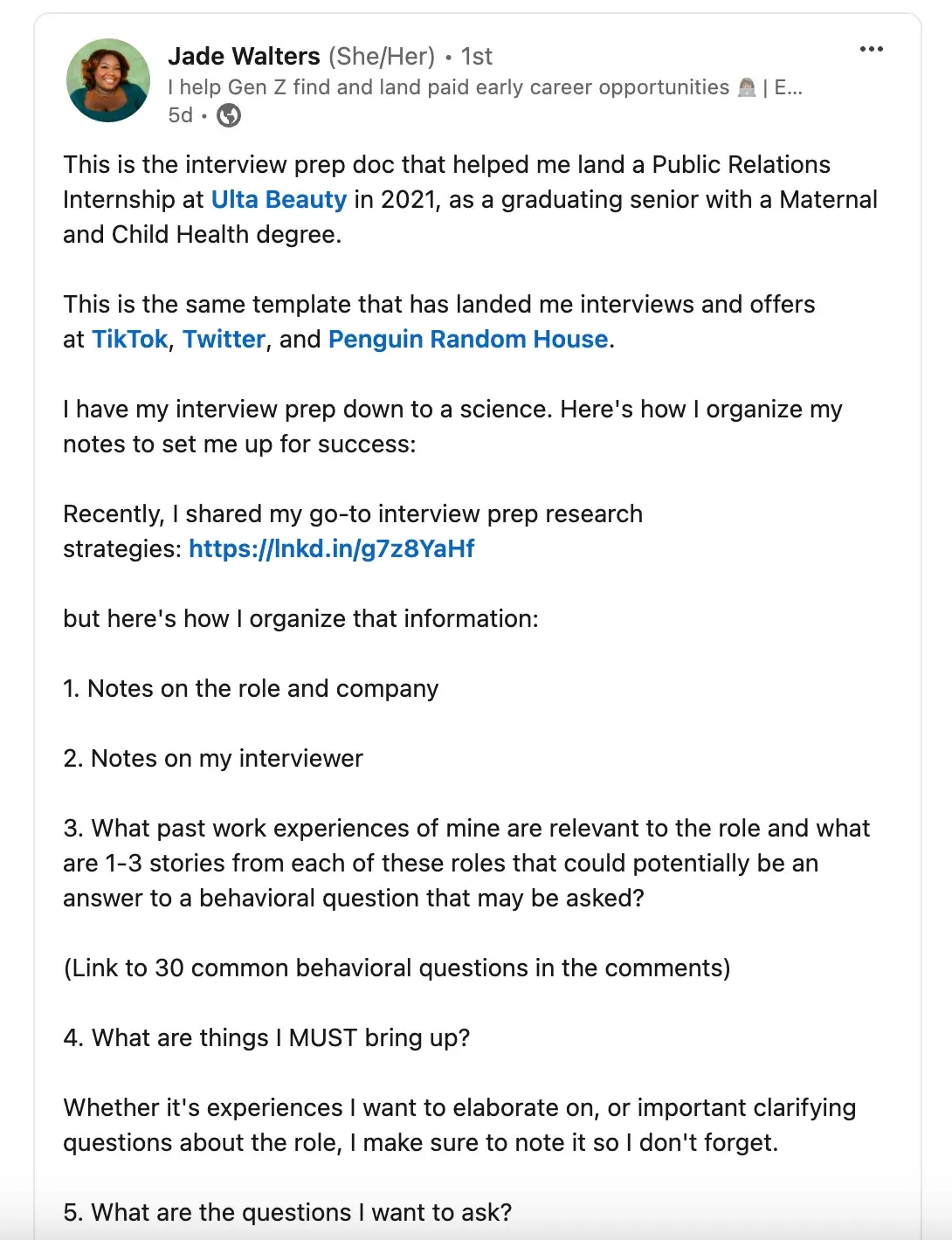
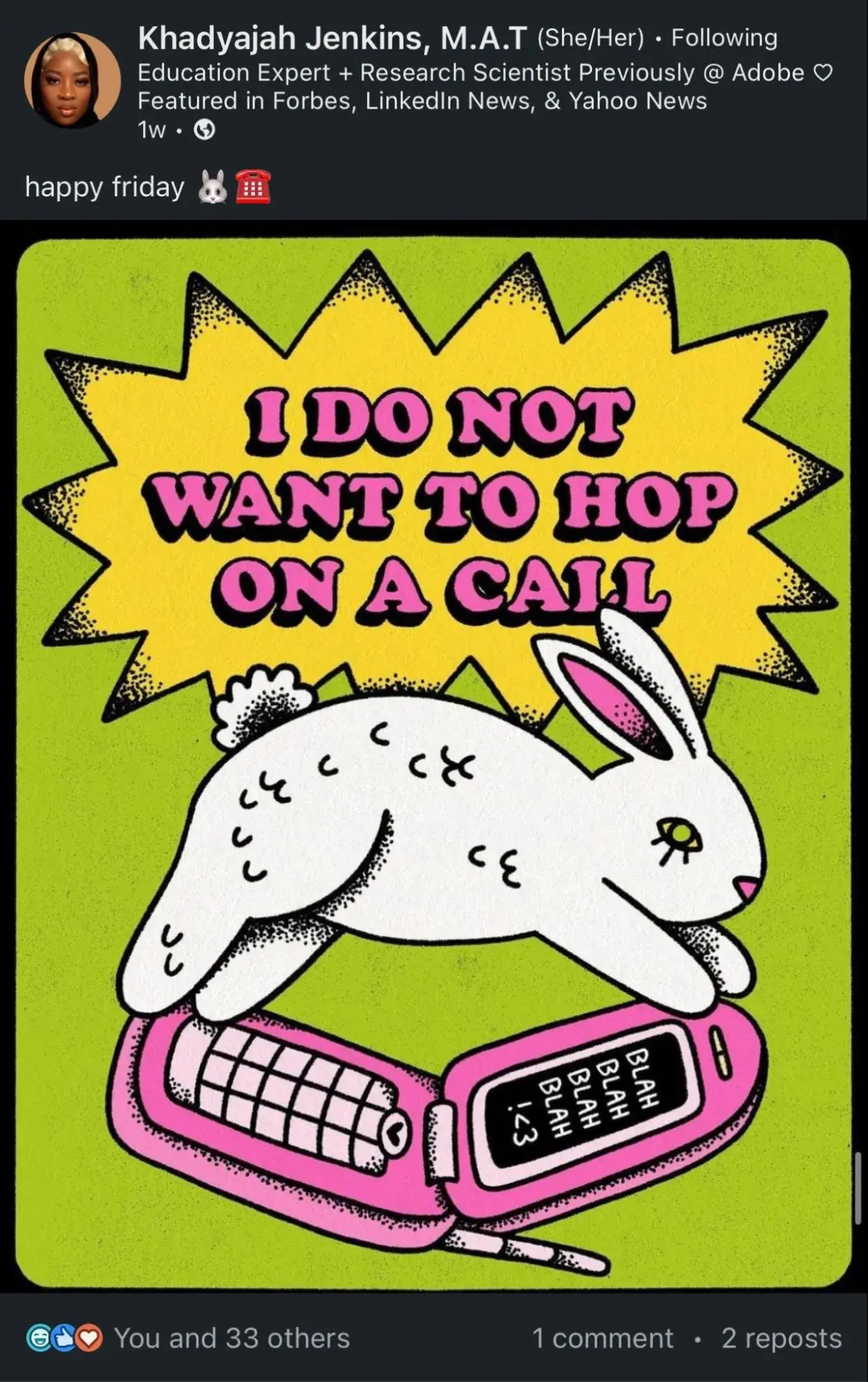


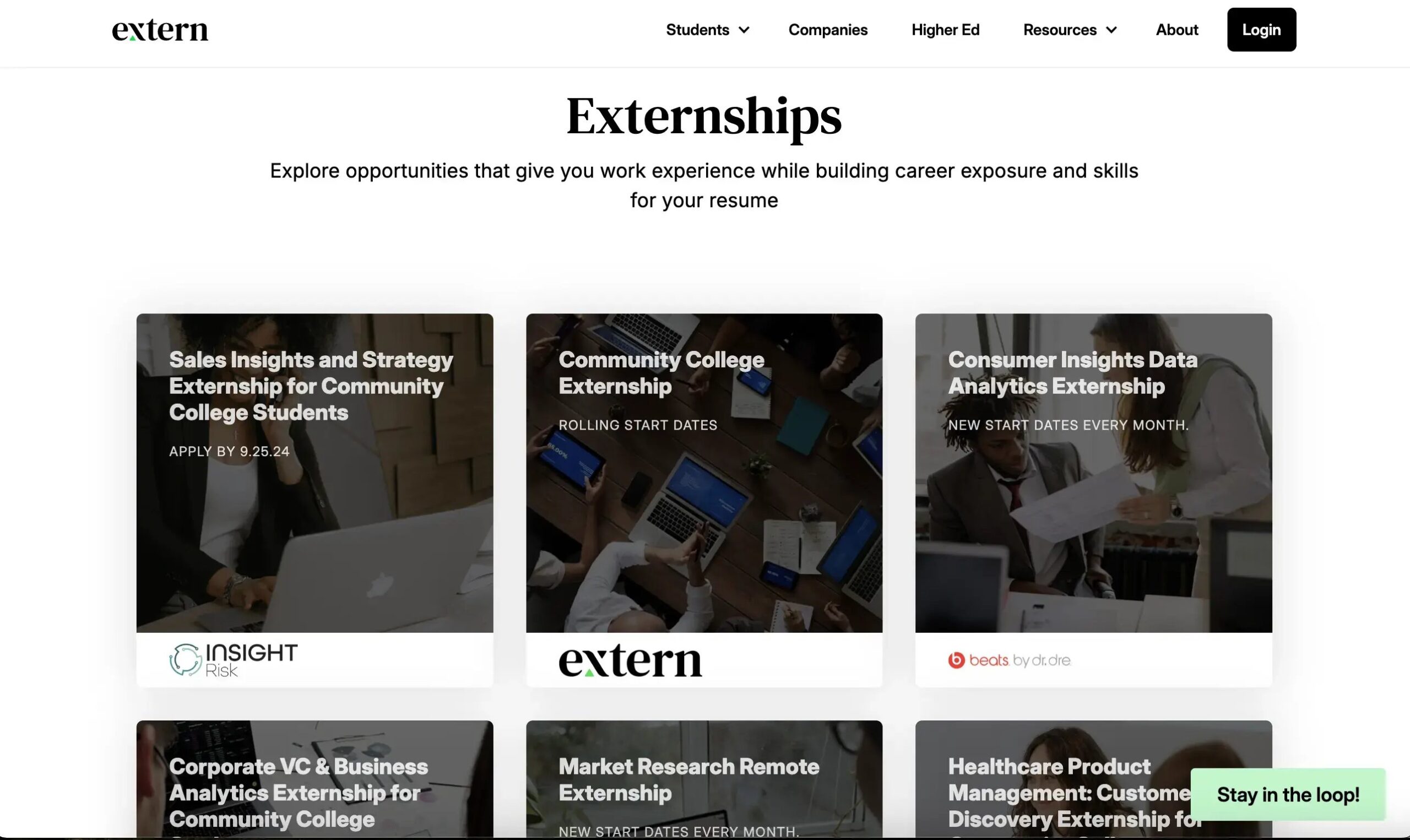
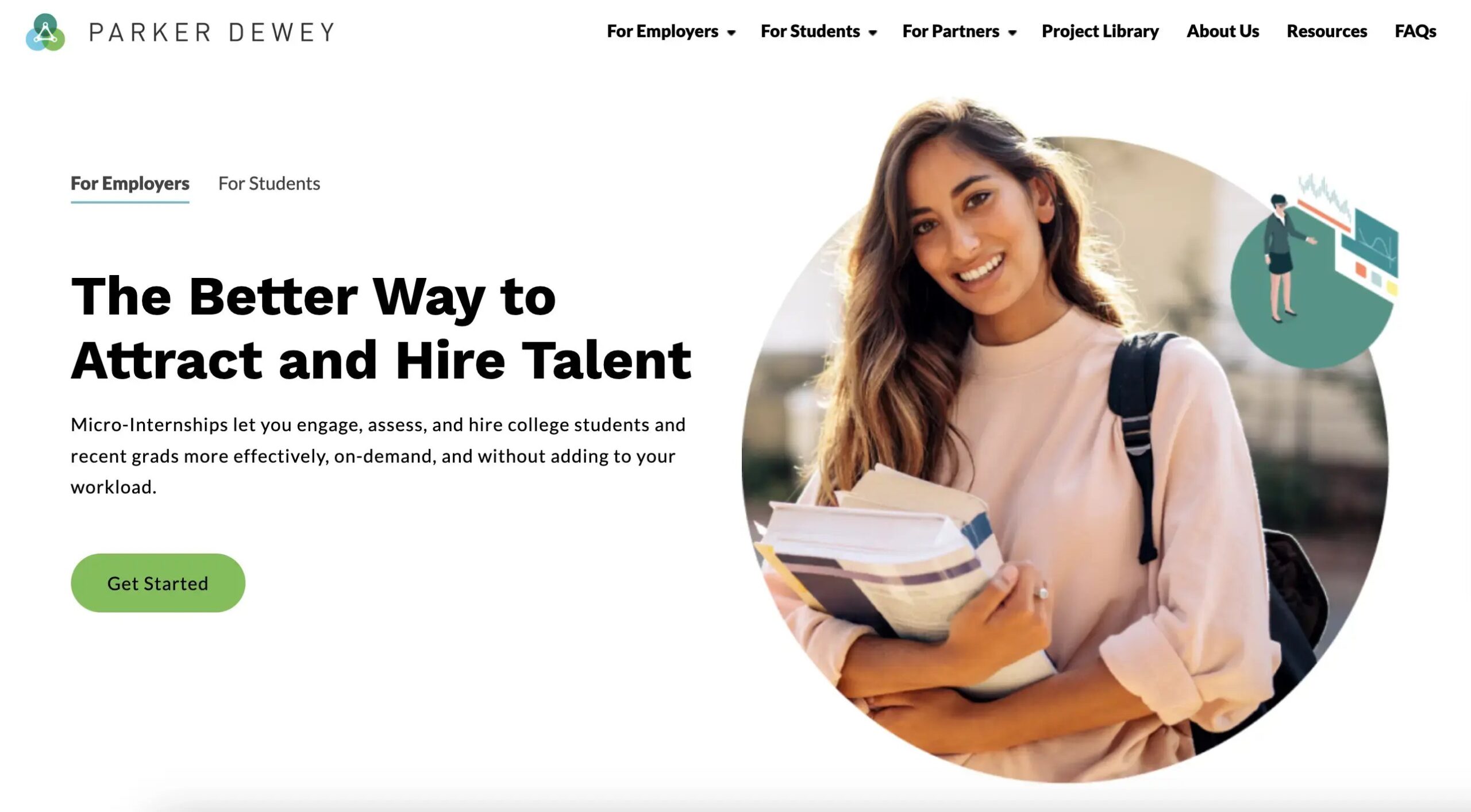


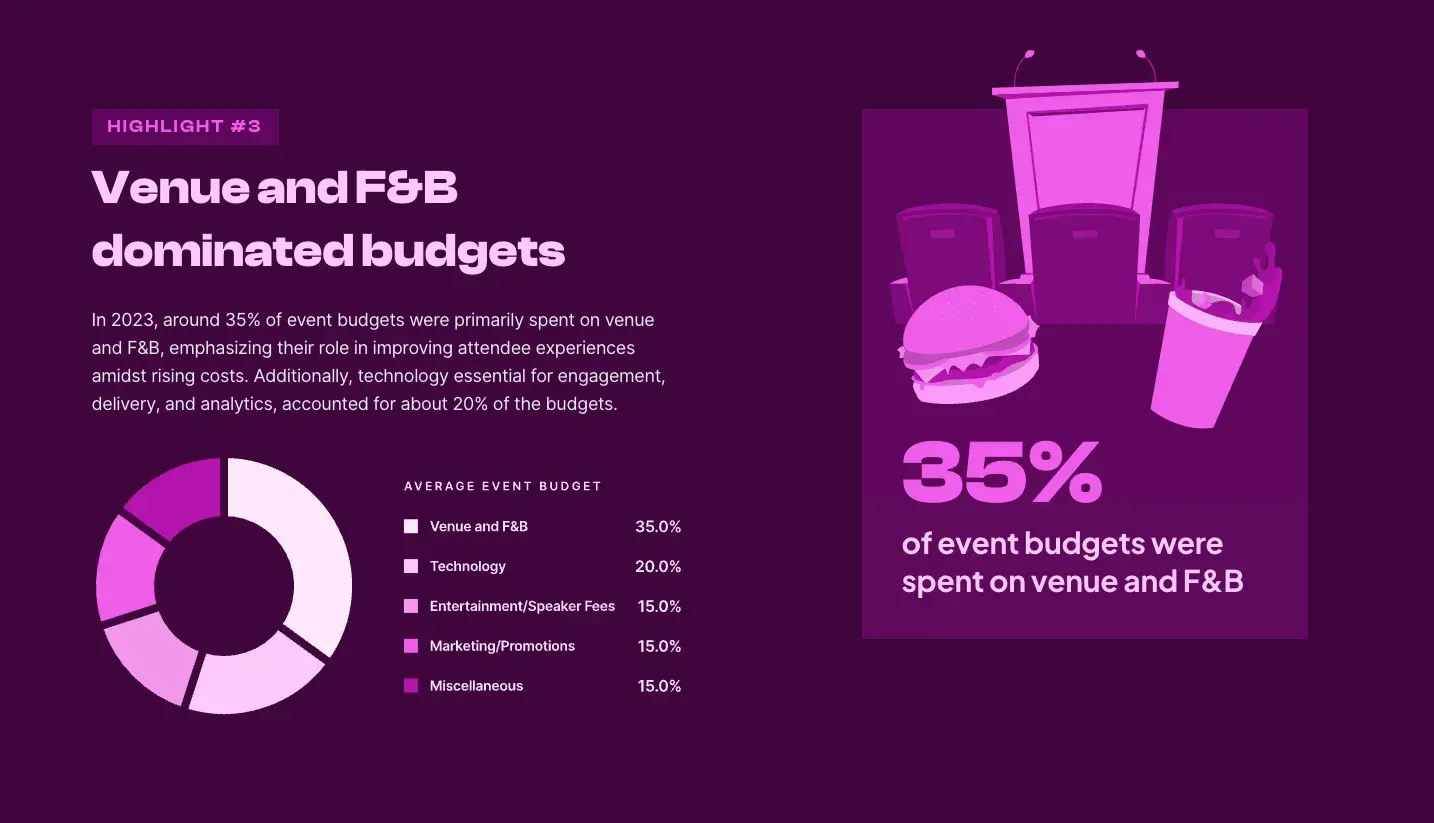
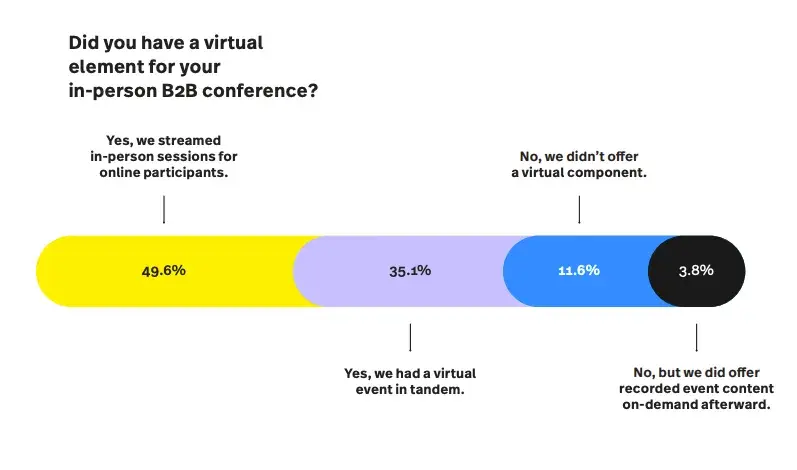
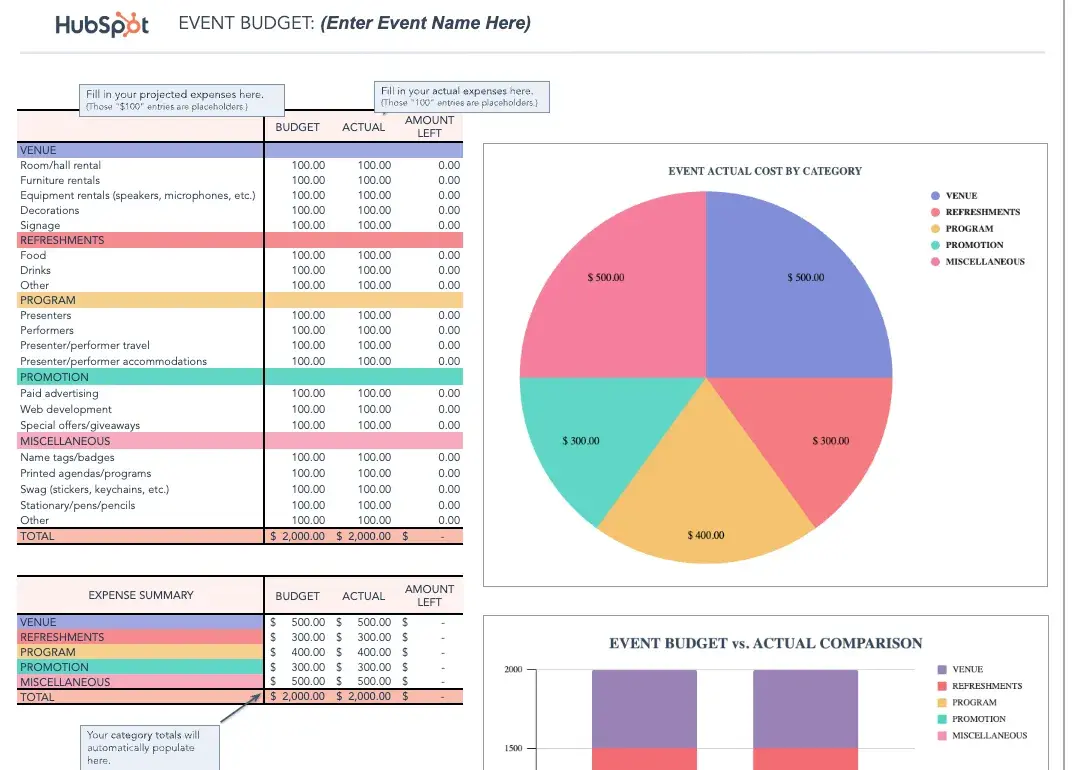
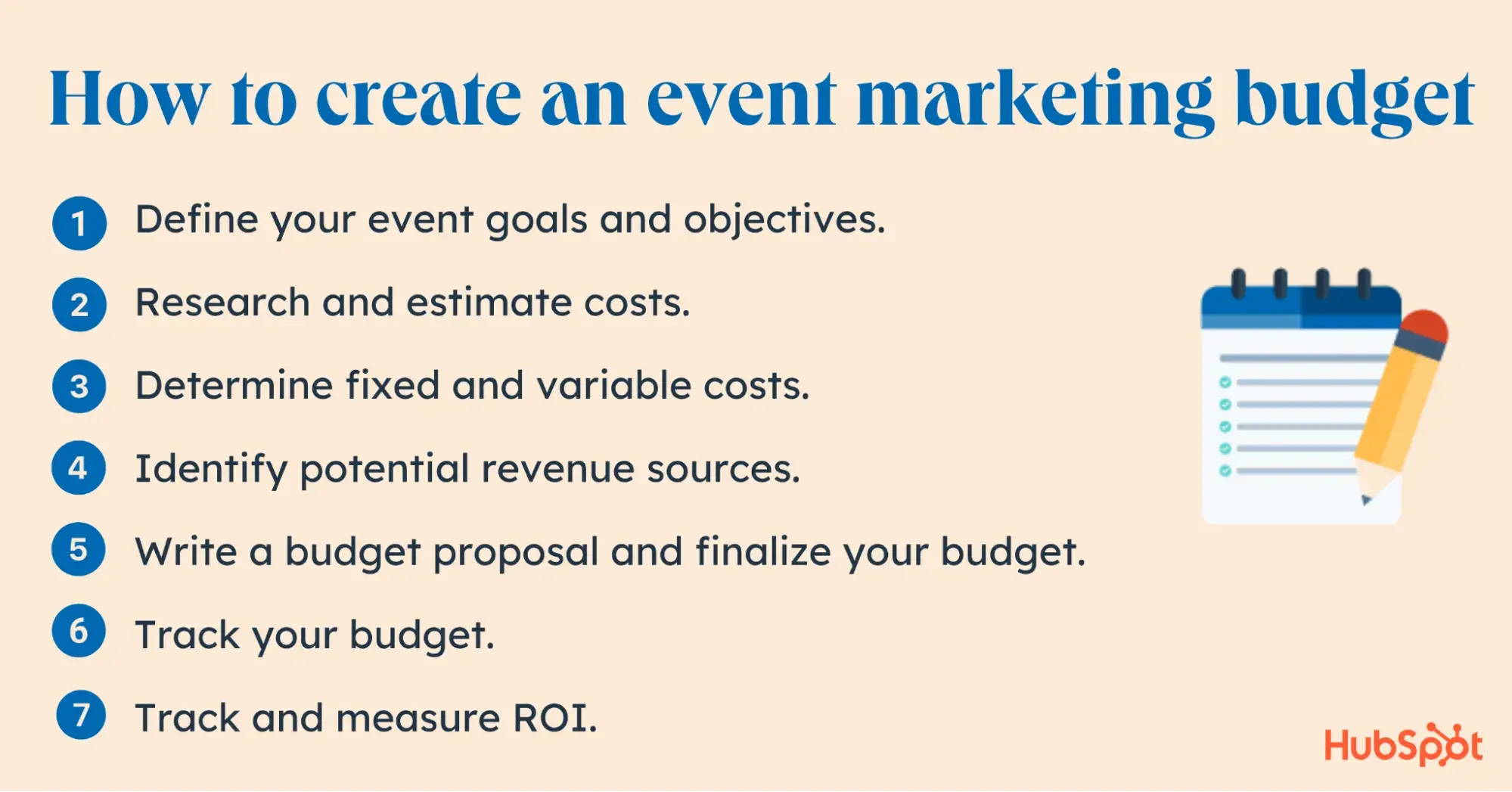
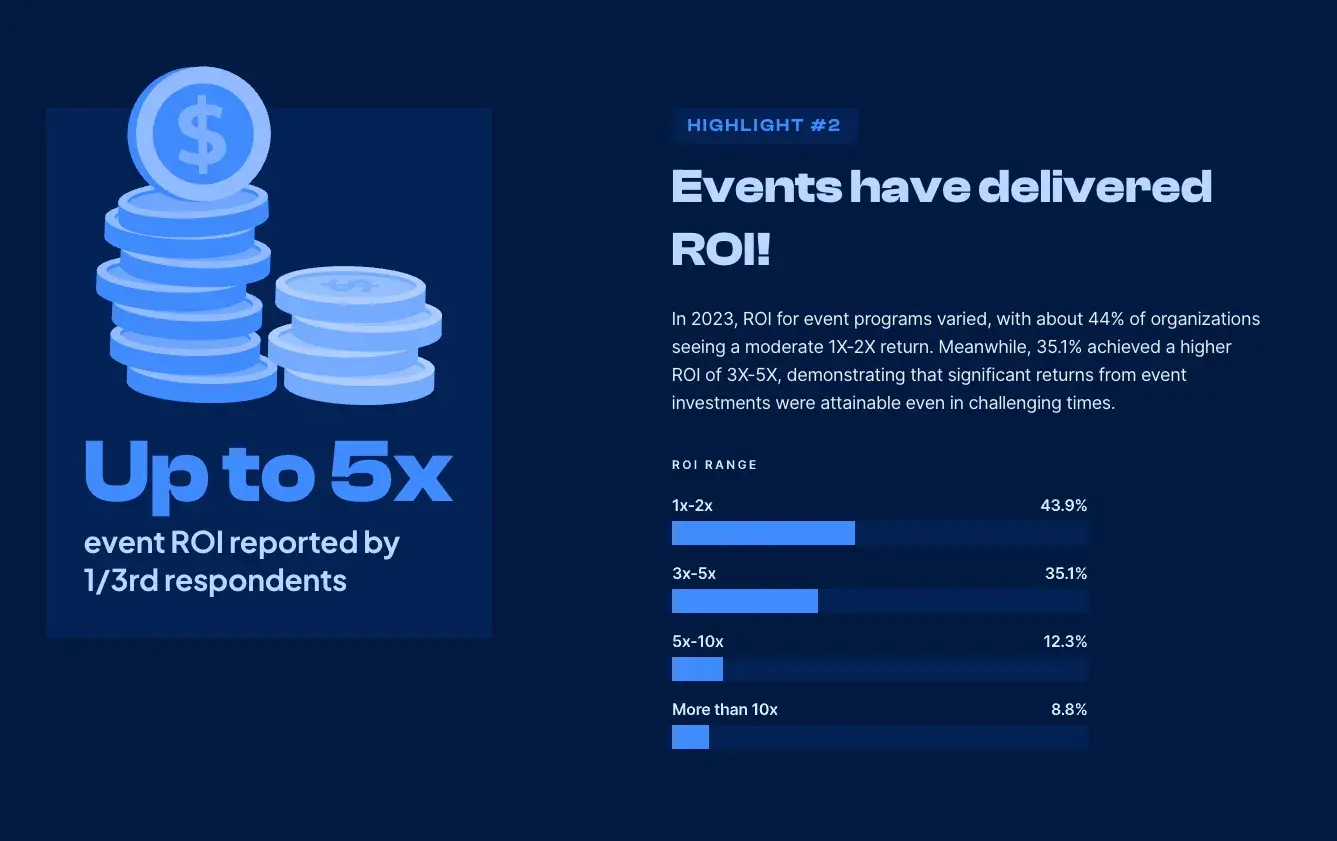

![Download Now: 100 ChatGPT Prompts for Marketers [Free Guide]](https://no-cache.hubspot.com/cta/default/53/c497a8fe-0f60-4244-9cb1-5bed4d1e5ab6.png)
![Download Now: Introduction to Data Analytics [Free Guide]](https://no-cache.hubspot.com/cta/default/53/8982b6b5-d870-4c07-9ccd-49a31e661036.png)
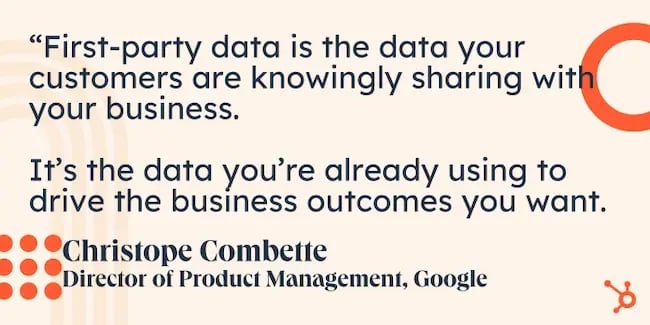
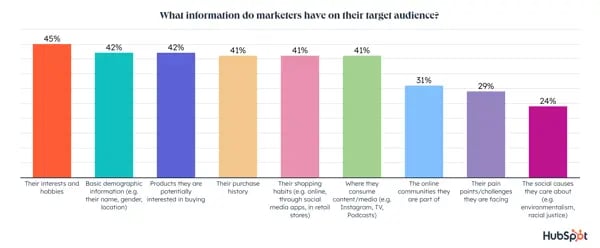
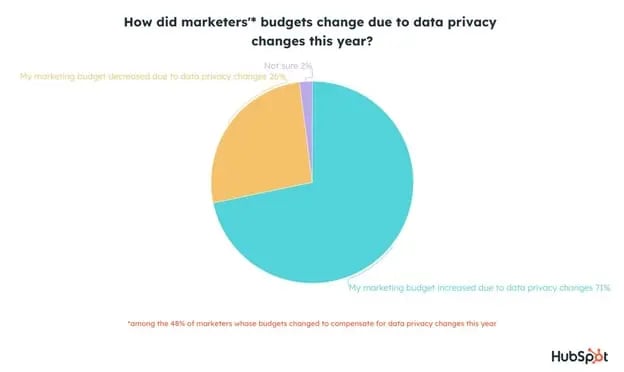
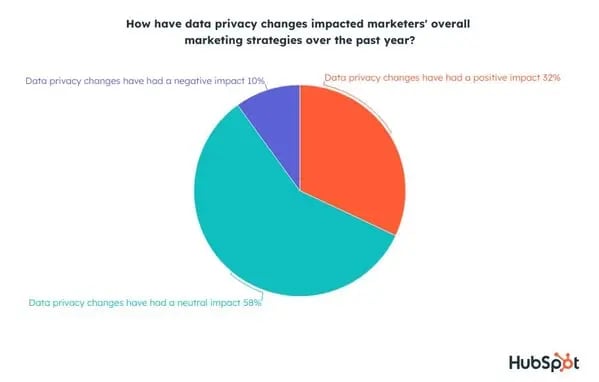
![Download Now: The State of U.S. Consumer Trends [Free Report]](https://softwarestack.tech/wp-content/uploads/2024/04/ebf9ec8e-a468-455a-943e-80aa4e6be694.png)
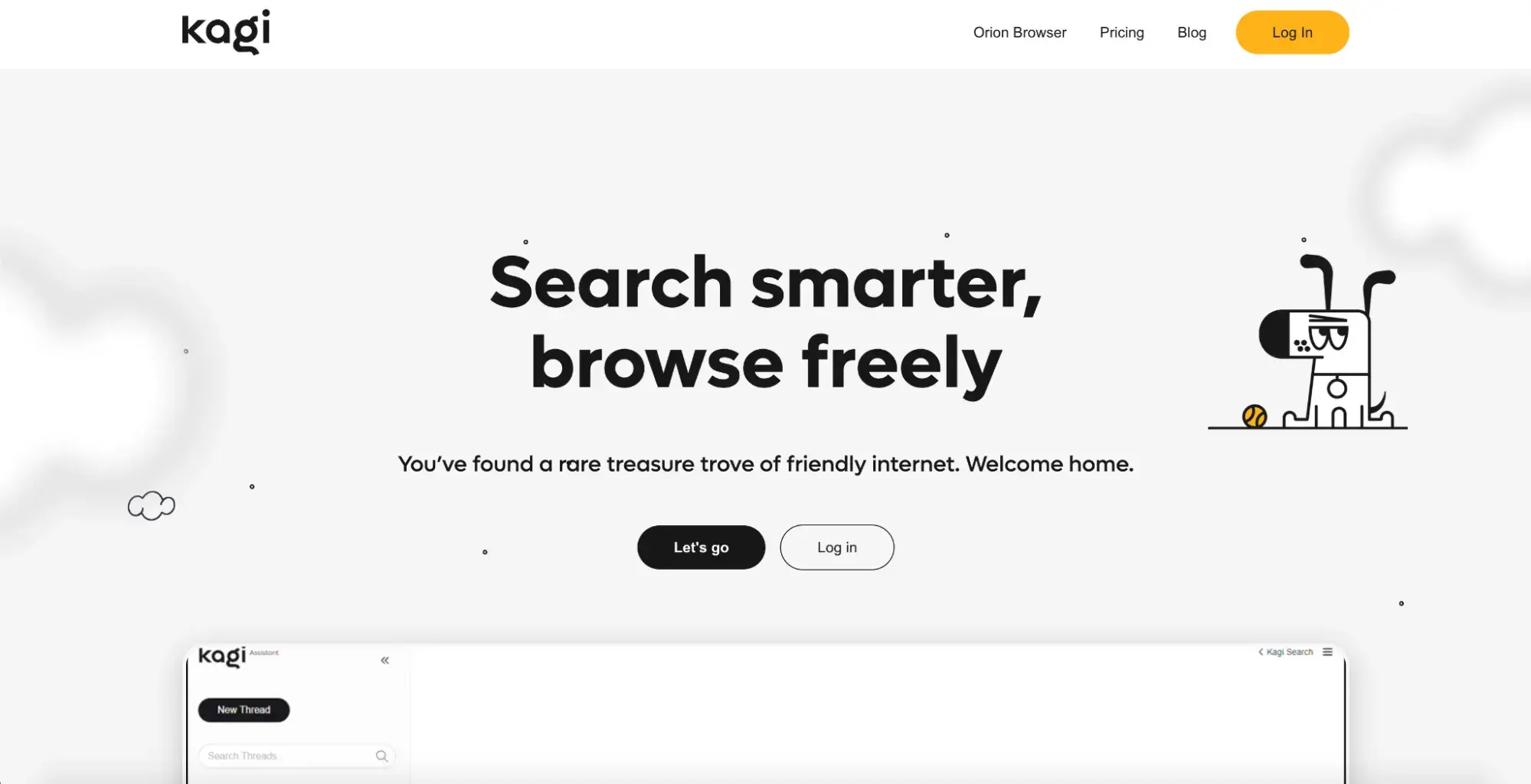
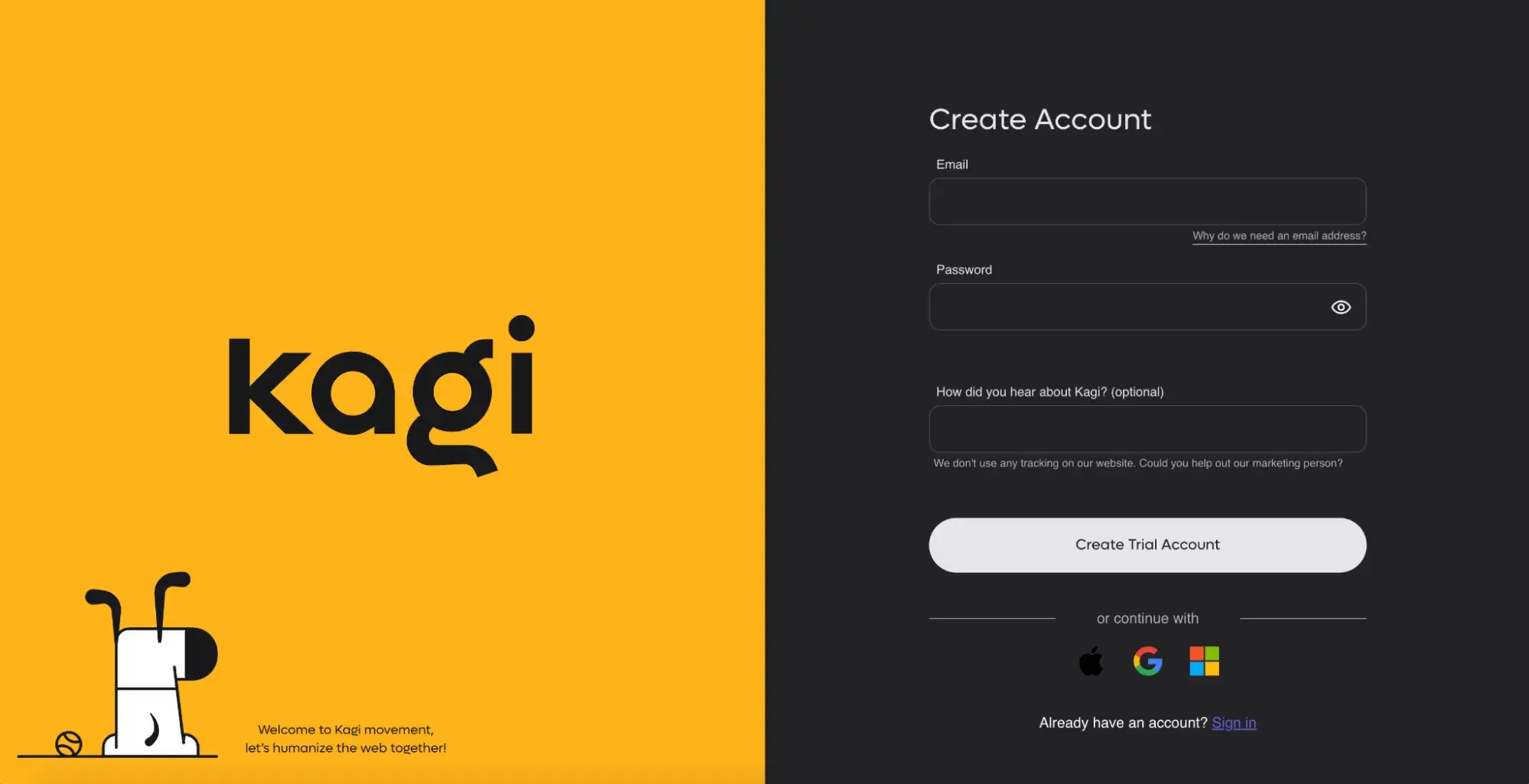

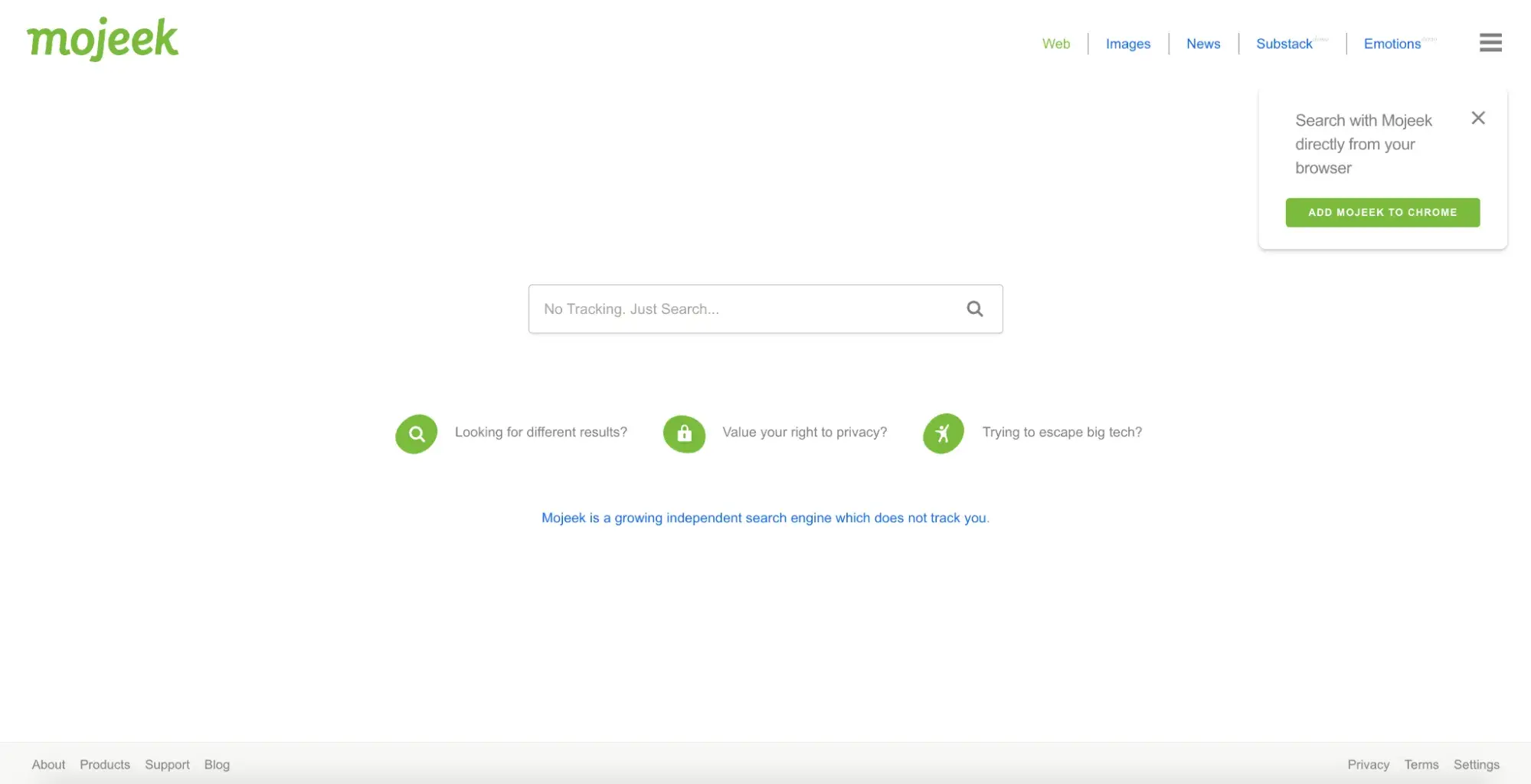
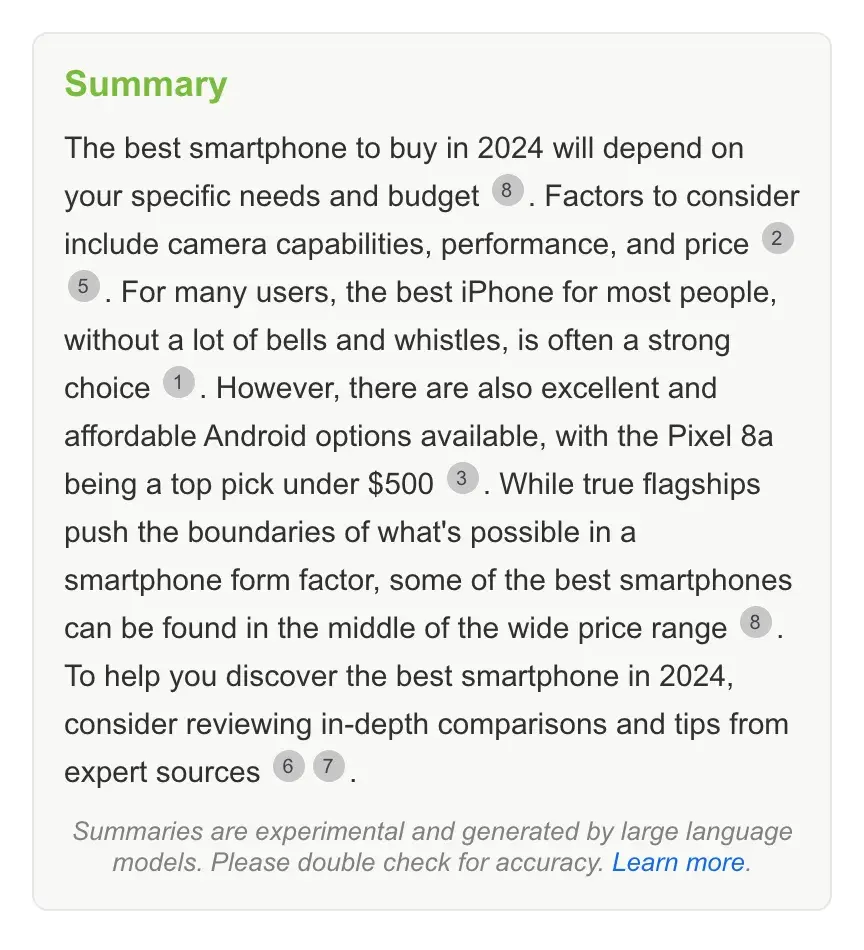
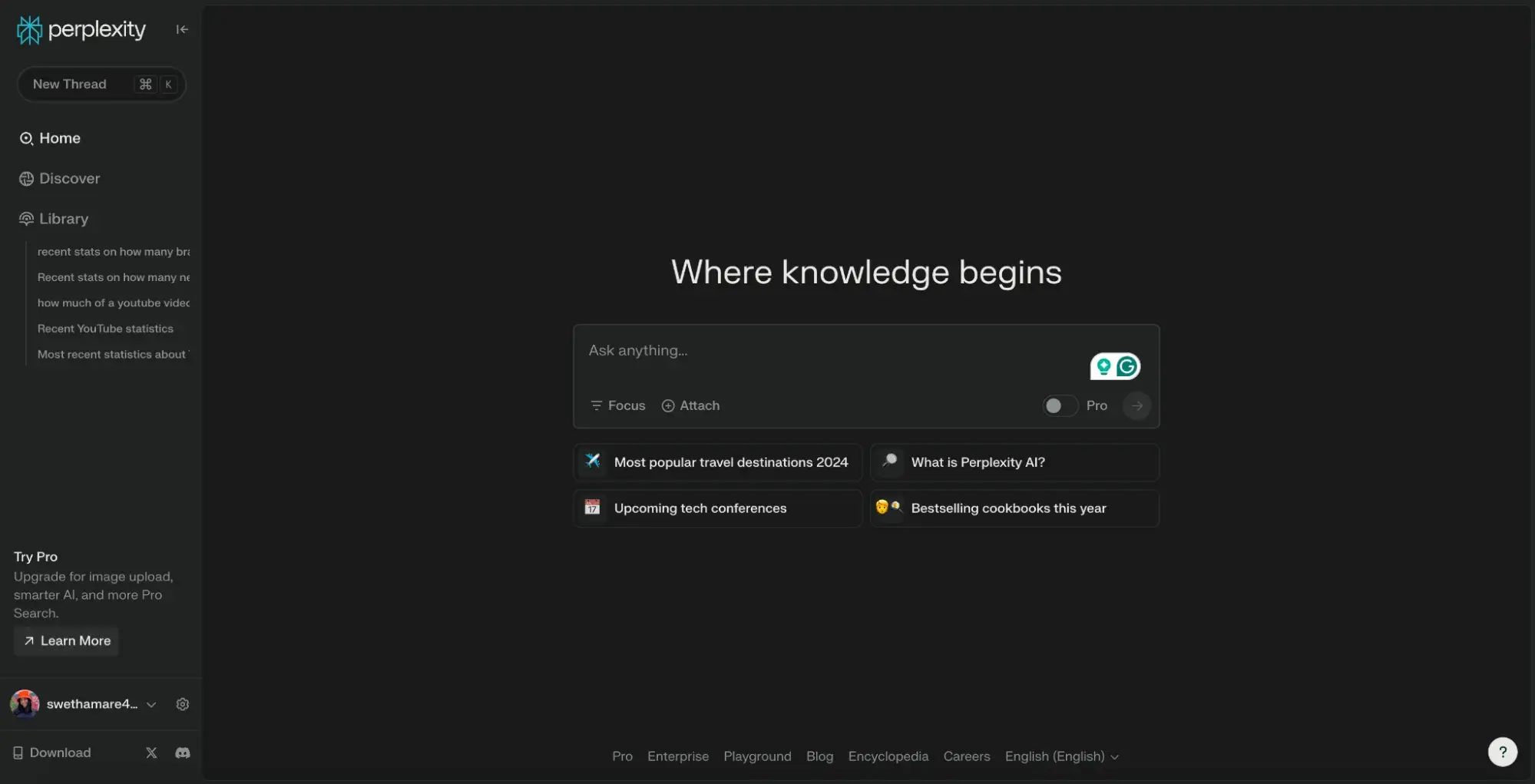
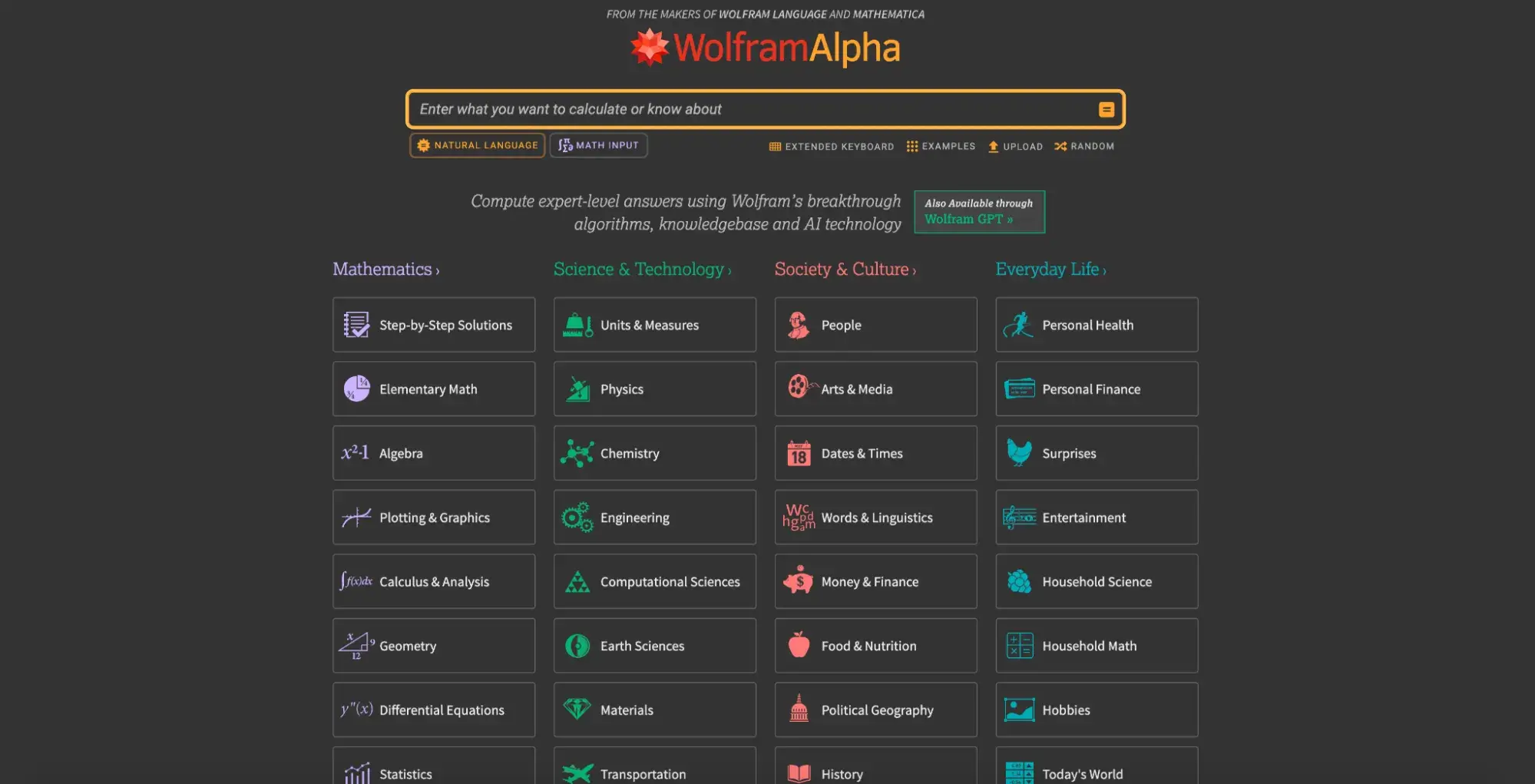
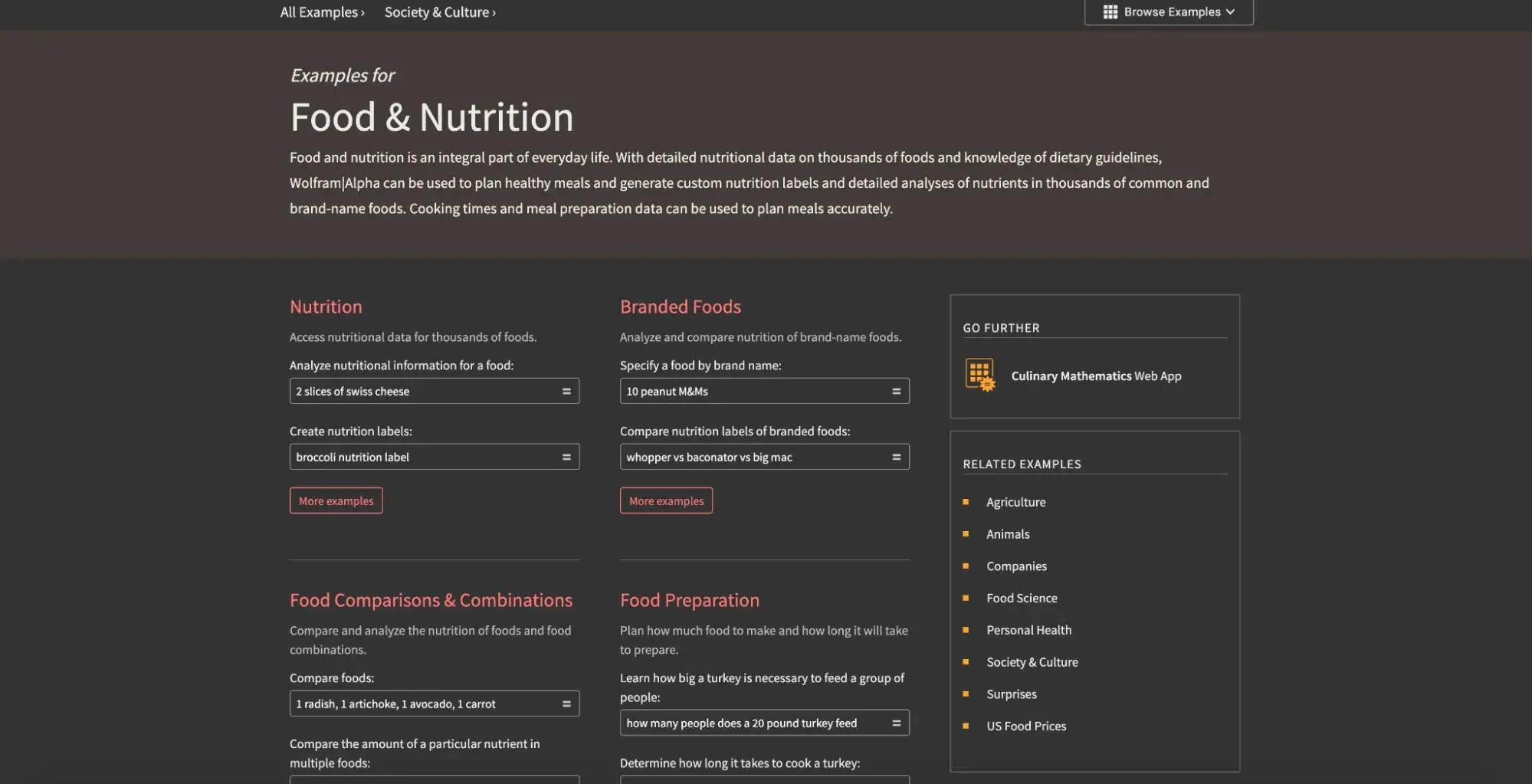
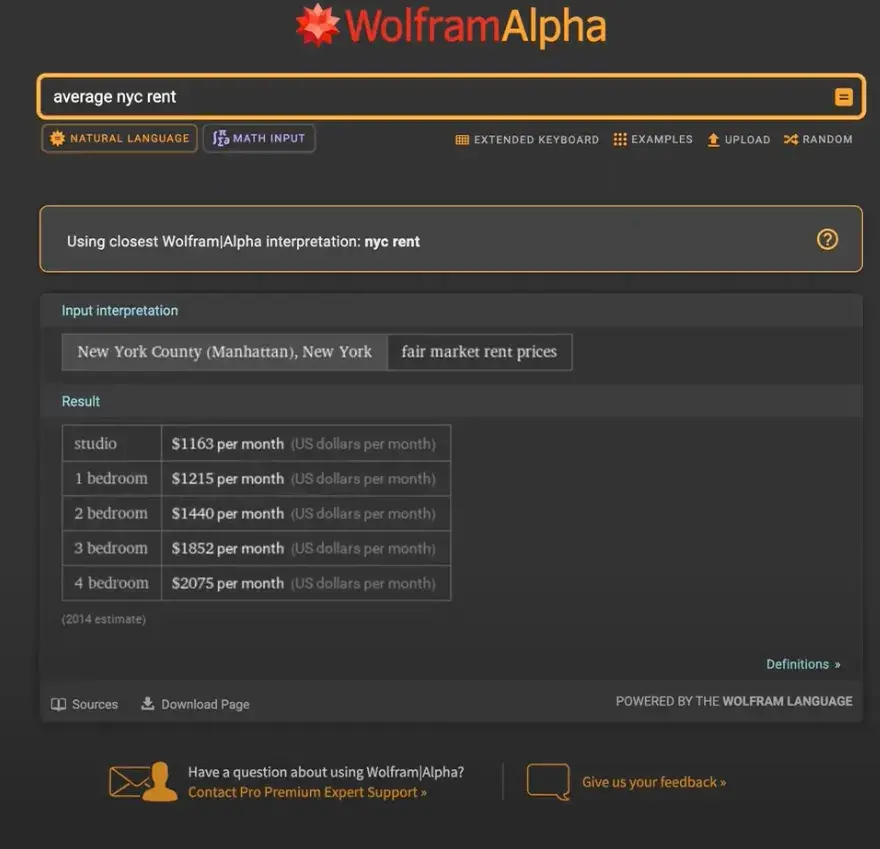
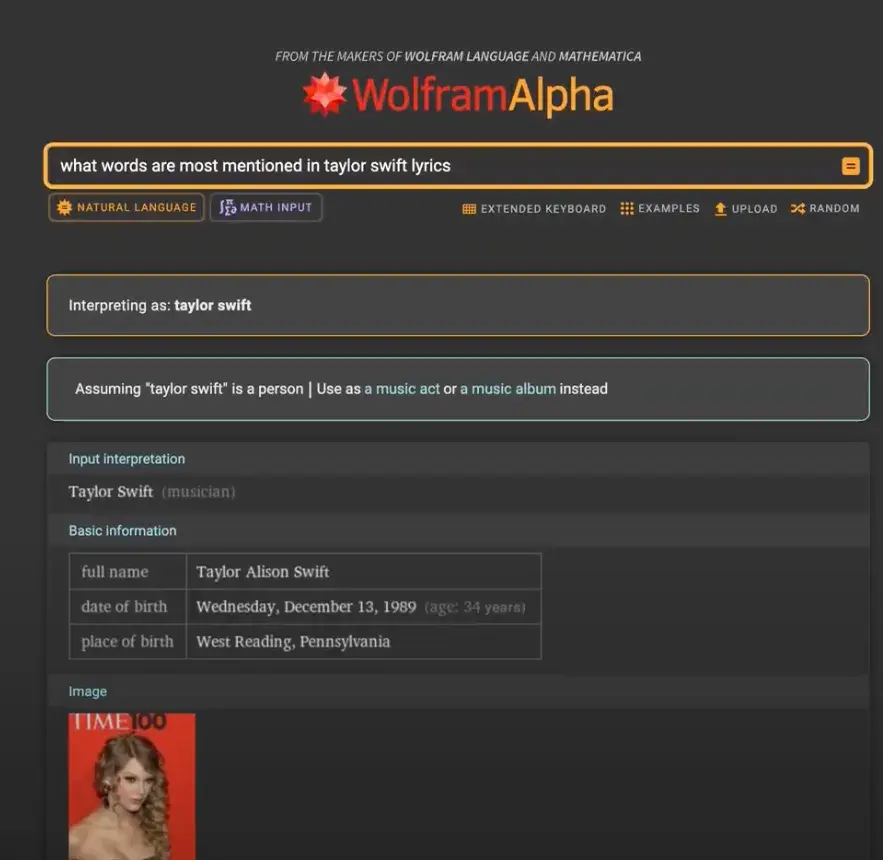
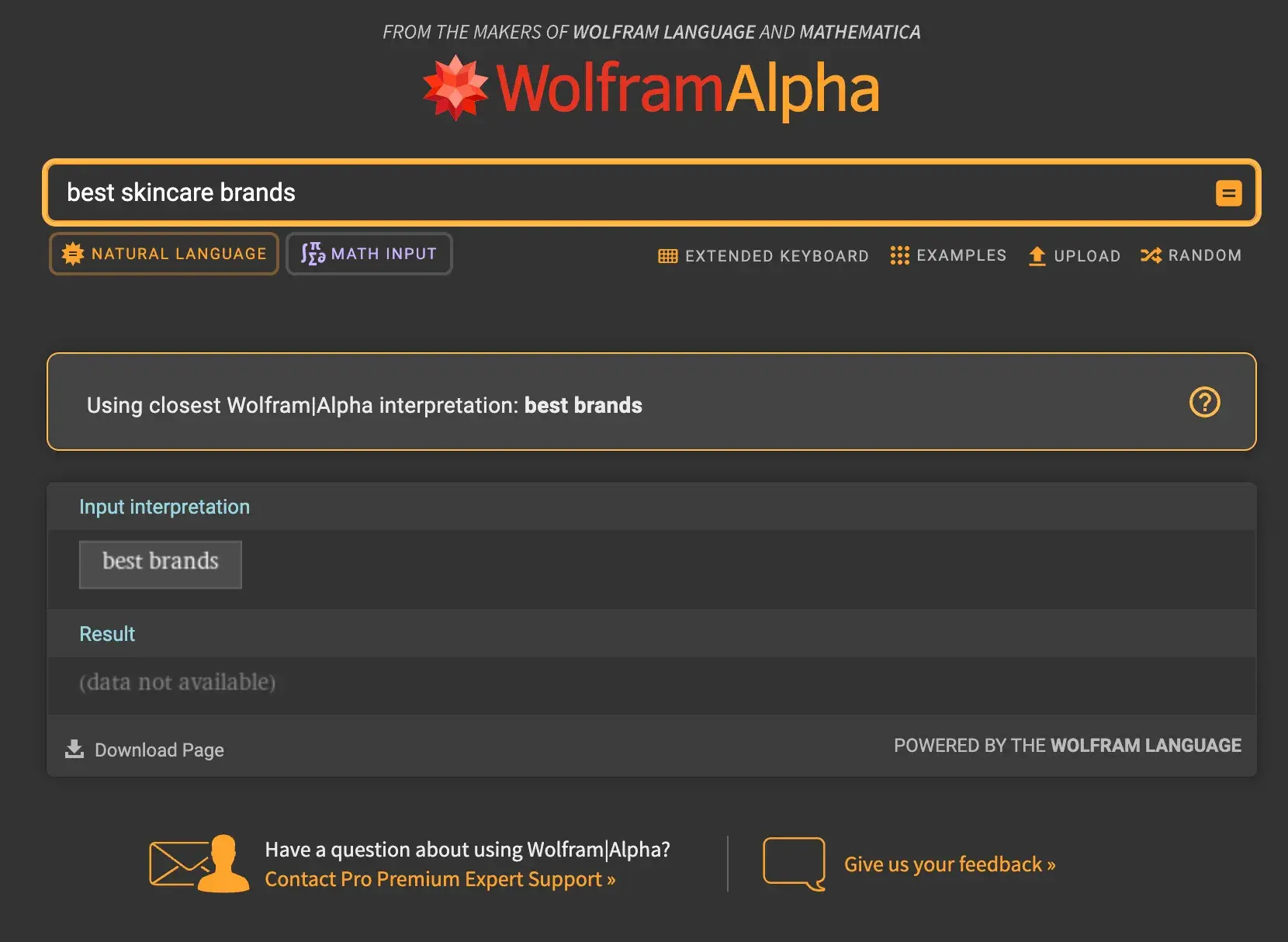
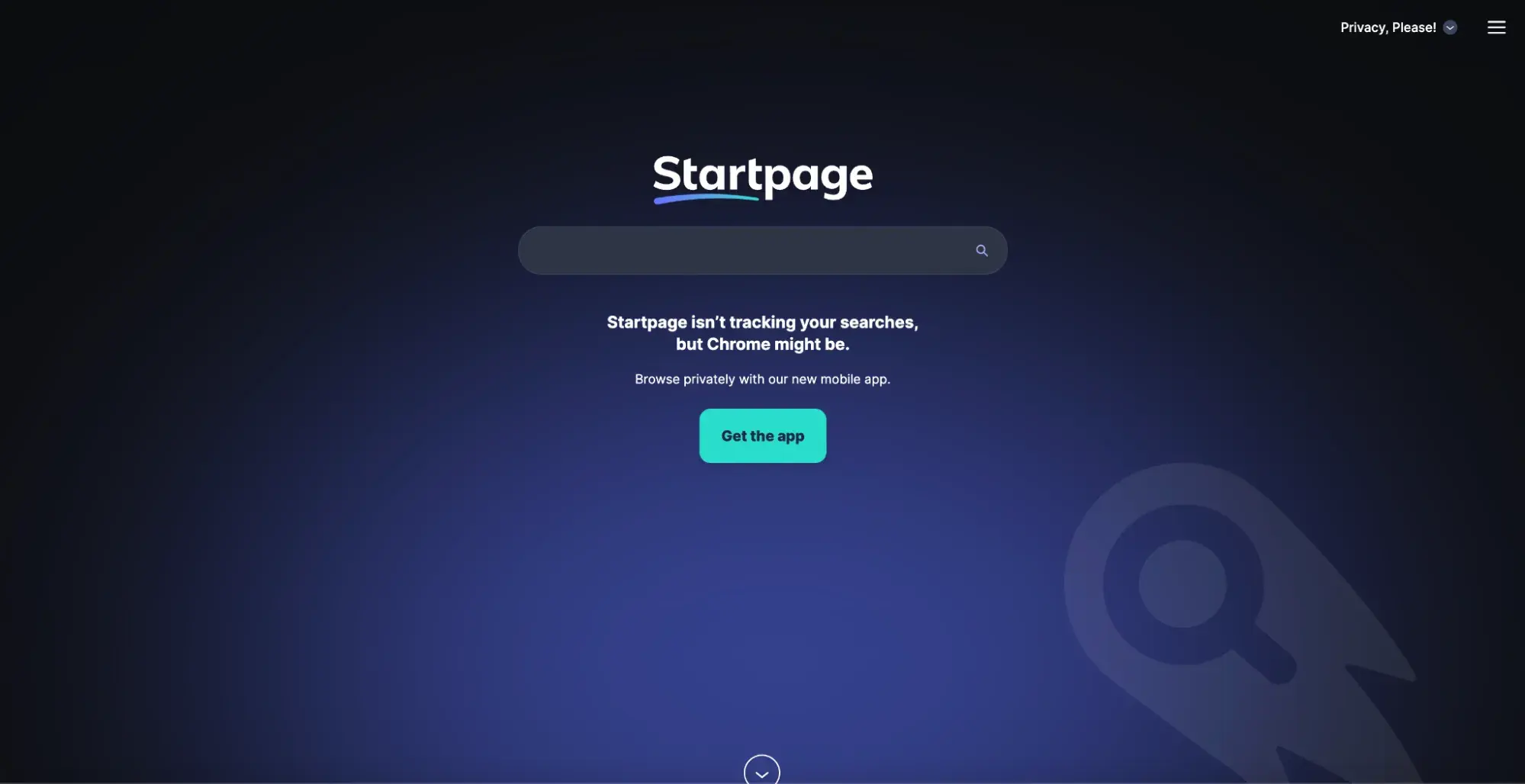
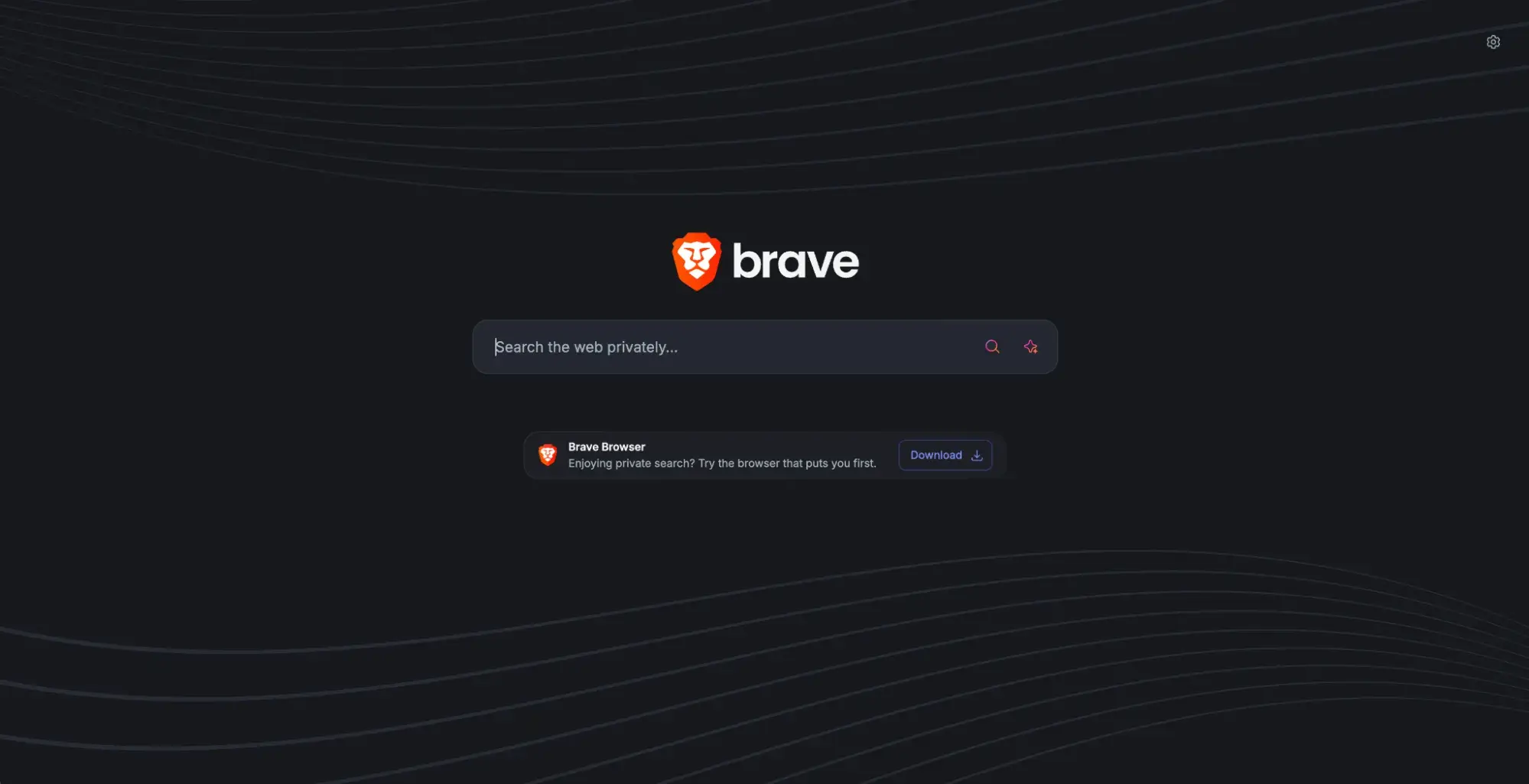
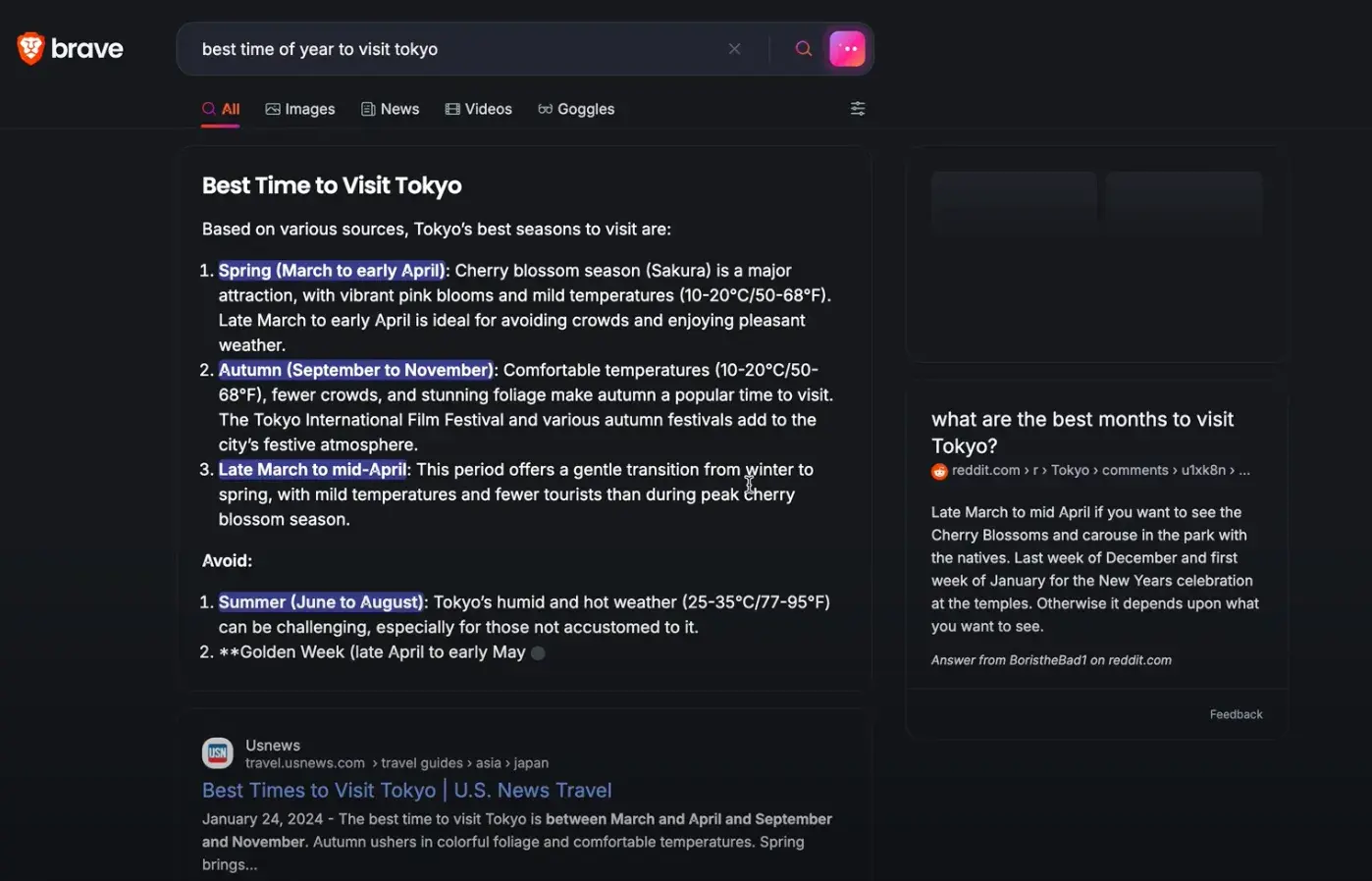

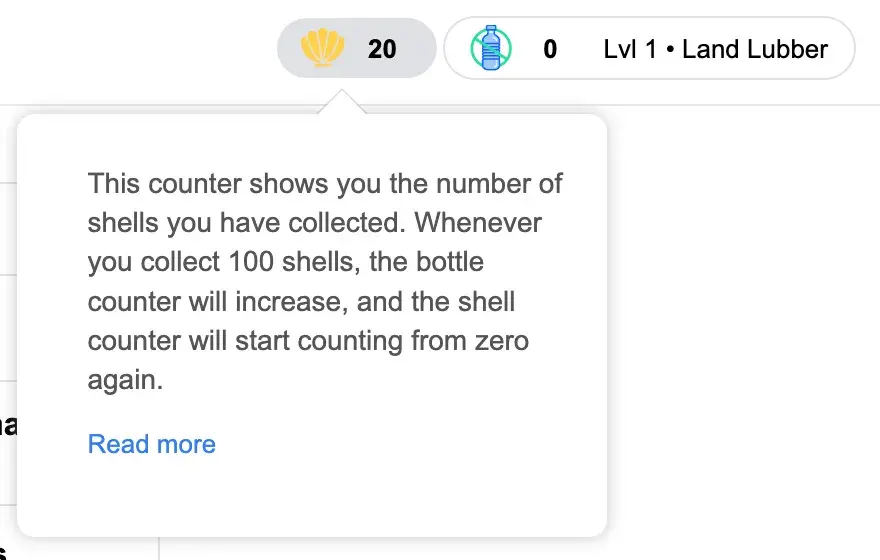

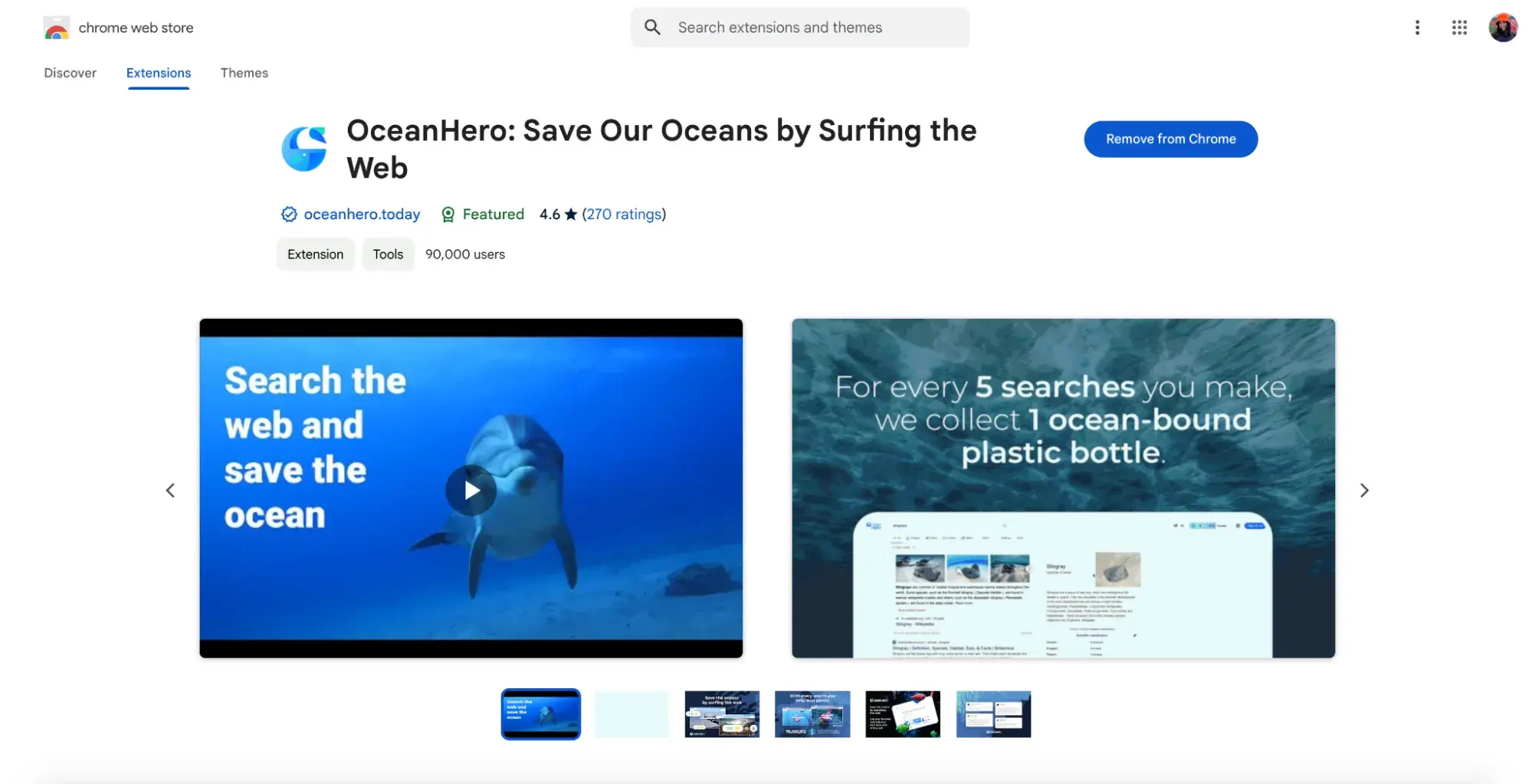
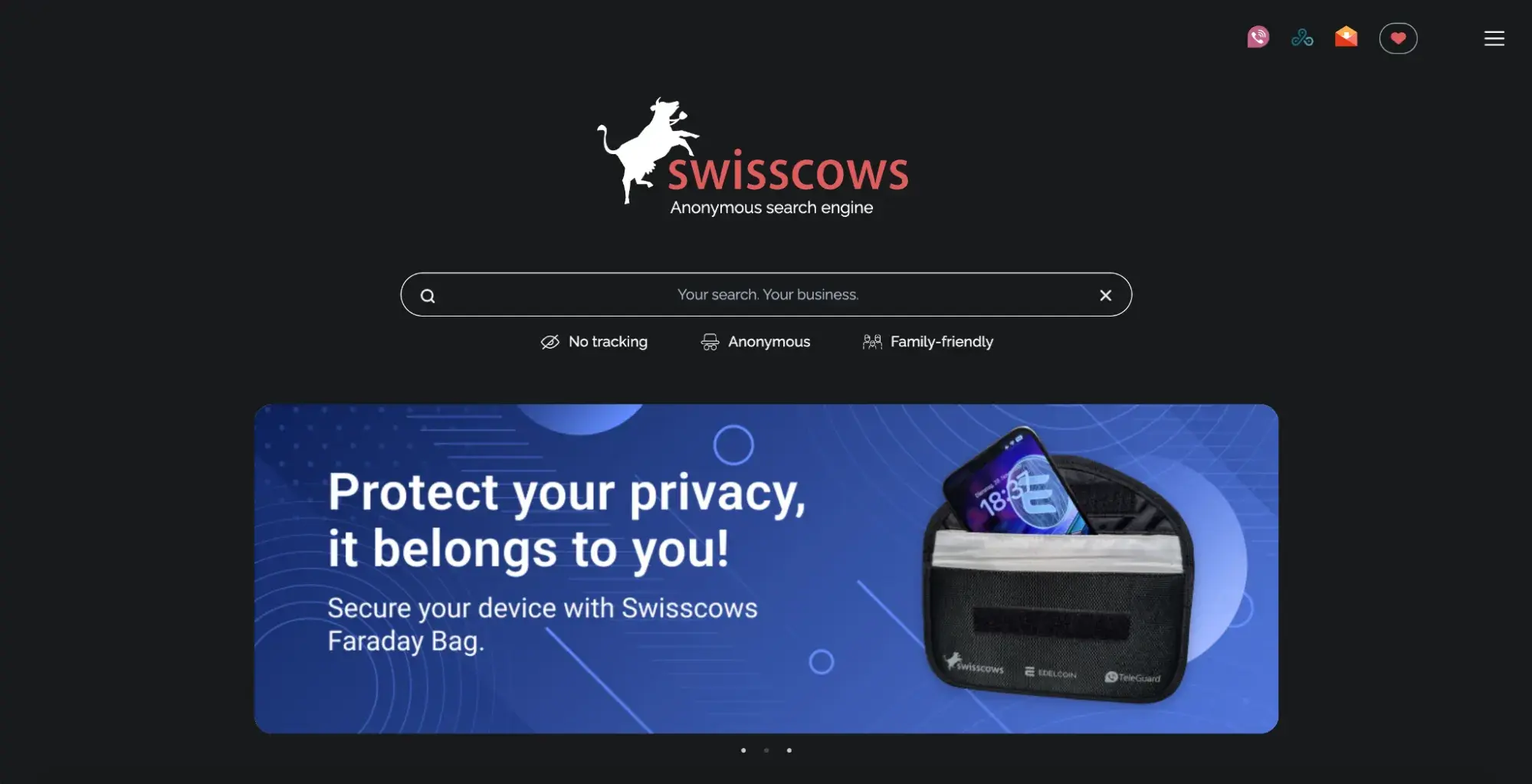

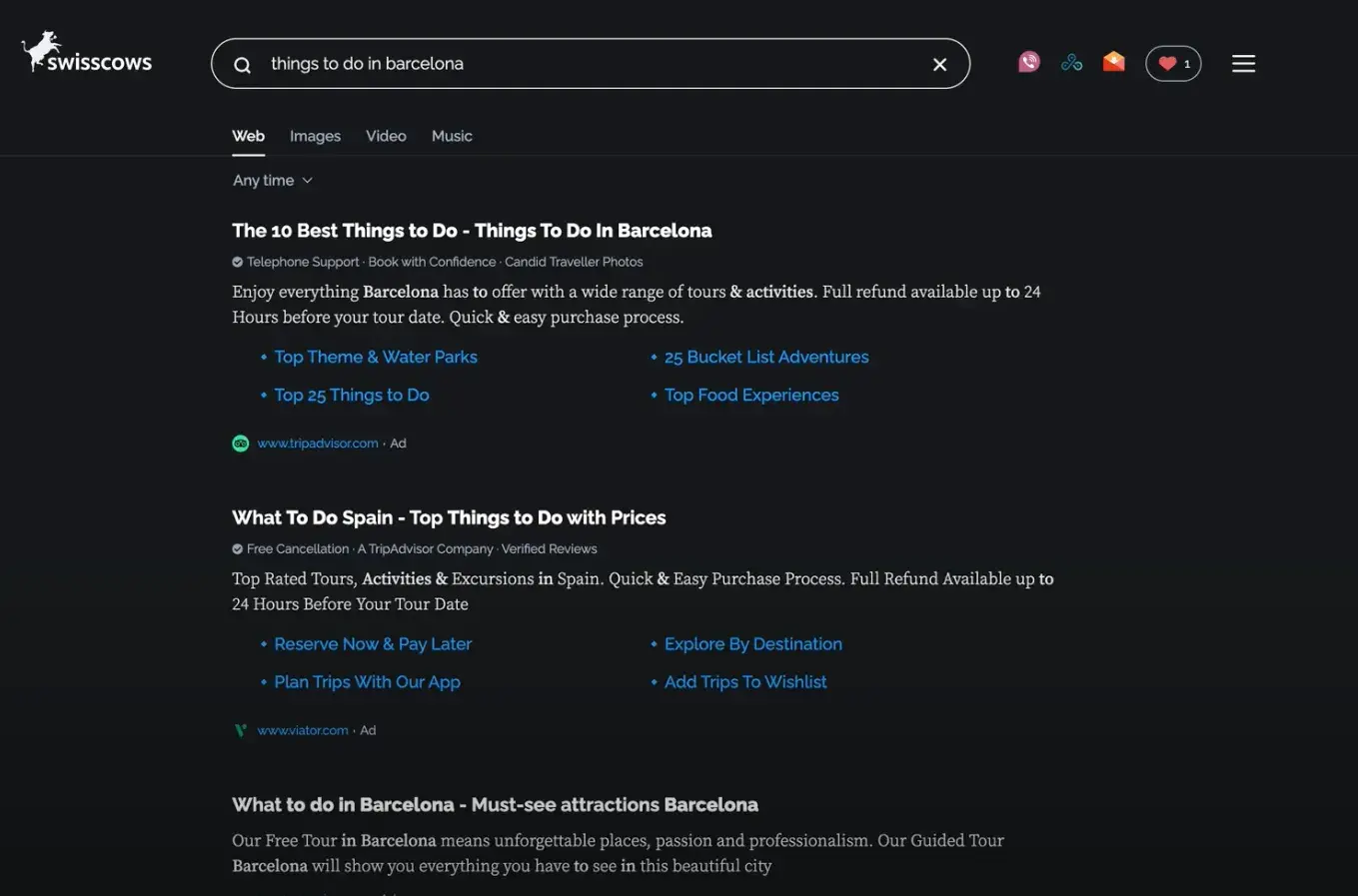
![New Data: Instagram Engagement Report [Free Download]](https://no-cache.hubspot.com/cta/default/53/9294dd33-9827-4b39-8fc2-b7fbece7fdb9.png)
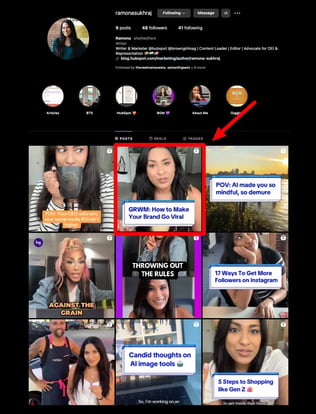
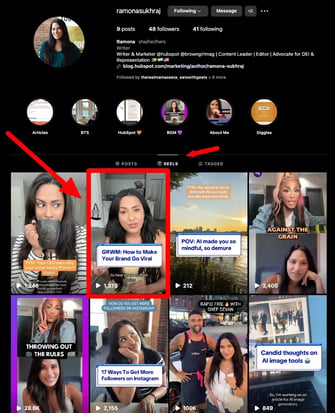



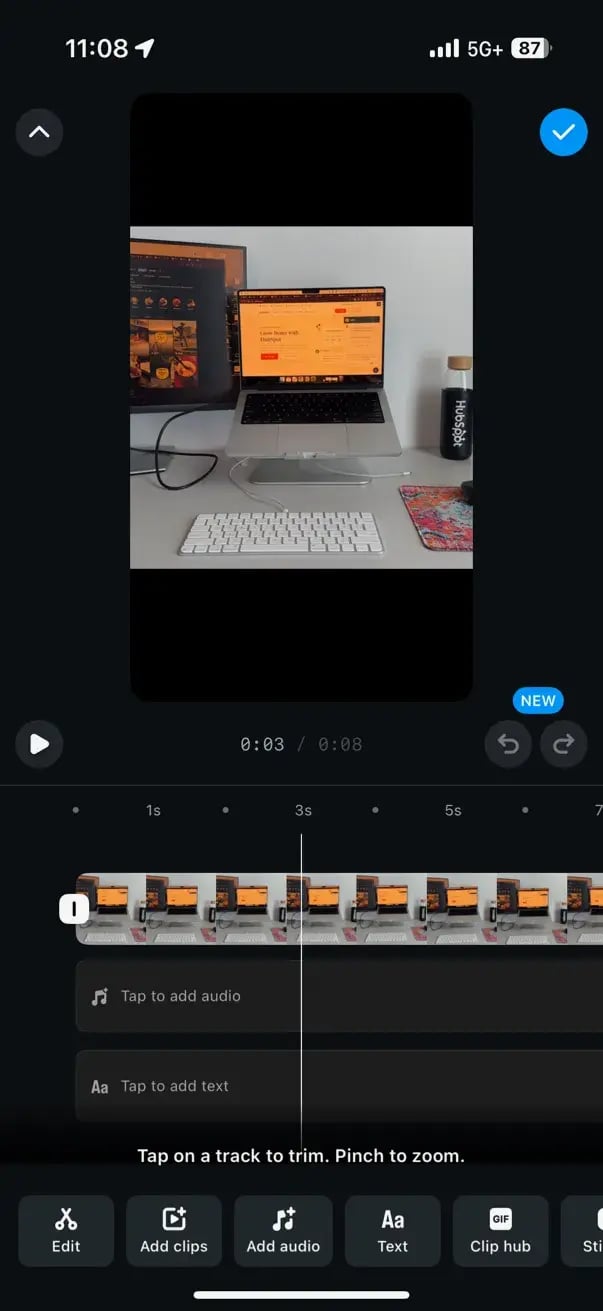

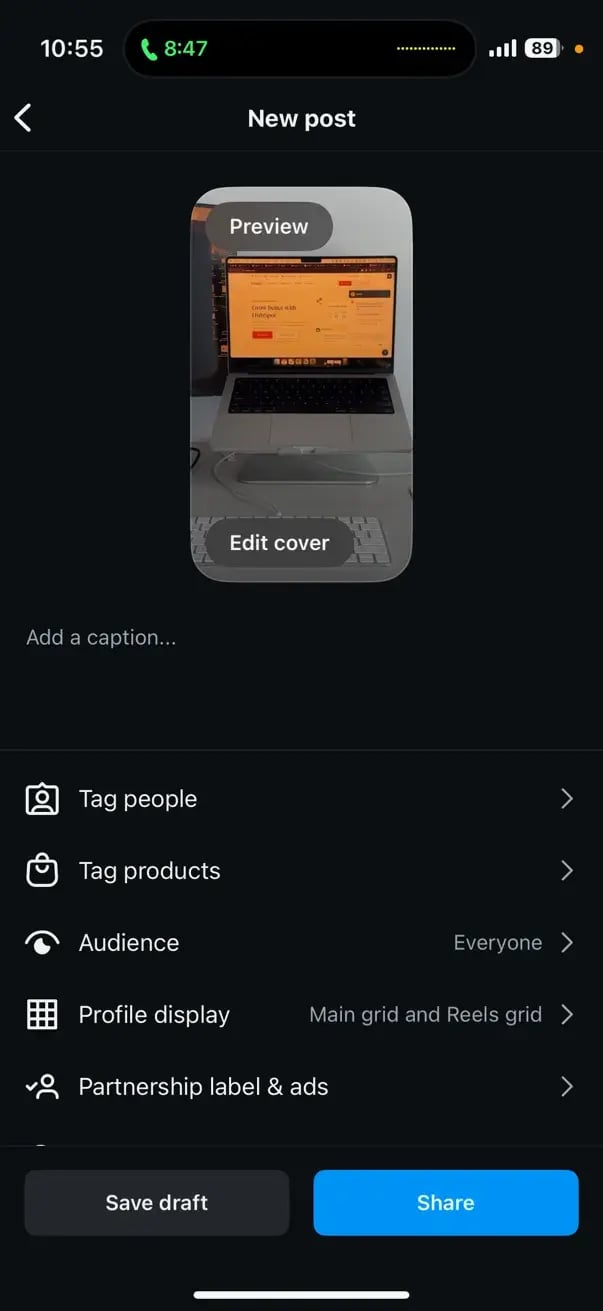
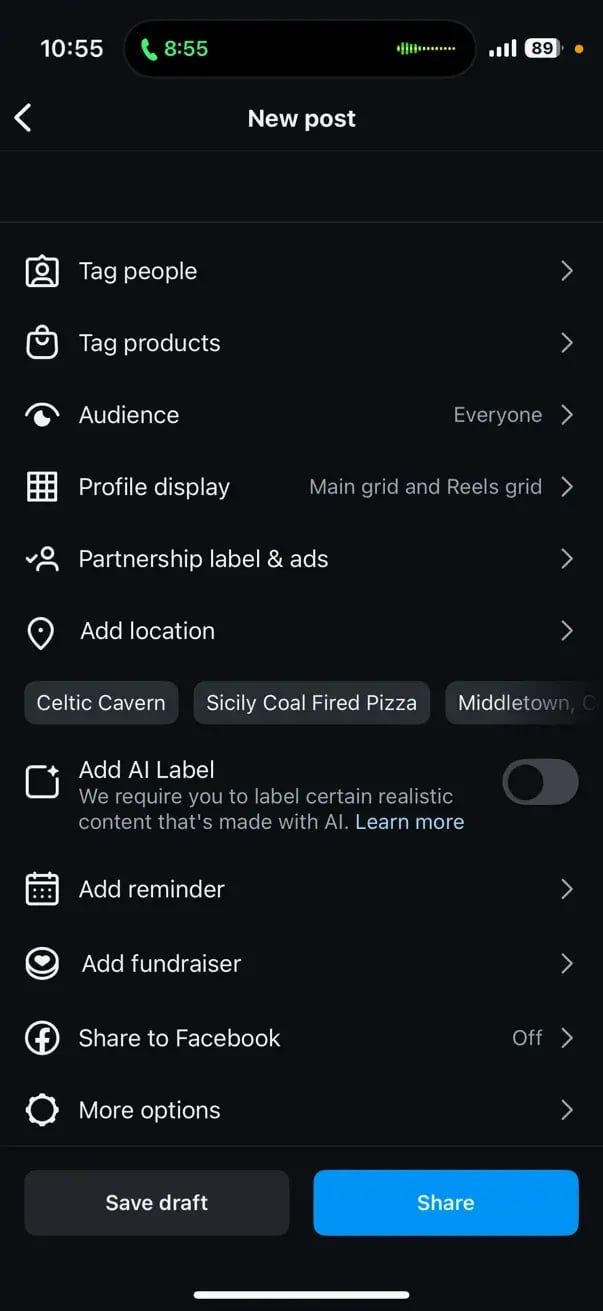
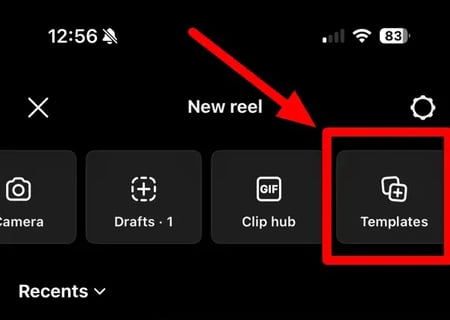

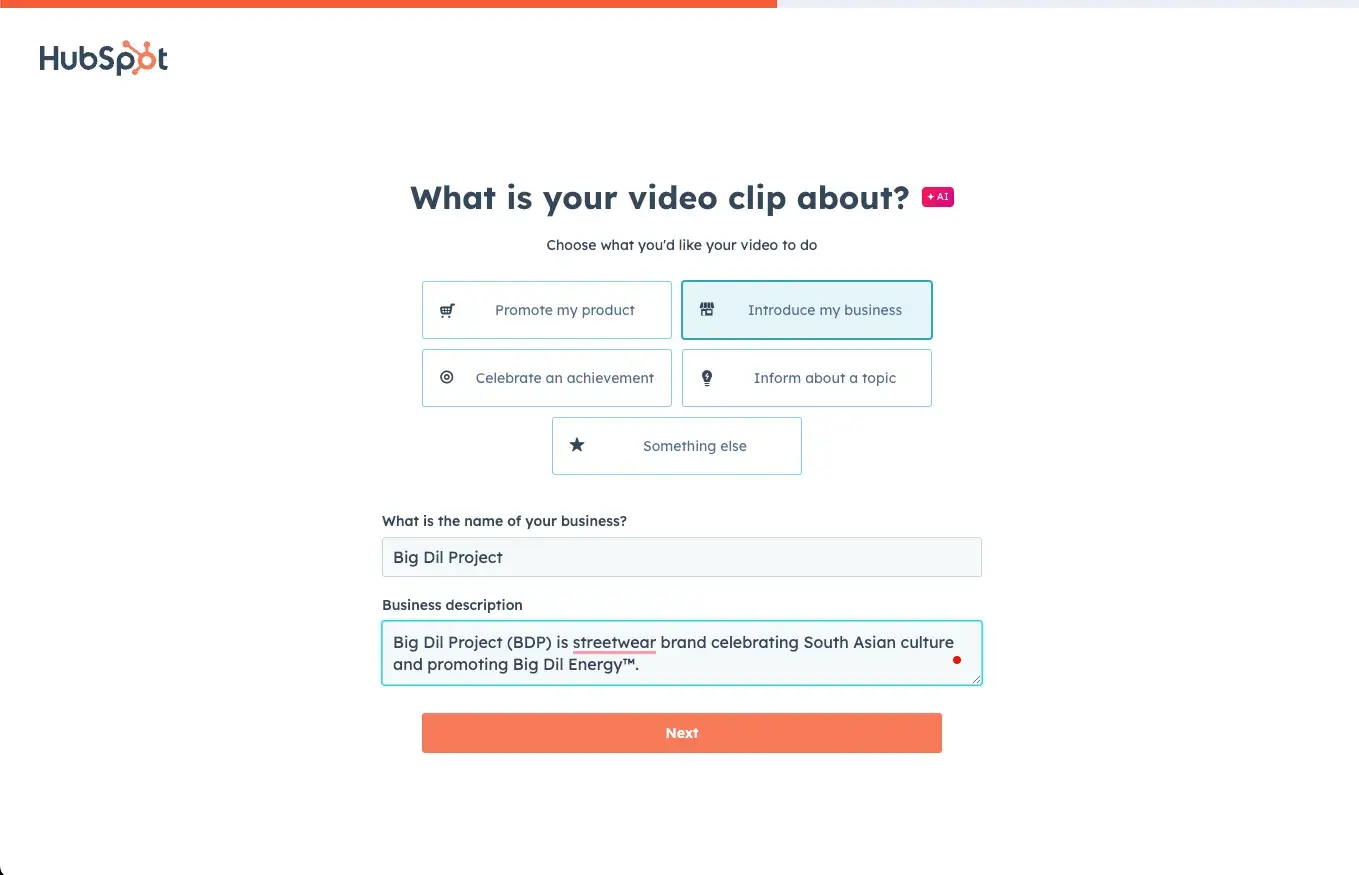
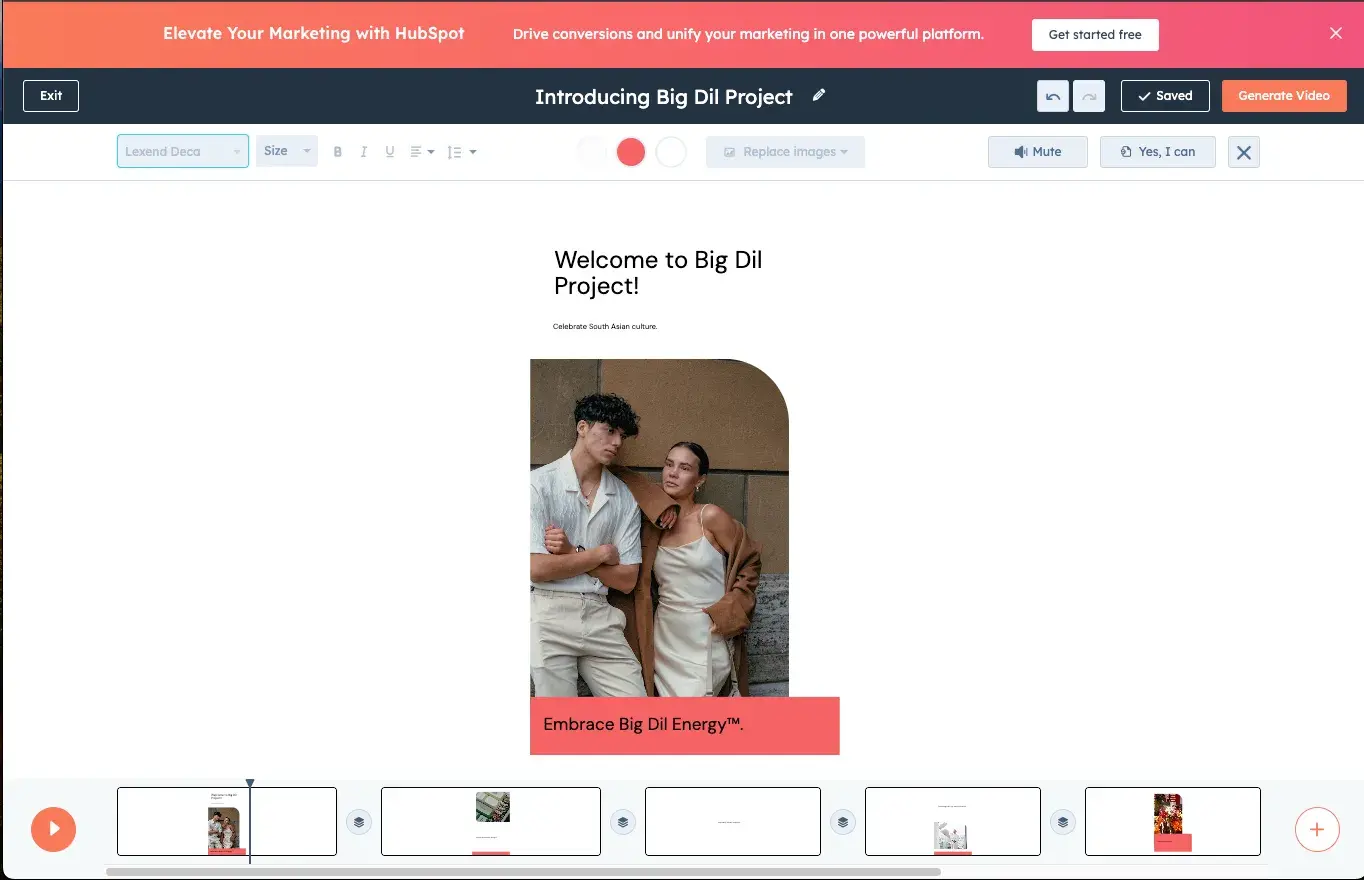
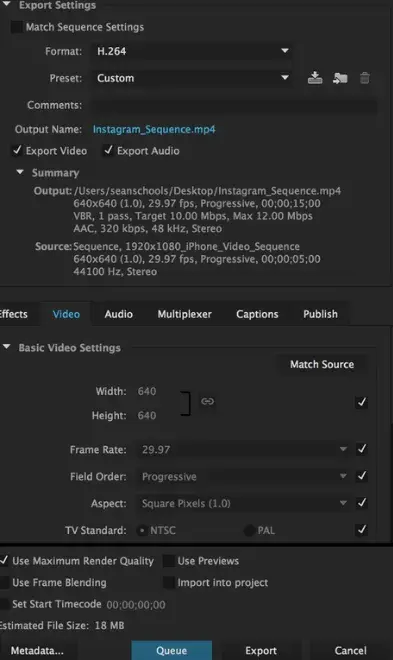
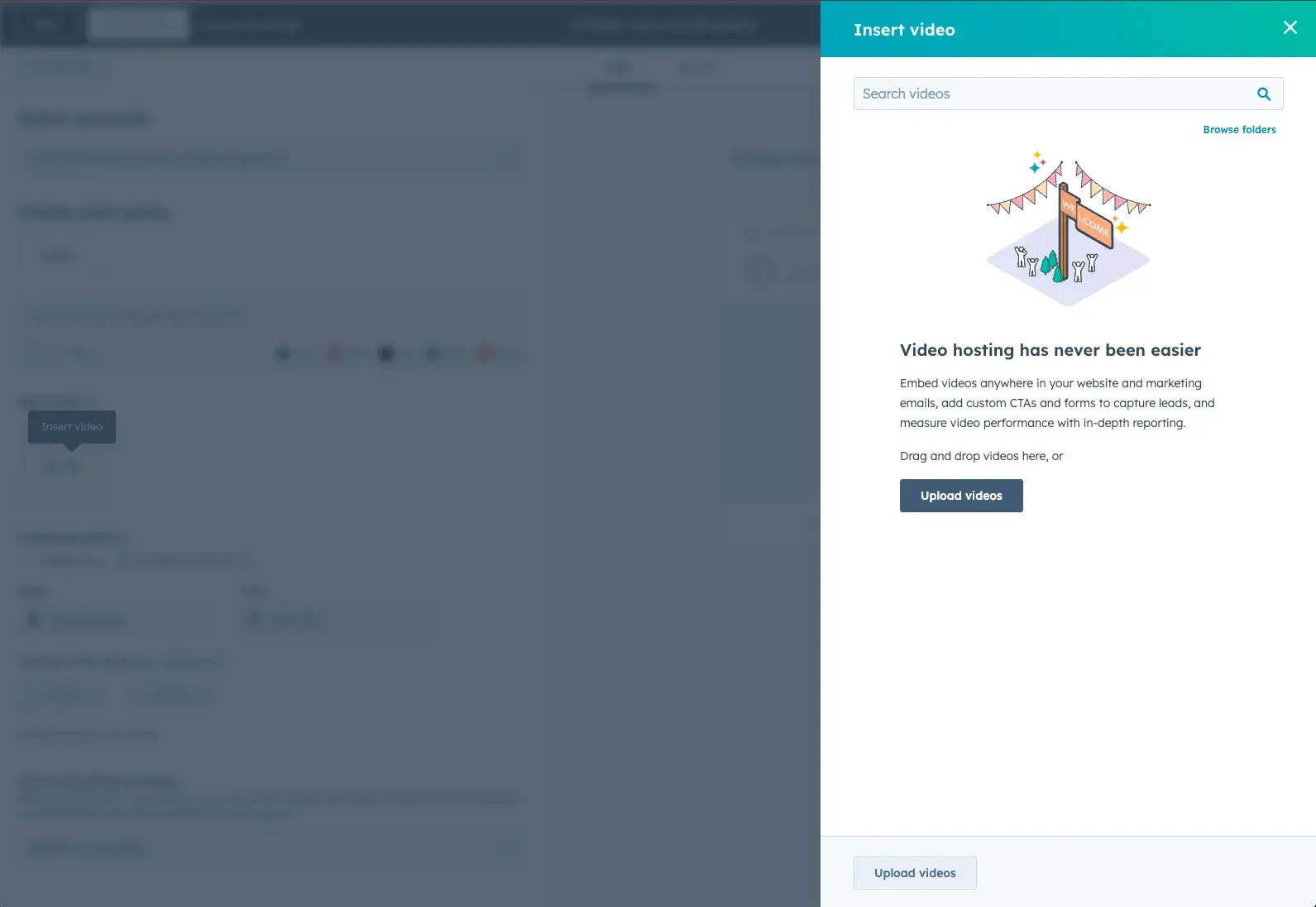
![Download Now: The Annual State of Artificial Intelligence in 2024 [Free Report]](https://no-cache.hubspot.com/cta/default/53/b72f2b25-8cc9-4642-9a1b-1e675d3d273b.png)
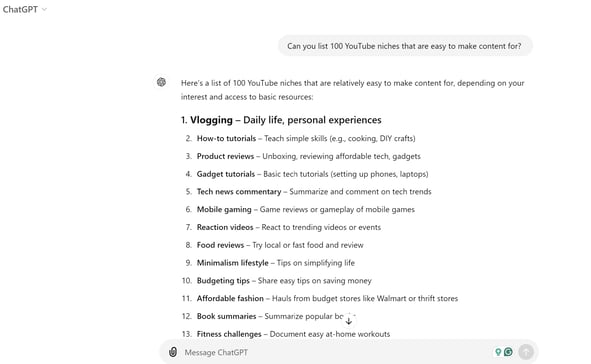

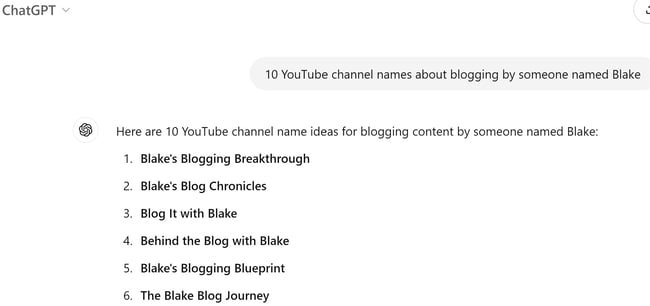

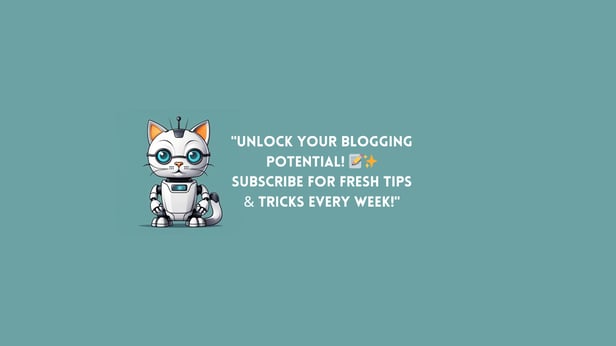
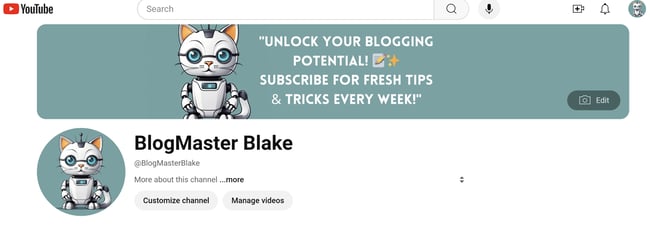


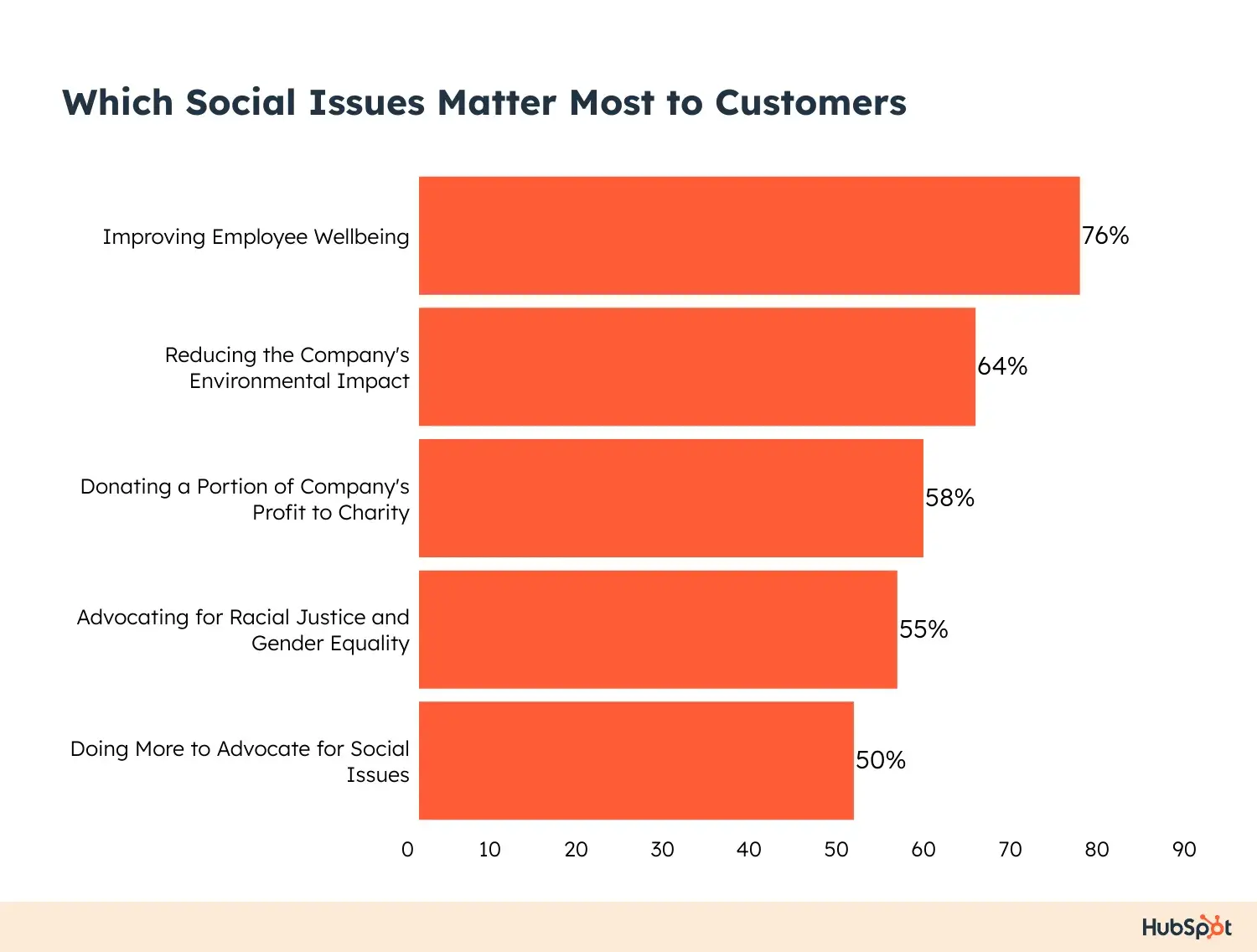

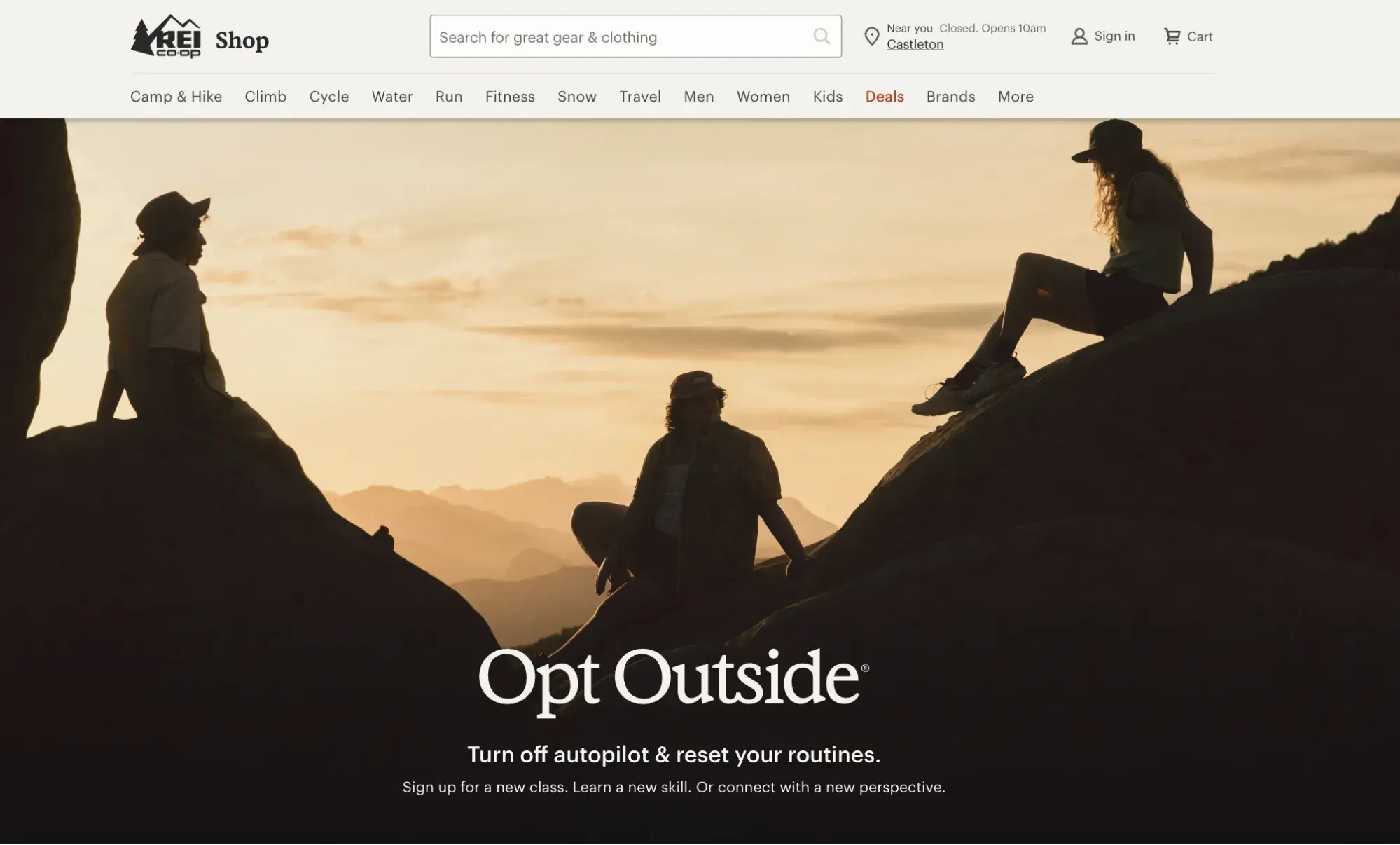





![Download Now: Free Marketing Plan Template [Get Your Copy]](https://no-cache.hubspot.com/cta/default/53/aacfe6c7-71e6-4f49-979f-76099062afa0.png)
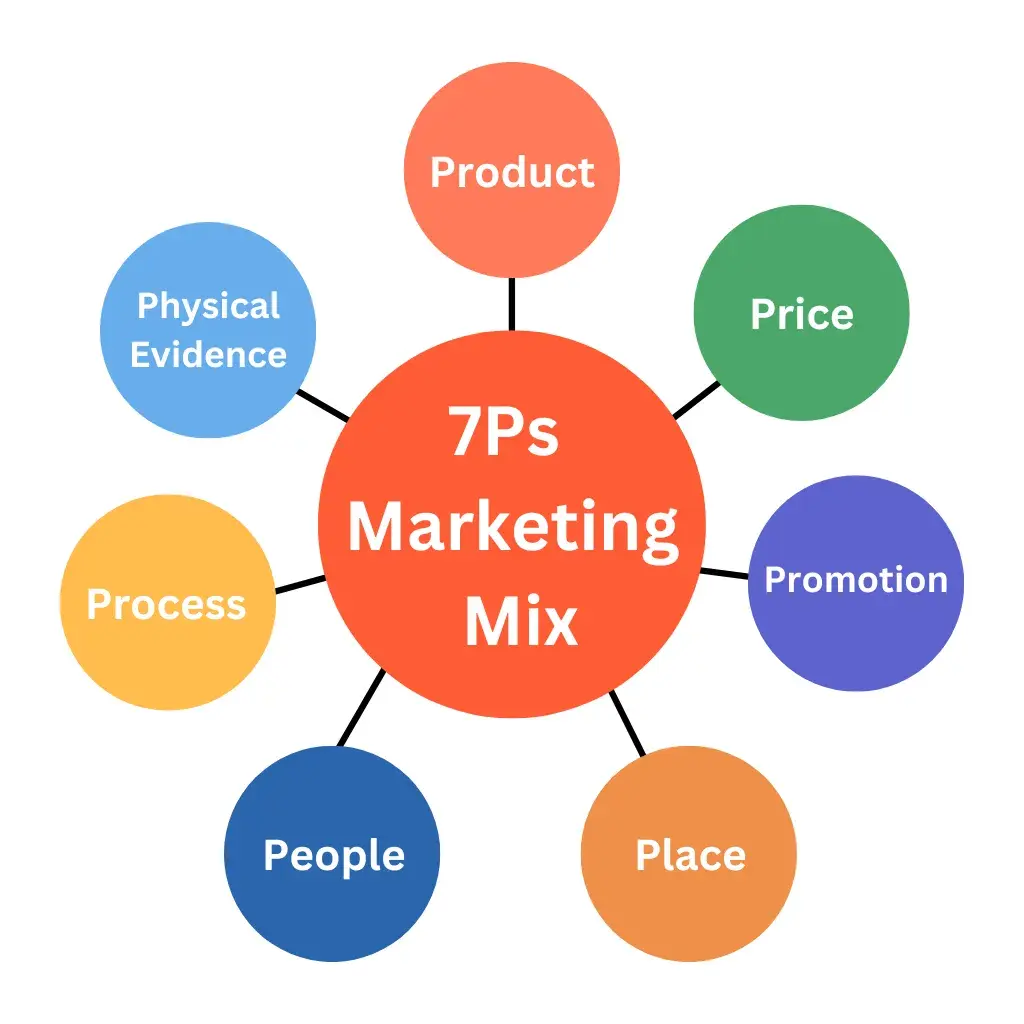
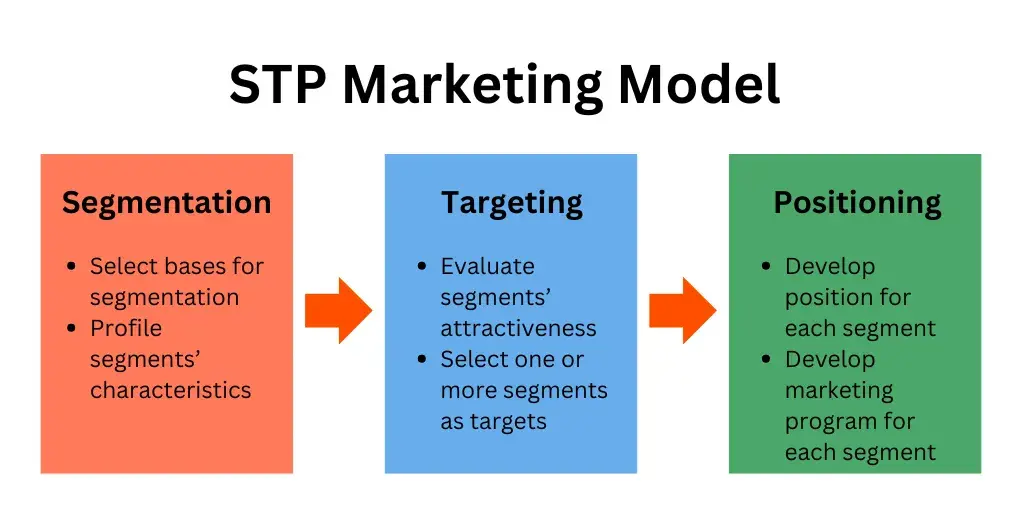
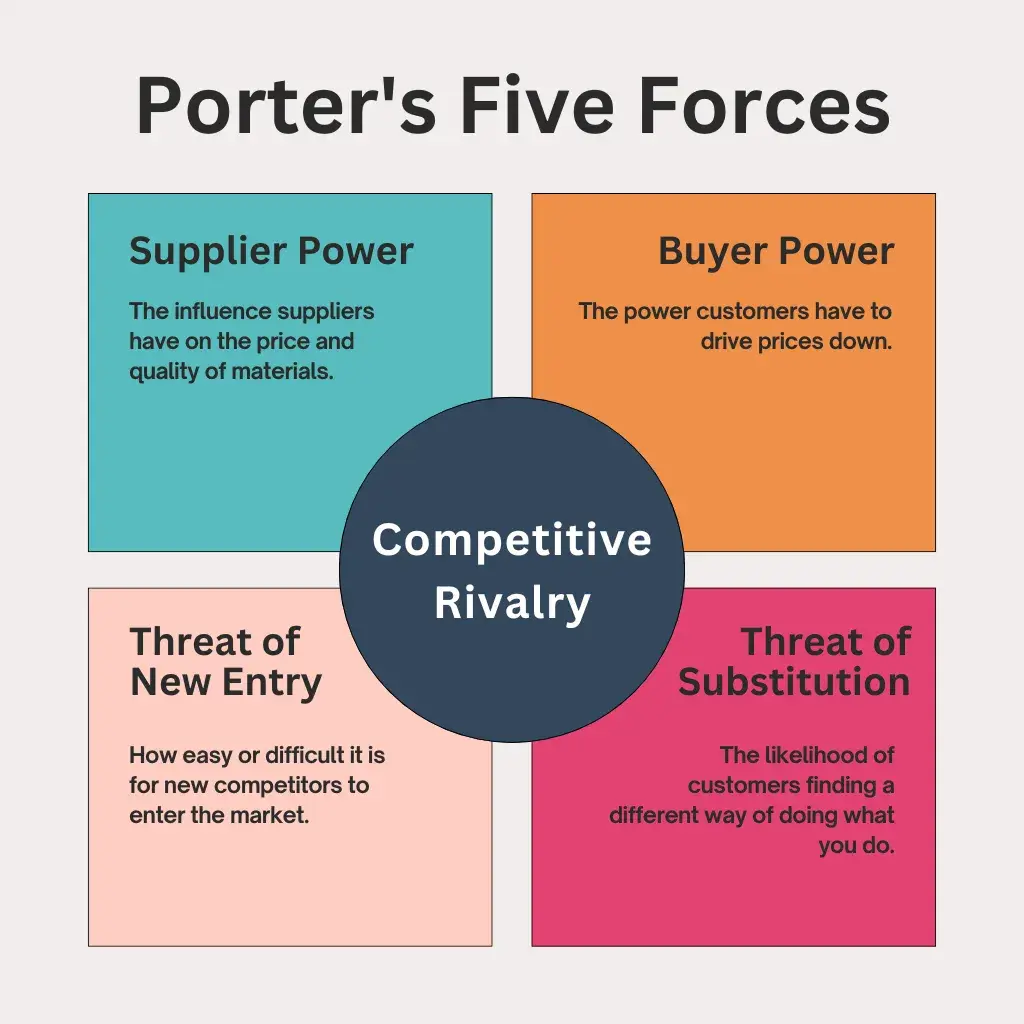
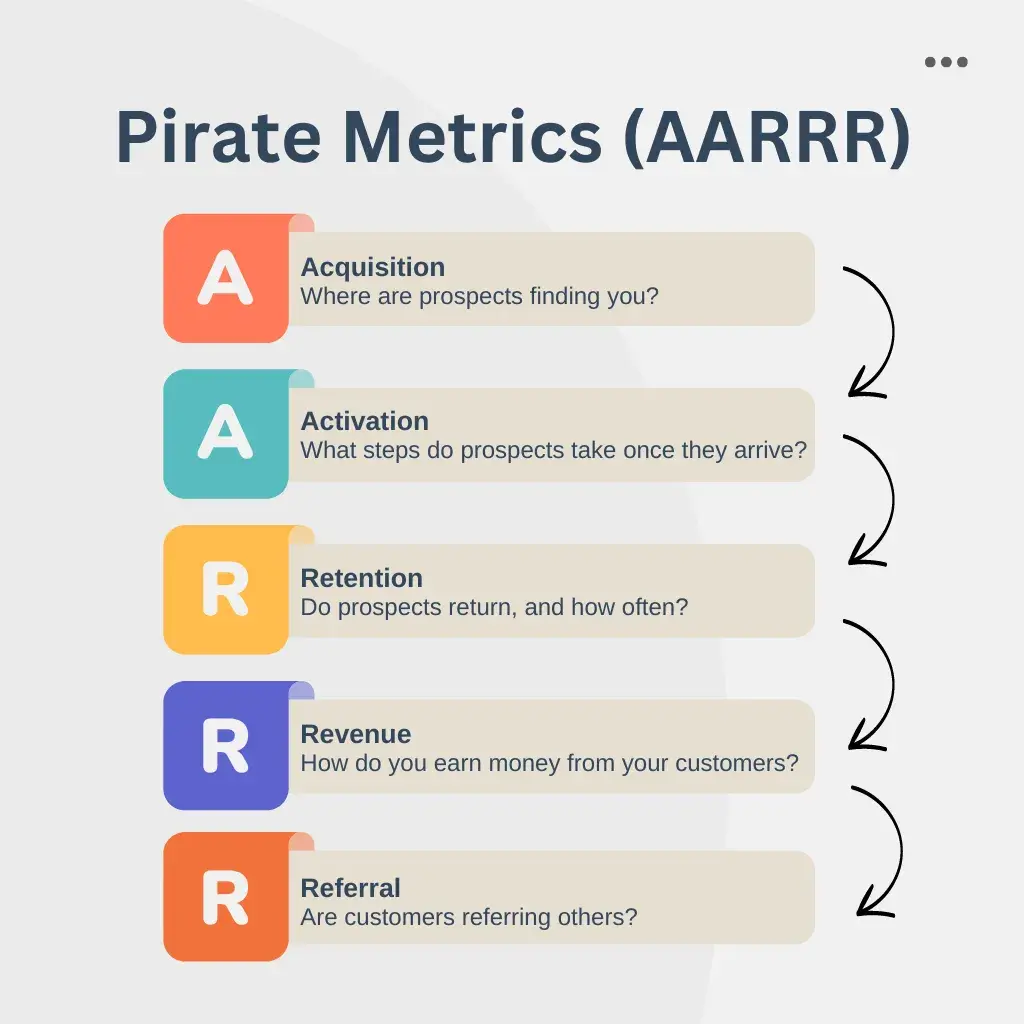
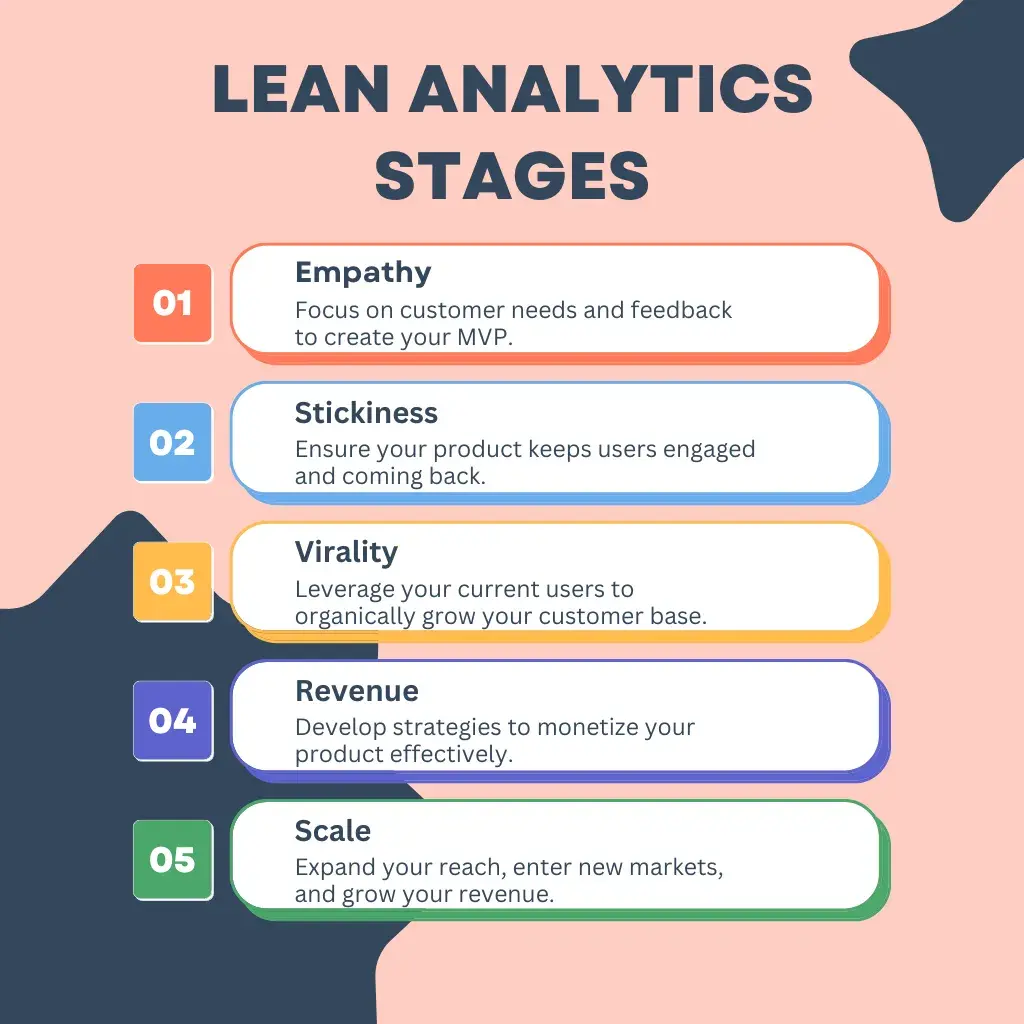
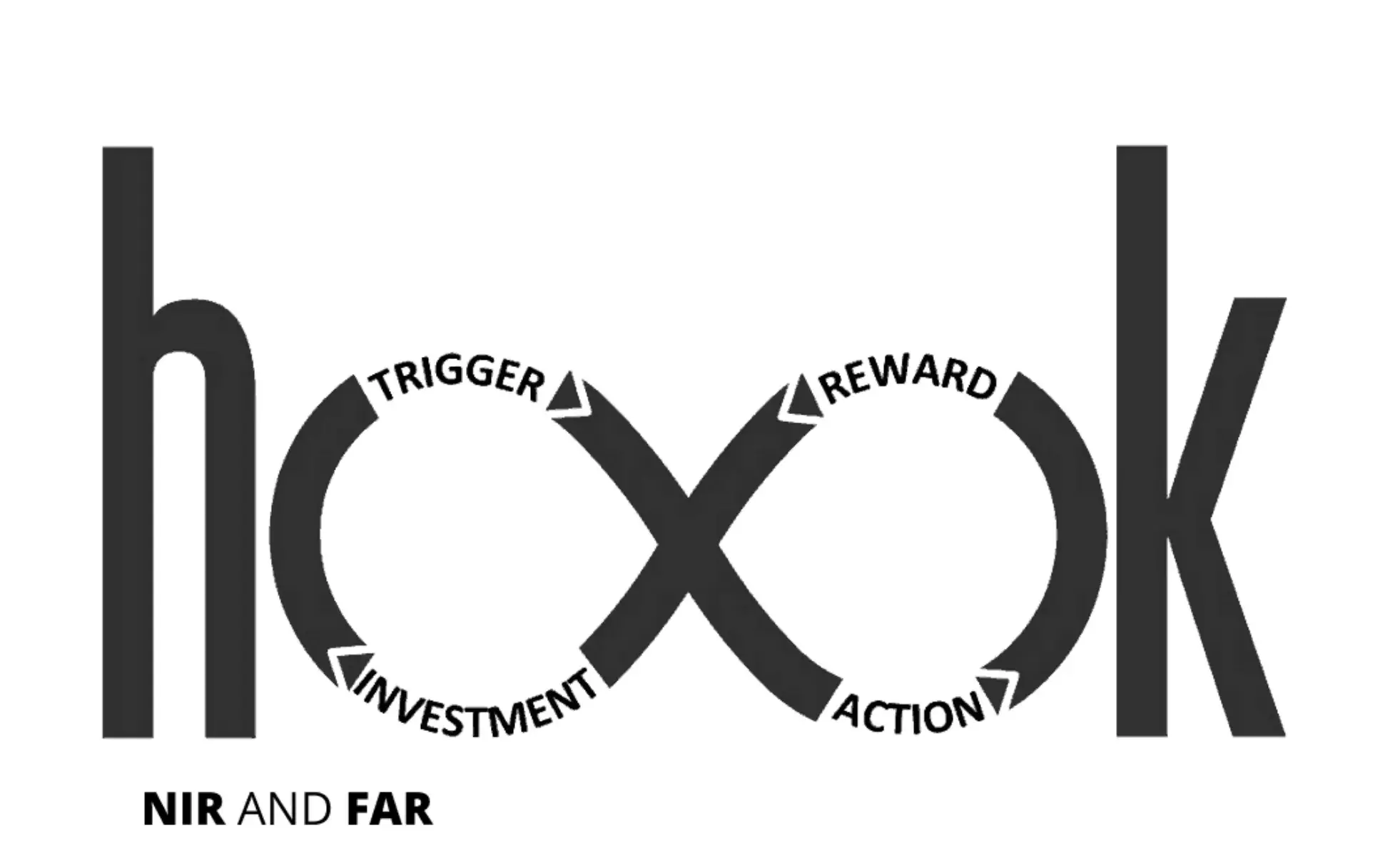
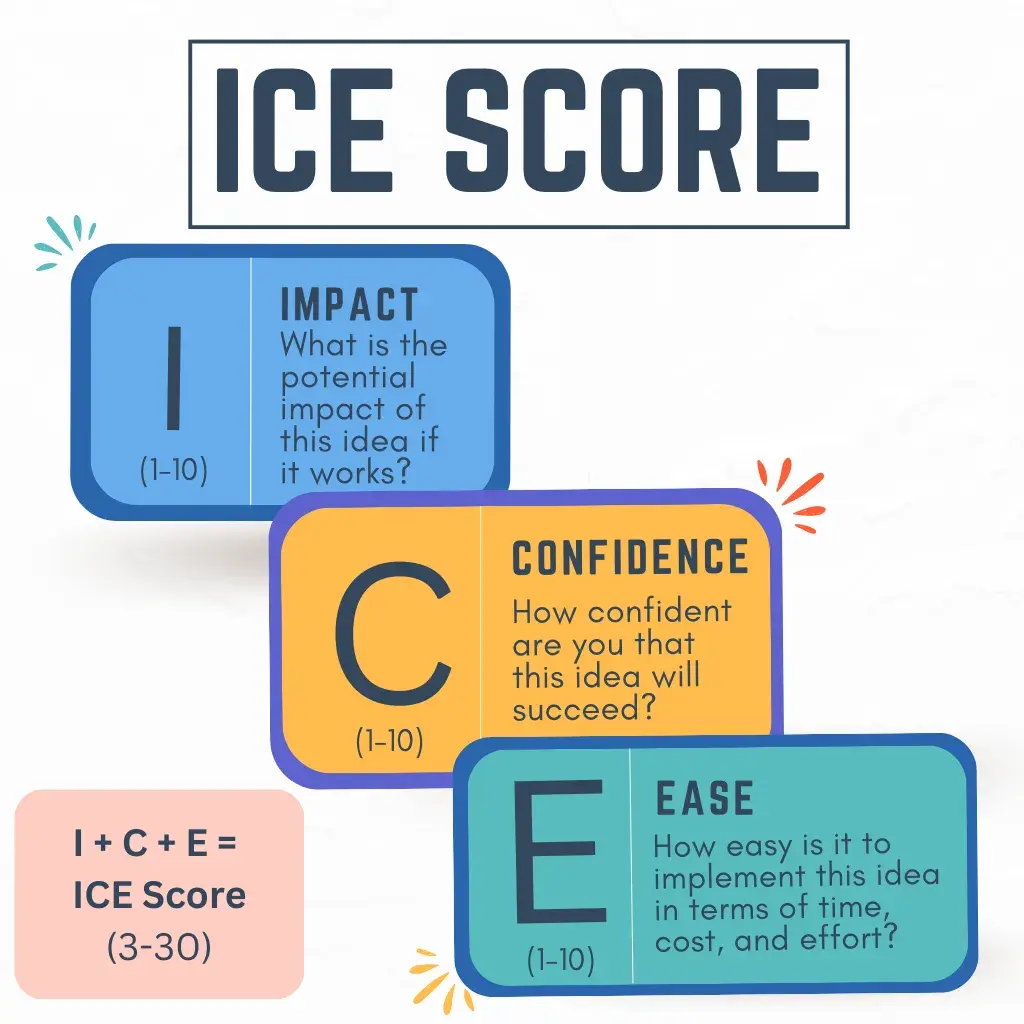
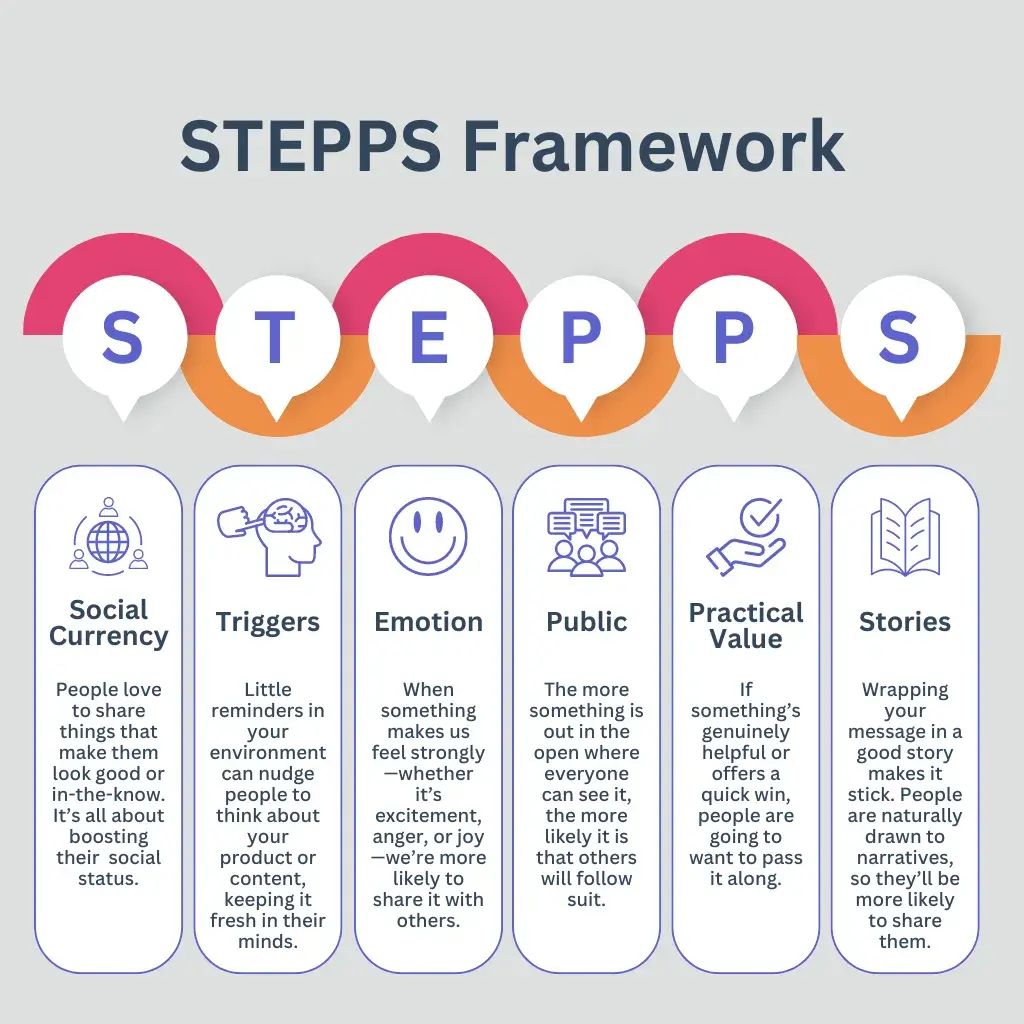
![→ Download Now: Free Product Marketing Kit [Free Templates]](https://no-cache.hubspot.com/cta/default/53/08b5e1f4-5d26-405b-b986-29c99bd0cb14.png)
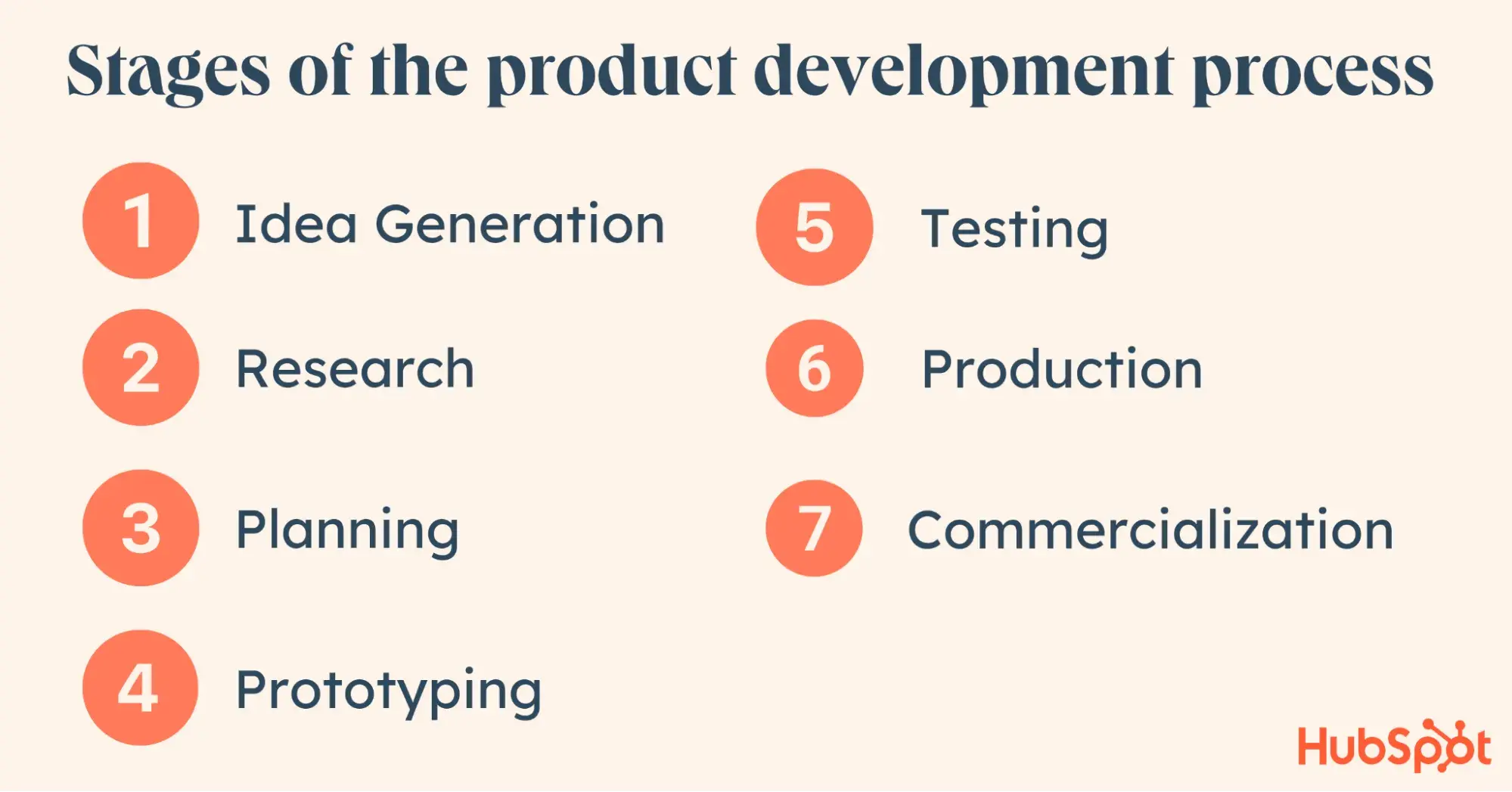
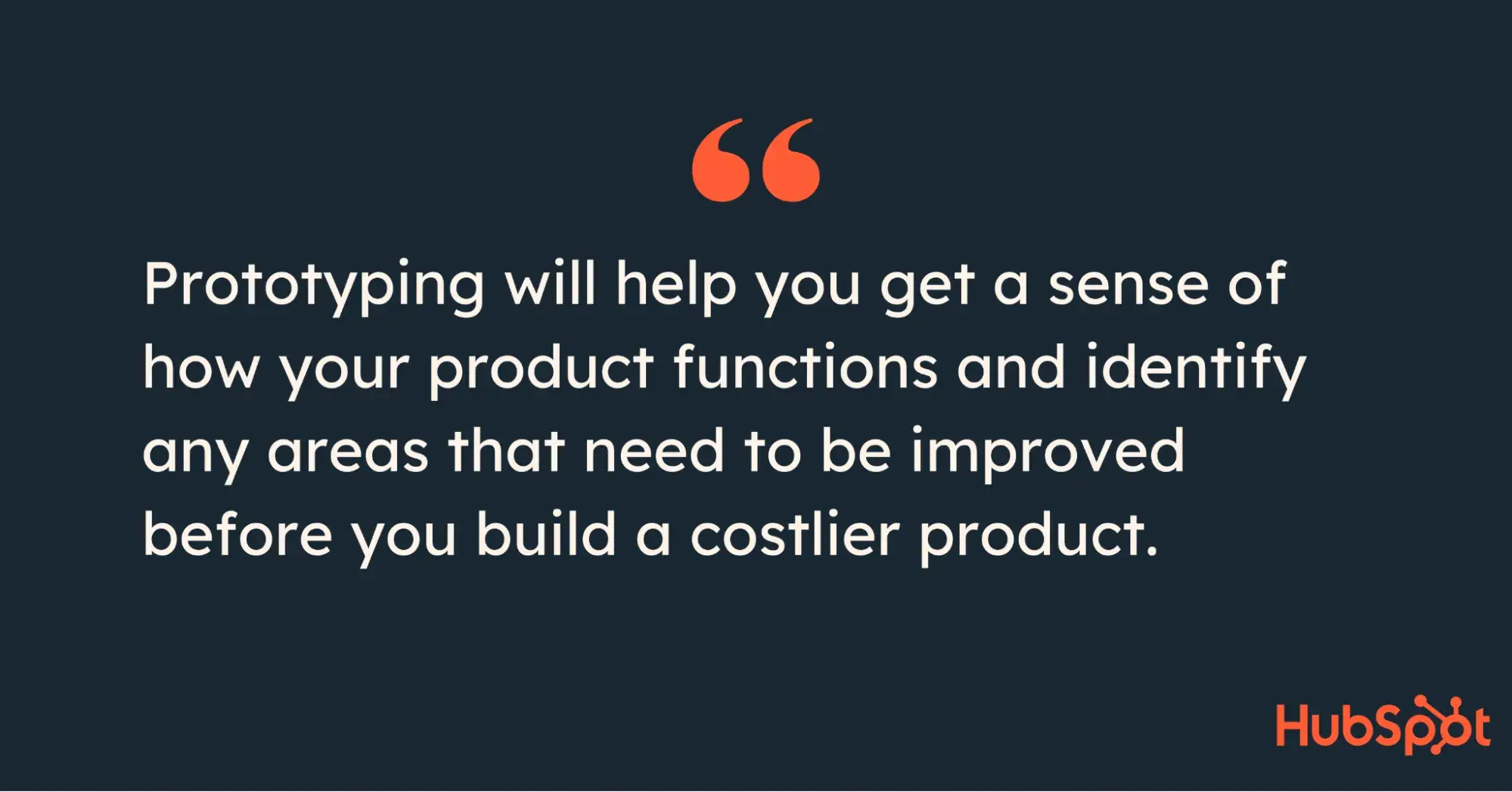



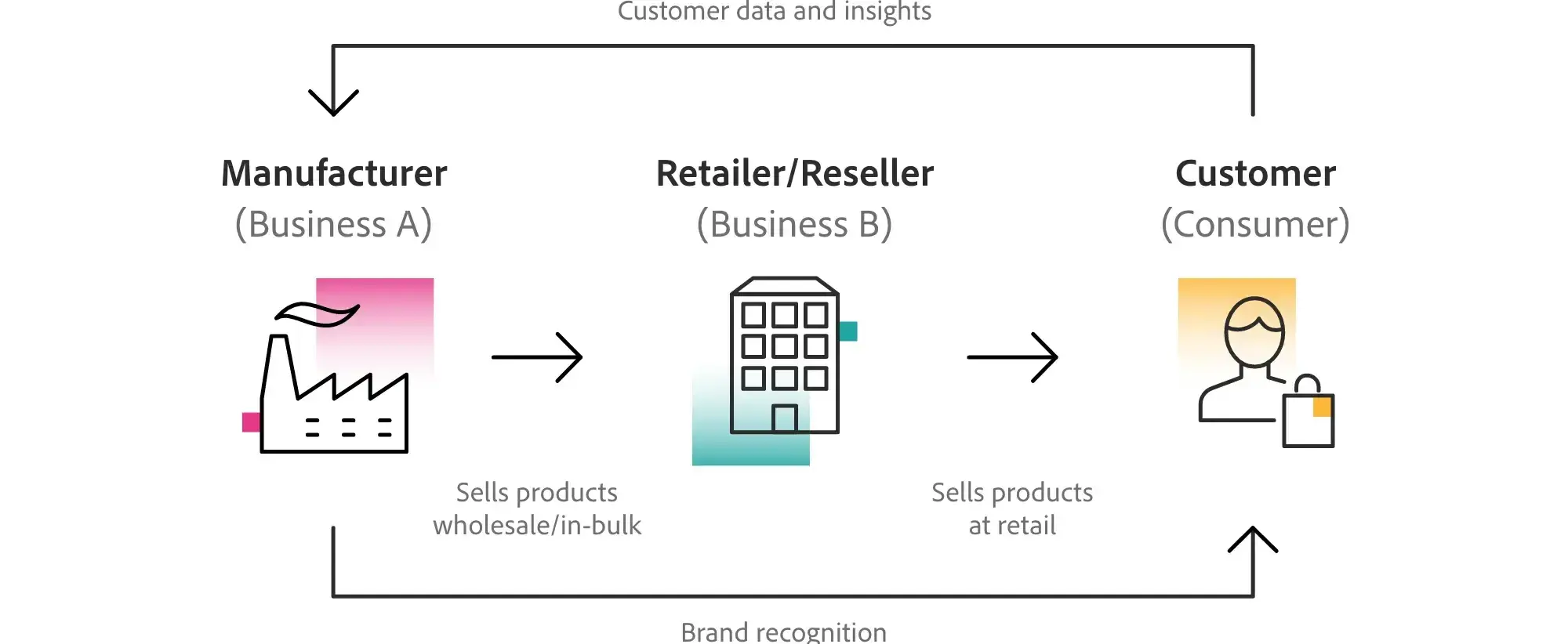

![Download Now: Event Planning Checklist [Free Download]](https://no-cache.hubspot.com/cta/default/53/41b0d638-6665-493a-8d8f-b1710e93d44b.png)

